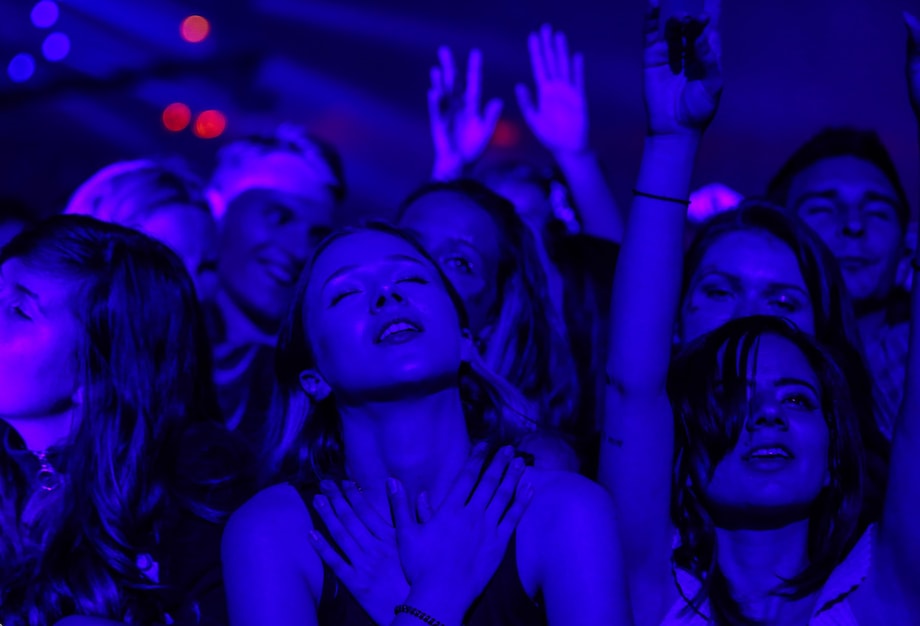Annē: la Techno come mezzo per infrangere i confini
In occasione della sua partecipazione a “We Are Not Alone pt.9” di Ellen Allien con la label Bpitch Berlin, abbiamo intervistato l’ artista greca Annē. Annē ha delineato con forza e talento la sua personale idea di Techno. Fin dai suoi inizi nella scena nel 2012, la dj di Salonicco ha saputo distinguersi grazie alla […] L'articolo Annē: la Techno come mezzo per infrangere i confini sembra essere il primo su Parkett.

In occasione della sua partecipazione a “We Are Not Alone pt.9” di Ellen Allien con la label Bpitch Berlin, abbiamo intervistato l’ artista greca Annē.
Annē ha delineato con forza e talento la sua personale idea di Techno. Fin dai suoi inizi nella scena nel 2012, la dj di Salonicco ha saputo distinguersi grazie alla sua reinterpretazione della Detroit Techno degli anni ’90 e dei primi anni ’00. Un patrimonio che ha preso come modello, ma che ha sapientemente reinventato e reso suo, in modo originalissimo, creando un suo tratto distintivo che potremo riconoscere ad occhi chiusi.
In tutti i suoi live, la dj sprigiona un’energia incredibile: techno ipnotica, bassline pulsanti e richiami anni ’90. Un esempio recentissimo è la Boiler Room di Varsavia, in cui ha fatto un live esperienziale di alto livello
In questi anni, Annē ha collaborato con diversi artisti: di particolare rilievo per la sua carriera e il suo percorso artistico, la collaborazione con Sera J in “Symbiosis” nel 2023 e “Symbiosis II” nel 2024. Oggi arriva un altro tassello importante per la sua carriera: la seconda release di “We Are Not Alone pt.9” la vede come protagonista insieme a Sarah Sommers e Gabby Diaz.
Per l’occasione, Annē ci ha raccontato cosa rappresenta per lei essere parte di questo progetto, sia dal punto di vista artistico che personale. Ma non solo: abbiamo anche scoperto di più sul suo percorso, sulle sue collaborazioni e visioni del panorama musicale.
Di seguito l’intervista completa:
Ciao Annē, è un piacere averti su Parkett! Come stai e come sta andando questo periodo?
Ciao! Grazie per avermi invitata, è un piacere essere qui. Sto benissimo! Questo periodo è stato intenso ma emozionante. Ho lavorato molto in studio, finendo nuova musica e preparandomi per i prossimi show. È una fase creativa stimolante per me e mi sto davvero godendo il processo!

Il 4 aprile vedremo la seconda release di “We Are Not Alone Pt. 9” di BPitch, a cui partecipi insieme a Sarah Sommers e Gabby Diaz. Cosa rappresenta per te questa uscita e qual è il tuo rapporto con la figura di Ellen Allien, che è indubbiamente una delle figure più importanti in termini di ispirazione nella scena Techno ?
Far parte di “We Are Not Alone Pt. 9” su BPitch Berlin è davvero speciale per me. Questa uscita rappresenta l’energia grezza e lo spirito underground che ci unisce come artisti. Ellen Allien è sempre stata una grande fonte di ispirazione. È una vera pioniera, che evolve continuamente il proprio stile e spinge i confini pur rimanendo autentica. La sua visione e dedizione alla scena sono incredibili, e far parte di un progetto sotto la sua ala è sia un onore che una motivazione per continuare a spingere in avanti. Ricordo di averla vista esibirsi ai rave nella mia città, e la ammiravo tantissimo. Ora, è quasi surreale pensare che sto rilasciando musica sulla sua etichetta leggendaria!
“We Are Not Alone” può anche essere inteso come un manifesto e una filosofia di vita. Come lo interpreti personalmente a livello musicale?
“We Are Not Alone” è più di un semplice titolo. È una dichiarazione che risuona profondamente per la comunità della musica elettronica underground. Per me, a livello musicale, rappresenta l’unità, la libertà e l’energia condivisa tra artisti e ravers. La techno è sempre stata incentrata sulla rottura dei confini e sulla creazione di uno spazio in cui le persone possano connettersi oltre le parole. Sia in studio che sulla pista da ballo, questo sentimento di coesione è ciò che mi spinge. Si tratta di sapere che, ovunque siamo nel mondo, siamo tutti connessi attraverso il suono e il ritmo.
Hai collaborato con Sera J in “Symbiosis” nel 2023 e “Symbiosis II” nel 2024, creando un’armonia in cui entrambi avevate il giusto spazio. Come avete creato questi album? Pensi che ci sia stata contaminazione dei suoni, in entrambe le direzioni?
Lavorare con Sera J su questi due progetti è stato un processo naturale e ispirante. Fin dall’inizio, il nostro obiettivo era creare qualcosa che rappresentasse veramente entrambi. Due energie diverse che si fondono in una sola, dando comunque spazio all’altro per brillare. Il nome ‘Symbiosis’ riflette perfettamente questo equilibrio. Quando creiamo, si tratta di un flusso. Scambiamo idee, costruiamo sui suoni dell’altro e sperimentiamo liberamente. C’è sicuramente un’influenza reciproca mentre i nostri stili si completano a vicenda e si possono sentire elementi dei nostri approcci individuali che si fondono in qualcosa di nuovo. Non si tratta di un compromesso, ma piuttosto di valorizzare ciò che ciascuno di noi porta al tavolo. È questo che rende la collaborazione così speciale.

Annē, i tuoi brani sono pieni di riferimenti a Detroit e ai suoni degli anni ’90, ma reinventandoli. Quando hai avuto il tuo primo approccio con queste vibrazioni e con questo sound? E come pensi che la tradizione possa essere interpretata in modo contemporaneo oggi?
I suoni di Detroit e degli anni ’90 sono sempre stati una grande fonte di ispirazione per me. L’energia grezza, il groove e l’autenticità della techno e dell’house di quell’epoca risuonano profondamente dentro di me. Ricordo di aver scoperto questo sound all’inizio del mio percorso come DJ e producer, e mi sono subito sembrati casa, pur essendo senza tempo e pieni di vita. Per me, la tradizione non riguarda la replica; si tratta di evoluzione. L’essenza della techno di Detroit e degli anni ’90 può ancora essere percepita oggi, ma è importante reinterpretarla attraverso una lente moderna.
Abbiamo nuovi strumenti, nuove influenze e un panorama culturale diverso, quindi la sfida è prendere quella base e portarla avanti nel tempo, mantenendo intatta l’anima. Si tratta di rispettare le radici trovando modi freschi per esprimerle.
Sei cresciuta a Salonicco, una comunità locale che mi piacerebbe conoscere di più. Come pensi che la scena locale possa sopravvivere in un ambiente musicale sempre più globalizzato?
Salonicco ha sempre avuto una fantastica scena underground, con artisti appassionati e ravers dedicati che mantengono viva la scena. Crescere lì ha sicuramente plasmato la mia identità musicale, ma come molte scene locali, affronta delle sfide in un’industria sempre più globalizzata.
Per una scena locale per sopravvivere e prosperare, c’è bisogno di un equilibrio tra l’abbracciare le influenze globali e mantenere la propria identità. È importante supportare i talenti locali, investire in eventi unici e creare spazi in cui gli artisti possano crescere senza bisogno di sempre validazione dall’esterno. Allo stesso tempo, le connessioni internazionali possono aiutare a portare visibilità e opportunità.
La cosa più importante è lavorare di più per creare una comunità sicura e inclusiva, dove tutti si sentano uniti e rispettati. Una scena può crescere solo quando le persone si supportano a vicenda, sia sulla pista da ballo che fuori. Quando c’è una vera collaborazione e una visione condivisa, sia da parte dei promoter, degli artisti che dei ravers, si crea qualcosa di autentico e sostenibile, indipendentemente da quanto l’industria evolva. Credo che ci sia un futuro brillante per Salonicco se cambiamo la nostra mentalità e iniziamo a supportarci veramente a vicenda e a valorizzare i nostri sforzi.

Se potessi cambiare qualcosa della scena musicale di oggi che proprio non ti piace, cosa sarebbe e come vorresti che venisse migliorato questo aspetto?
Una cosa che mi piacerebbe cambiare nella scena musicale di oggi è l’attenzione crescente sulle metriche dei social media rispetto alla sostanza musicale vera e propria. A volte sembra che gli artisti vengano giudicati più dalla loro presenza online che dalla loro musica o performance.
Nonostante i social media siano uno strumento fantastico per connettersi con il pubblico, possono anche creare pressioni inutili, spostando l’attenzione dalla creatività. Mi piacerebbe vedere l’industria dare più valore all’arte, all’originalità e alle connessioni vere. I promoter, le etichette e il pubblico dovrebbero dare priorità alla qualità piuttosto che all’hype, dando spazio a quegli artisti che spingono i confini invece di seguire semplicemente le tendenze.
Un’enfasi più forte sulla musica stessa attraverso eventi ben curati, piattaforme di supporto e collaborazioni significative restituirebbe un po’ dell’autenticità che ha reso la musica elettronica così potente in primo luogo.
Ultima domanda, cosa speri per il tuo futuro musicale?
Per il mio futuro musicale, spero di continuare a evolvermi e sperimentare, pur rimanendo fedele alle mie radici. Voglio continuare a creare musica significativa che connetta le persone a un livello profondo, spingendo anche i confini e esplorando nuovi territori sonori.
Oltre a questo, spero di costruire connessioni ancora più forti con la comunità globale, sia come artista che come collaboratrice. C’è ancora tanto da scoprire e condividere, e sono entusiasta di vedere dove mi porterà il mio viaggio. In ultima analisi, voglio contribuire a una legacy duratura di suono, unità e ispirazione, e aiutare a creare uno spazio in cui la musica venga sempre prima di tutto.
ENGLISH VERSION
Techno as a way of breaking boundaries: interview with Annē
On the occasion of her involvement on “We Are Not Alone pt.9” by Ellen Allien with the label Bpitch, we interviewed the Greek artist Annē.
Annē has outlined with strength and talent her personal idea of Techno. Since her debut on the scene in 2012, the Thessaloniki-born DJ has set herself apart with her unique reinterpretation of 90s and early 2000s Detroit Techno. While she has taken this legacy as a model, she has masterfully reimagined it, making it unmistakably her own in an exceptionally original way—crafting a signature sound so distinctive that one could recognize it with eyes closed.
In all of her live performances, the DJ exudes incredible energy: hypnotic techno, pulsating basslines and ’90s references. A very recent example is her Boiler Room set in Warsaw, where she delivered a high-level experiential live performance.
Over the years, Annē has collaborated with various artists, with her work alongside Sera J standing out as a key milestone in her artistic journey—particularly “Symbiosis” in 2023 and “Symbiosis II” in 2024. Today marks another significant step in her career: the second release of “We Are Not Alone Pt.9” sees her take center stage alongside Sarah Sommers and Gabby Diaz.
For the occasion, Annē shared with us what being part of this project means to her, both artistically and personally. But that’s not all—we also delved into her journey, her collaborations, and her vision of the music landscape.
Below you can find the full interview:
Hi Annē, it’s such a pleasure to Have you on Parkett! How are you and how is this period going?
Hi! Thank you for having me, it’s a pleasure to be here. I’m doing great! This period has been intense but exciting. I’ve been working a lot in the studio, finishing new music, and preparing for upcoming shows. It’s a creative phase for me, and I’m really enjoying the process!
On April 4th we will see the second release of “We Are Not Alone Pt. 9” of BPitch, in which you’re involved with Sarah Sommers and Gabby Diaz. What does this release represent for you and what is your relationship with the figure of Ellen Allien who is undoubtedly one of the most important in terms of inspiration?
Being part of “We Are Not Alone Pt. 9” on BPitch is truly special for me. This release represents the raw energy and underground spirit that unites us as artists.
Ellen Allien has always been a huge inspiration. She’s a true pioneer, constantly evolving and pushing boundaries while staying authentic. Her vision and dedication to the scene are incredible, and being part of a project under her wing is both an honor and a motivation to keep pushing forward. I remember seeing her perform at the raves in my city back then, and I admired her so much. Now, it’s almost surreal to think that I’m releasing music on her legendary label!
“We are Not Alone” can also be understood as a manifesto and a philosophy of life. How do you personally interpret it on a musical level?
“We Are Not Alone” is more than just a title. It’s a statement that resonates deeply with the underground electronic music community.
For me, on a musical level, it represents unity, freedom, and the shared energy between artists and ravers. Techno has always been about breaking boundaries and creating a space where people can connect beyond words. Whether in the studio or on the dancefloor, this feeling of togetherness is what drives me. It’s about knowing that no matter where we are in the world, we are all connected through sound and rhythm.
You have worked with Sera J, in “Symbiosis” in 2023 and “Symbiosis II” in 2024 and you created a harmony, in which both had the proper space. How did you create these albums? Do you think there was contamination of sounds, in both ways?
Working with Sera J on those two projects has been a natural and inspiring process. From the beginning, our goal was to create something that truly represented both of us. Two different energies blending into one, while still giving each other space to shine. The name “Symbiosis” perfectly reflects that balance.
When we create, it’s all about flow. We exchange ideas, build on each other’s sounds, and experiment freely. There’s definitely a mutual influence happening while our styles complement each other, and you can hear elements of our individual approaches merging into something fresh. It’s not about compromising but rather enhancing what each of us brings to the table. That’s what makes the collaboration so special.
Annē, your tracks are full of references to Detroit and ’90 sounds but reinventing them. When did you find the first inspiration with these vibes and sounds? And how do you think tradition can be conceived in a contemporary way today?
The sounds of Detroit and the ‘90s have always been a huge source of inspiration for me. The raw energy, the groove, and the authenticity of that era’s techno and house music resonate deeply with me. I remember discovering these sounds early in my journey as a DJ and producer, and they immediately felt like home while timeless yet full of life.
For me, tradition isn’t about replication; it’s about evolution. The essence of Detroit and ‘90s techno can still be felt today, but it’s important to reinterpret it through a modern lens. We have new tools, new influences, and a different cultural landscape, so the challenge is to take that foundation and push it forward while keeping the soul intact. It’s about respecting the roots while finding fresh ways to express them.
You grew up in Thessaloniki, a local community I would definitely like to know more about. How do you think the local scene can survive in an increasingly globalized music environment?
Thessaloniki has always had a cool underground energy, with passionate artists and dedicated ravers keeping the scene alive. Growing up there shaped my musical identity, for sure, but like many local scenes, it faces challenges in an increasingly globalized industry.
For a local scene to survive and thrive, there needs to be a balance between embracing global influences and maintaining its own identity. It’s important to support local talents, invest in unique events, and create spaces where artists can grow without always needing validation from outside. At the same time, international connections can help bring exposure and opportunities.
Most importantly, we need to work more on creating a safe and inclusive community where everyone feels united and respected. A scene can only grow when people support each other, both on and off the dance floor. When there’s real collaboration and a shared vision, whether from promoters, artists, or ravers, it creates something authentic and sustainable, no matter how much the industry evolves. I believe there is a bright future for Thessaloniki if we change our mindset and start to truly support each other and value our efforts.
If you could change something about today’s music scene that you’re absolutely not happy with, what would it be and how would you like to see this aspect improved?
One thing I’d like to change about today’s music scene is the increasing focus on social media metrics over actual musical substance. It sometimes feels like artists are judged more by their online presence than by their music or performances. While social media is a great tool for connecting with audiences, it can also create unnecessary pressure, shifting the focus away from creativity.
I’d love to see the industry place more value on artistry, originality, and real connections. Promoters, labels, and audiences should prioritize quality over hype, giving space to artists who push boundaries rather than just following trends. A stronger emphasis on music itself through well-curated events, supportive platforms, and meaningful collaborations would bring back some of the authenticity that made electronic music so powerful in the first place.
Last question, what do you hope for your musical future?
For my musical future, I hope to continue evolving and experimenting while staying true to my roots. I want to keep creating meaningful music that connects with people on a deep level, while also pushing boundaries and exploring new sonic territories. Beyond that, I hope to build even stronger connections with the global community, both as an artist and as a collaborator. There’s so much more to discover and share, and I’m excited to see where my journey will take me. Ultimately, I want to contribute to a lasting legacy of sound, unity, and inspiration, and to help create a space where the music always comes first.
L'articolo Annē: la Techno come mezzo per infrangere i confini sembra essere il primo su Parkett.
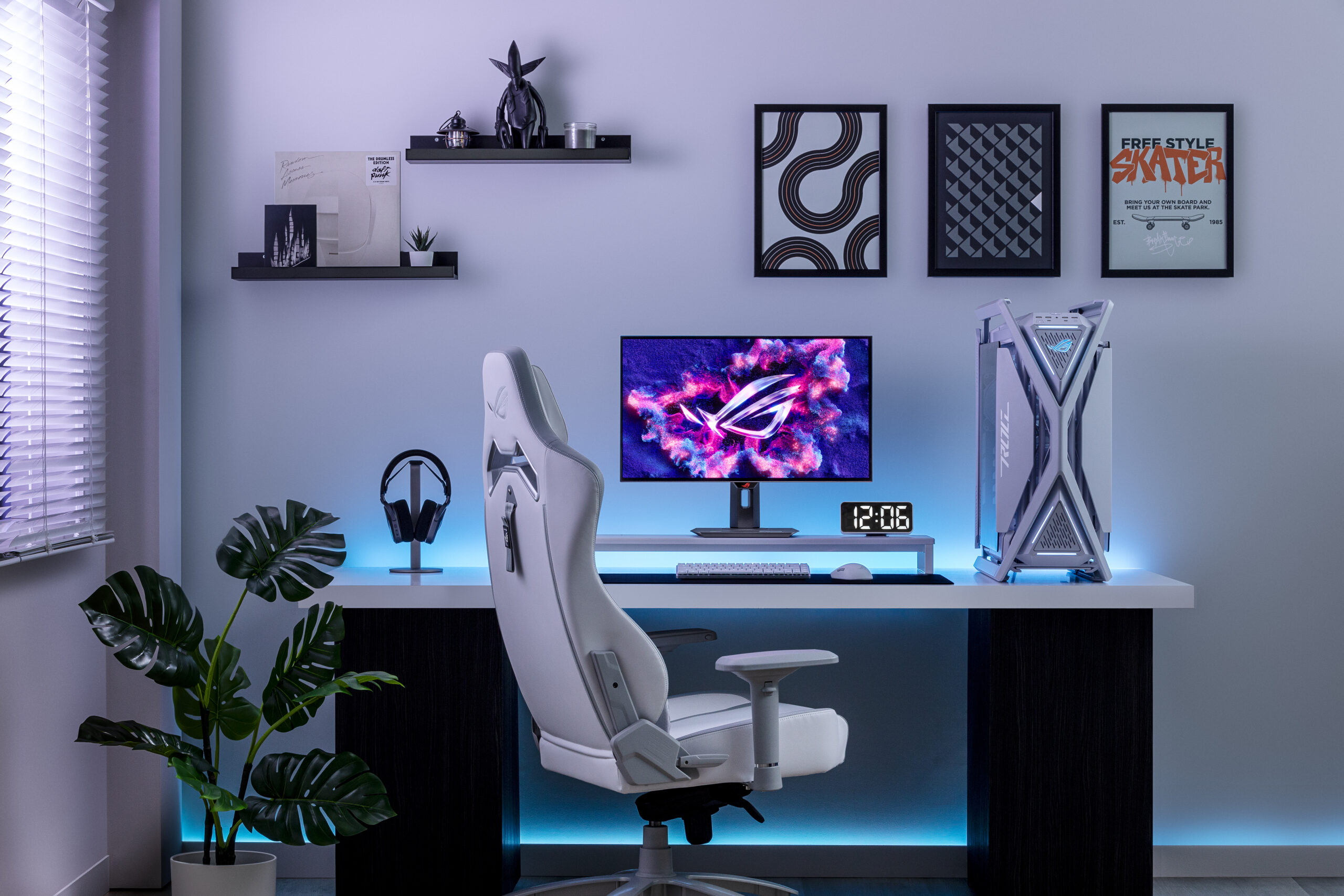
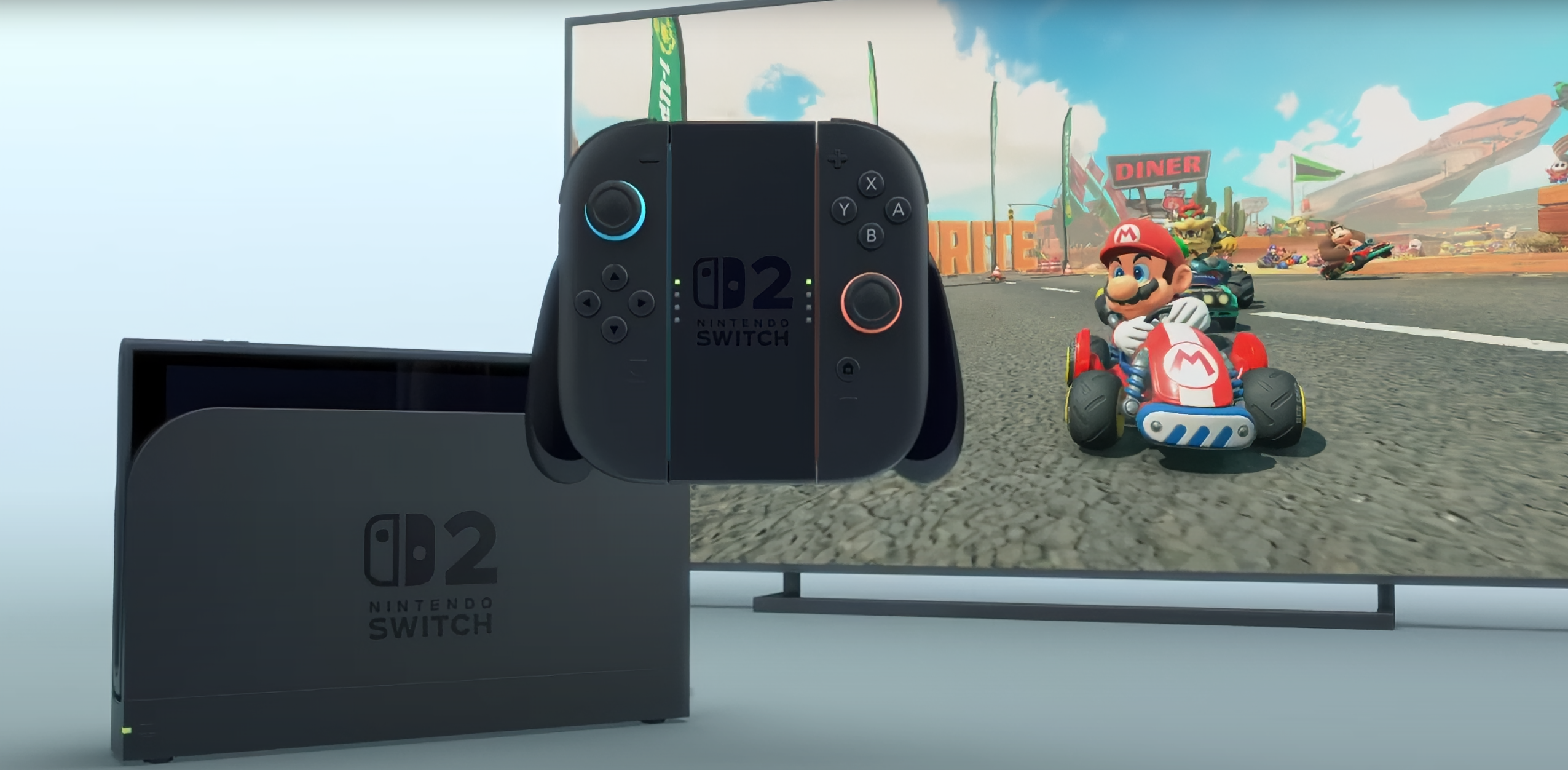
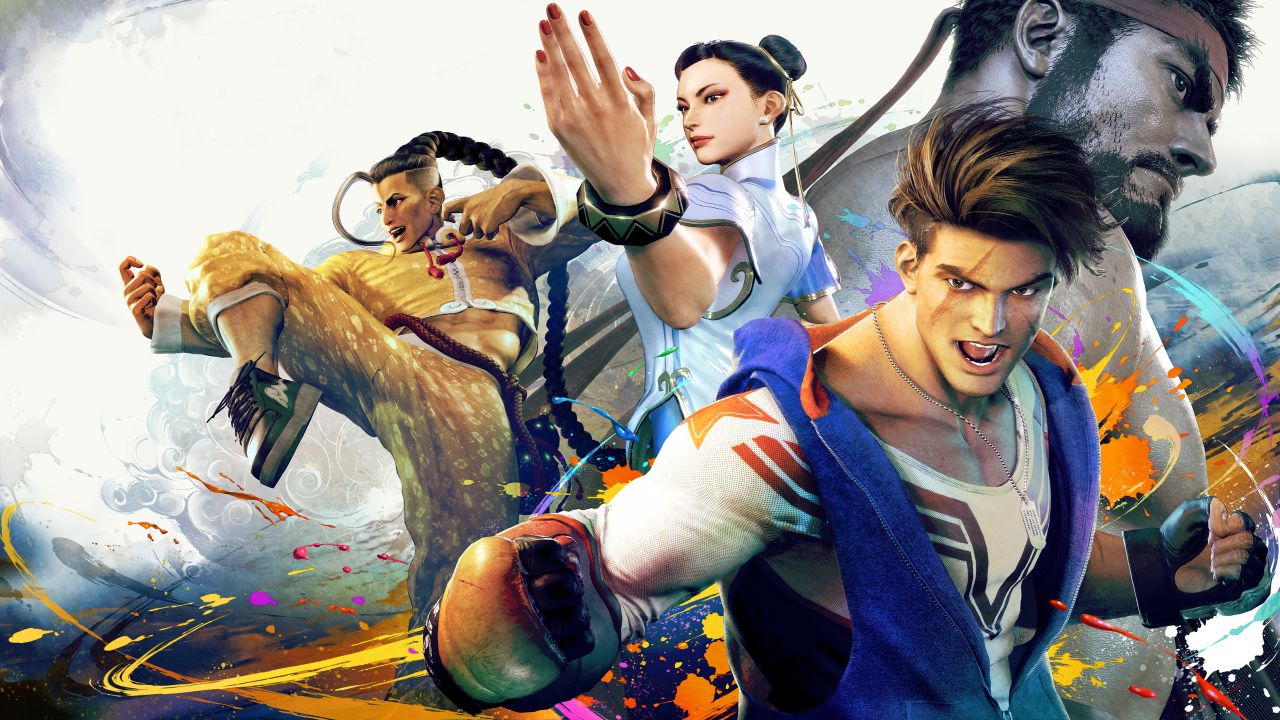
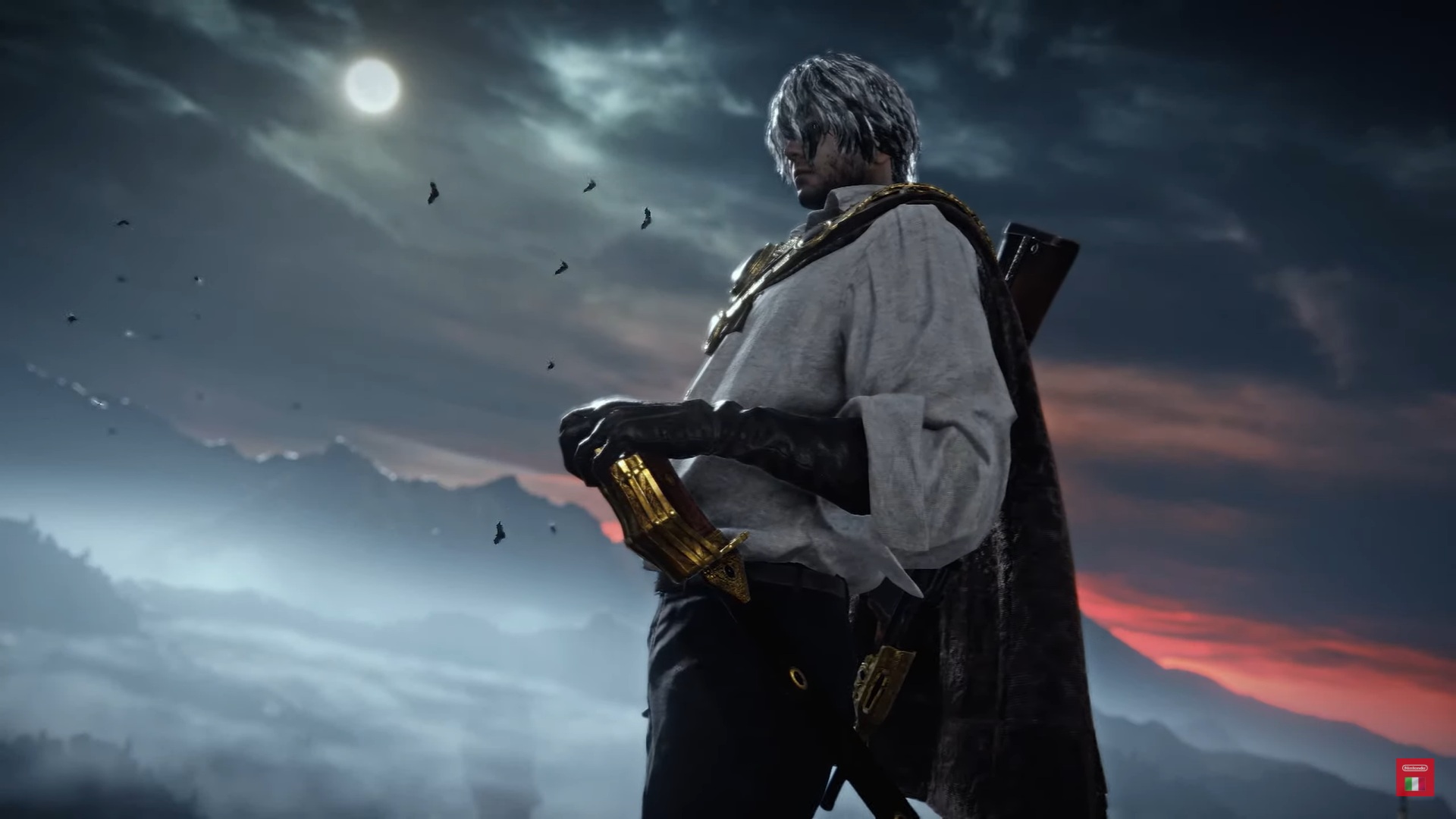
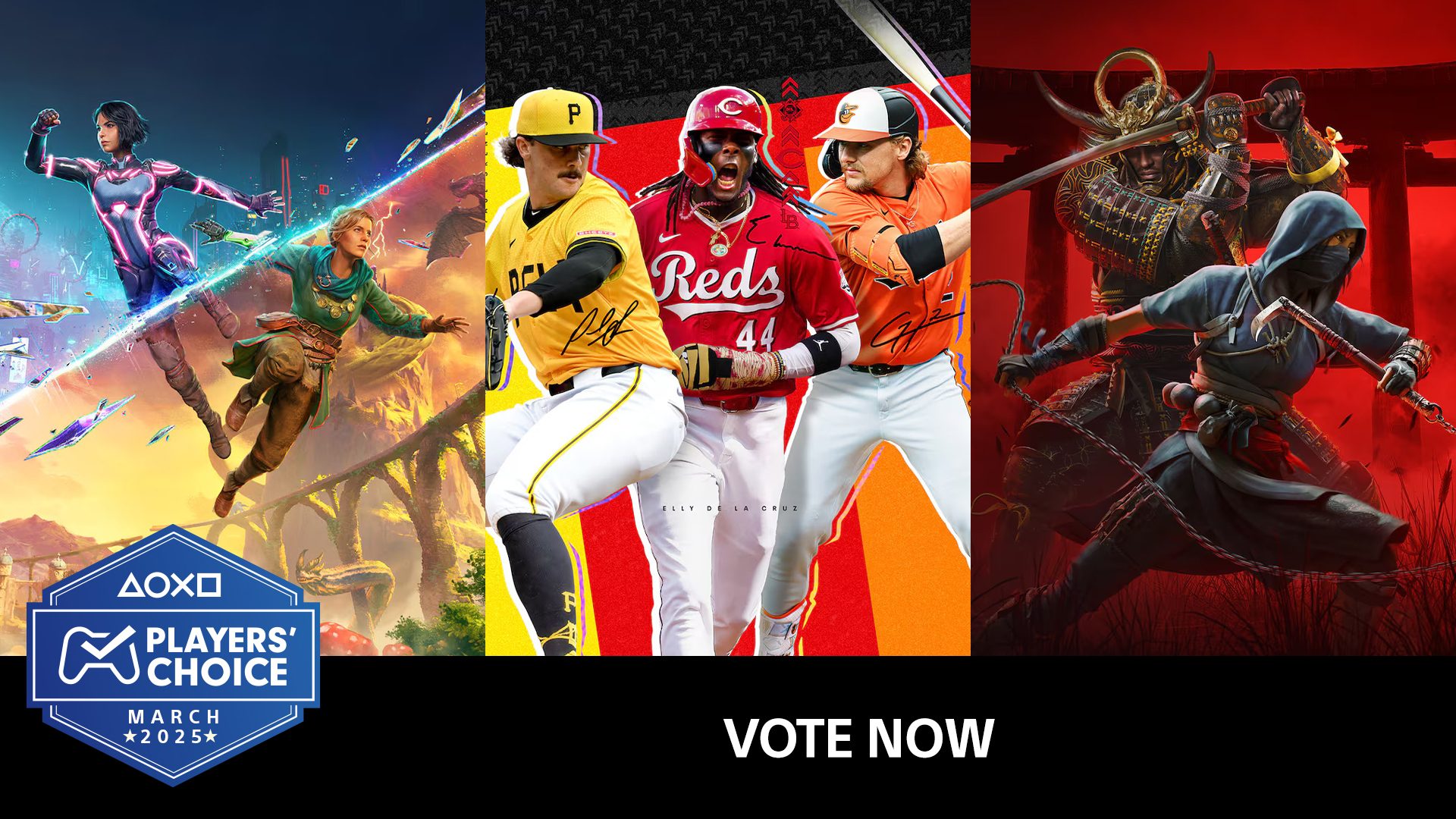

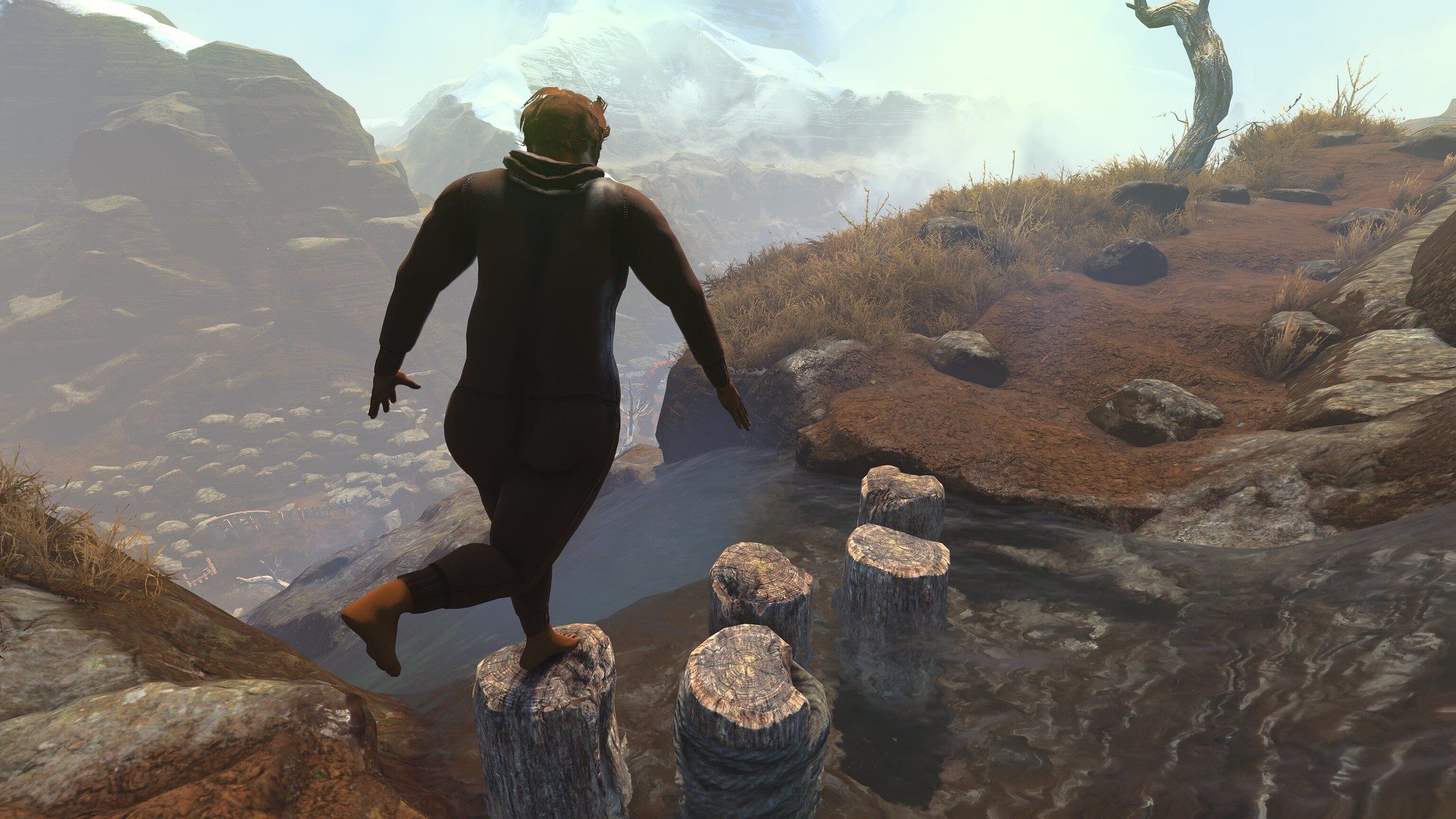
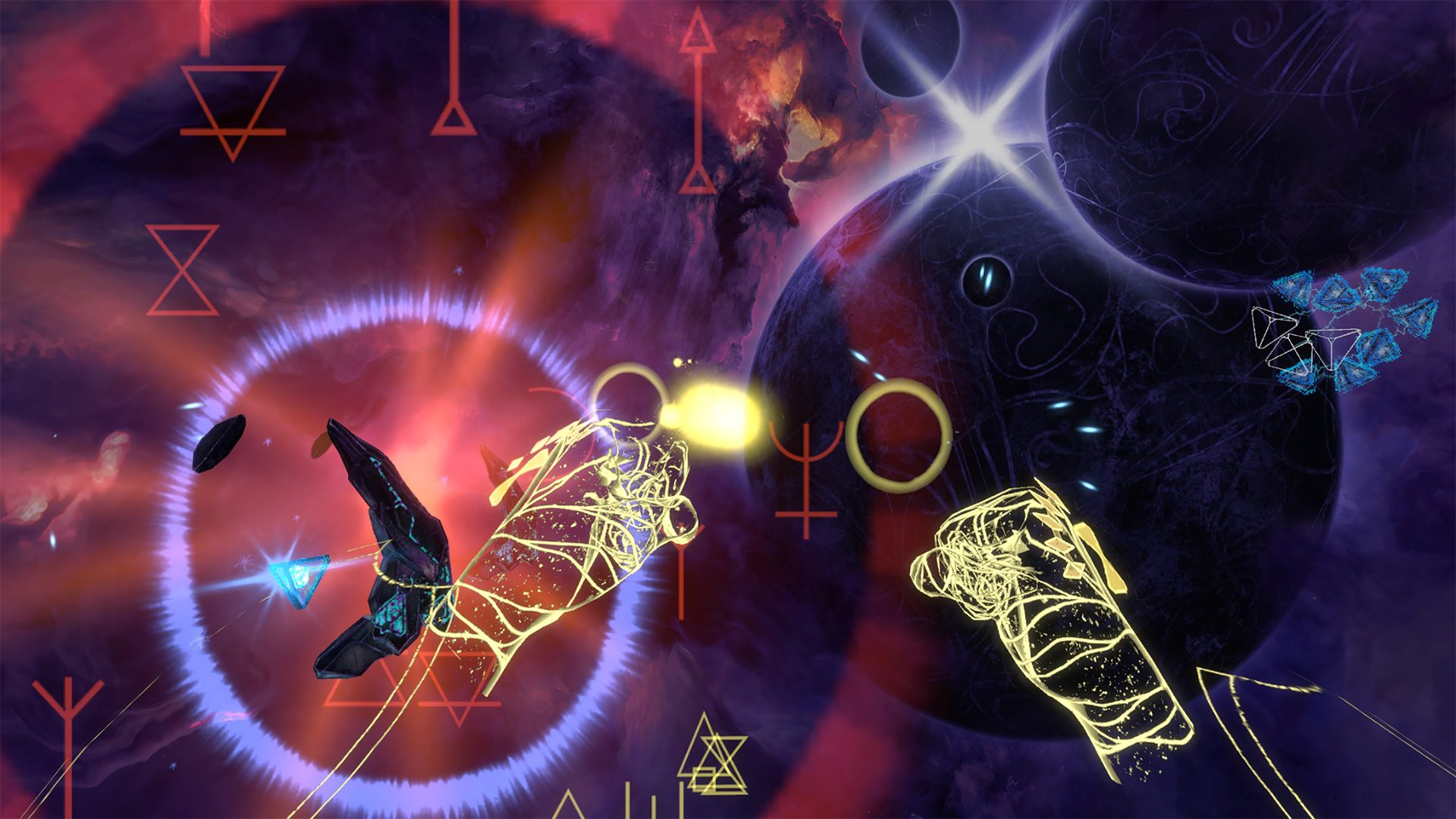





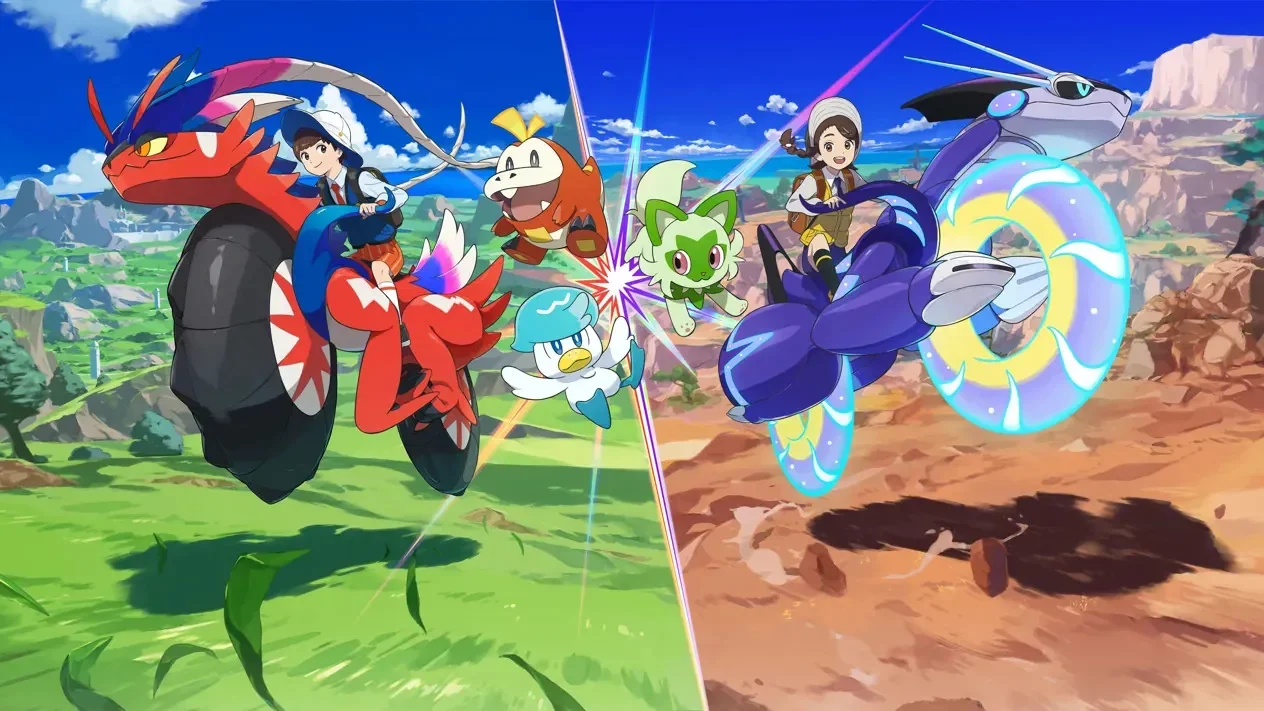
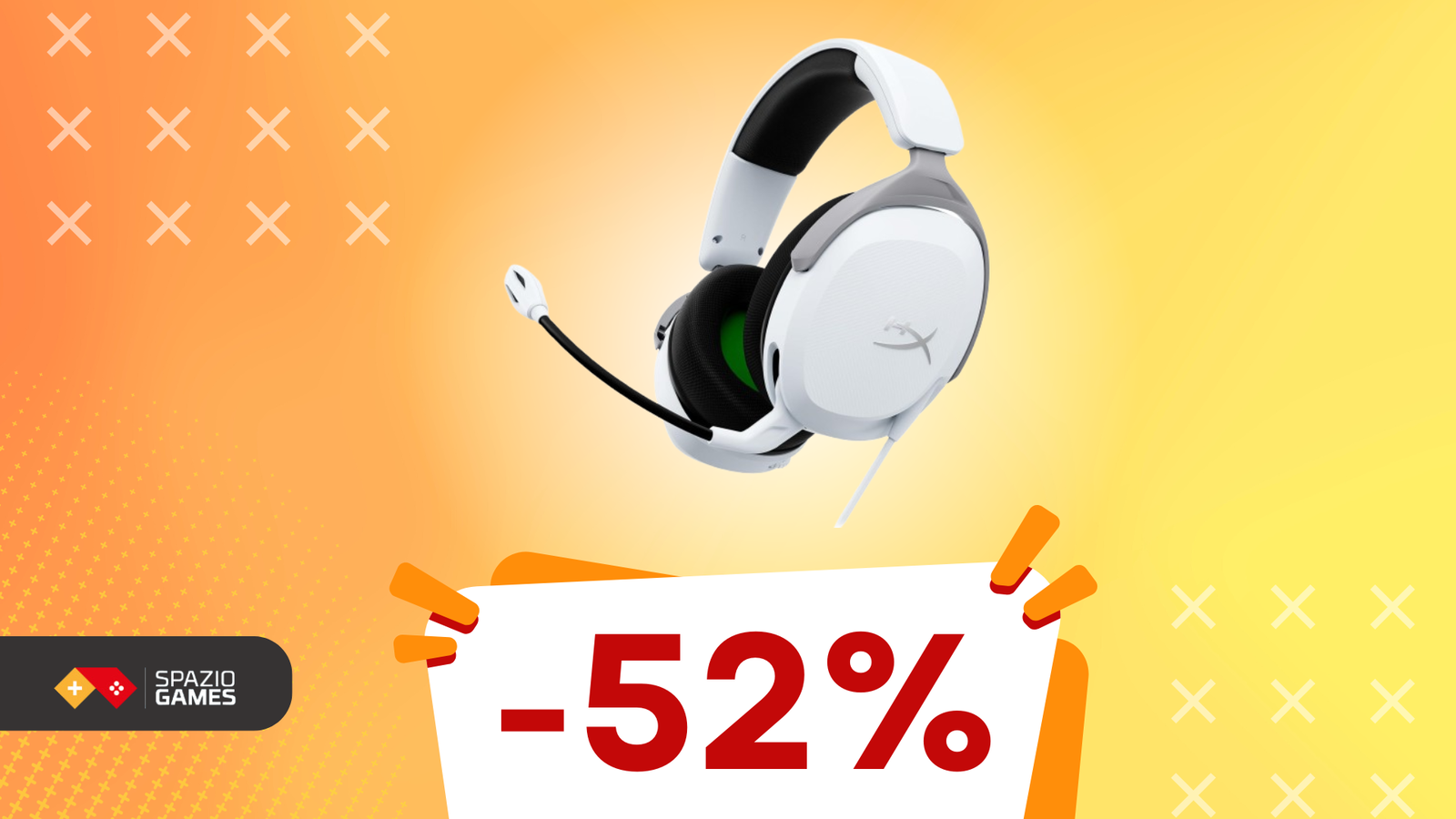
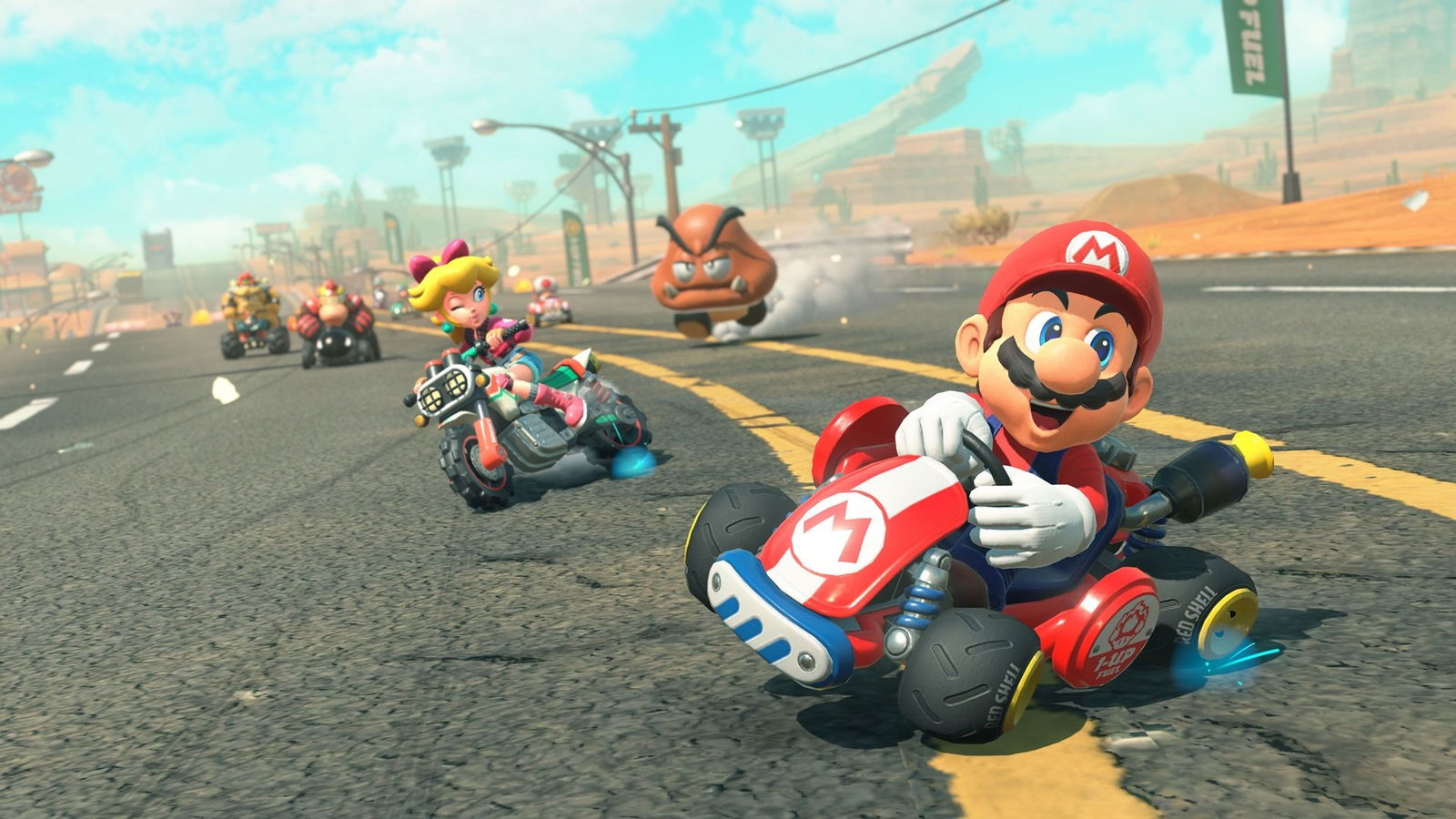
.jpg)



















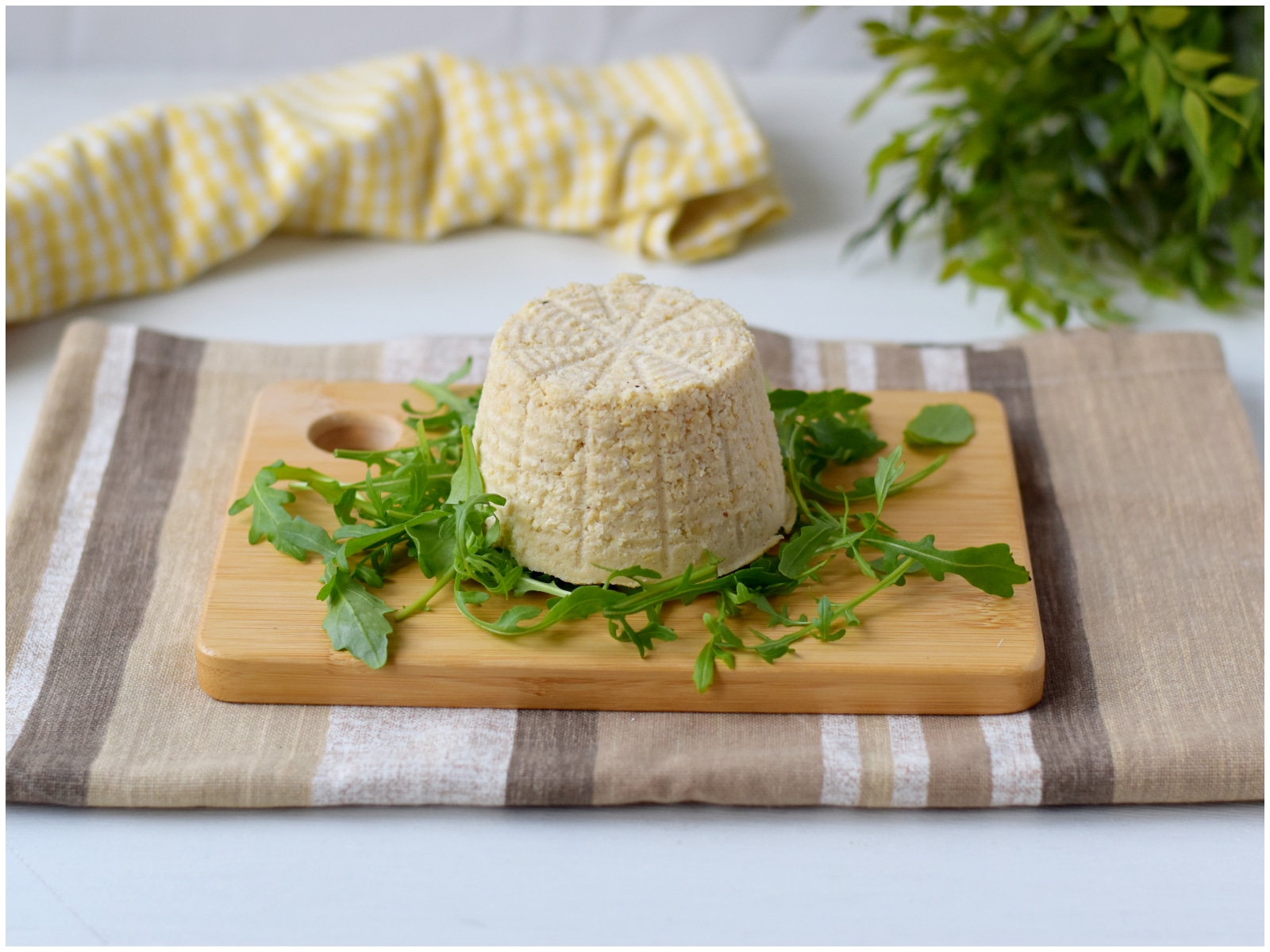











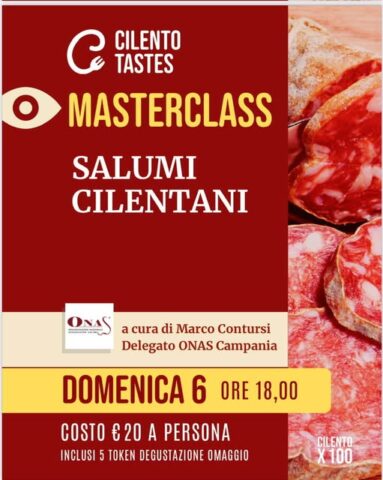
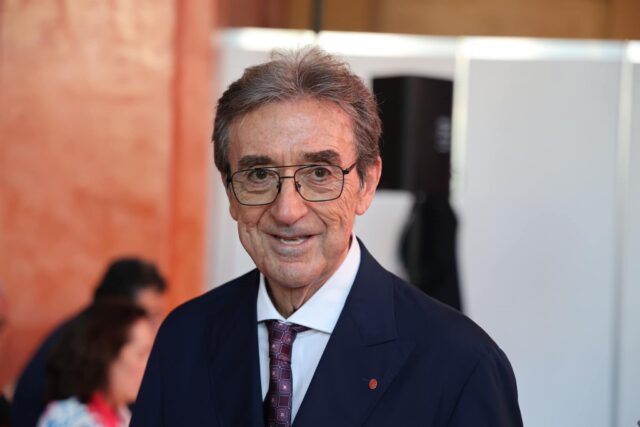
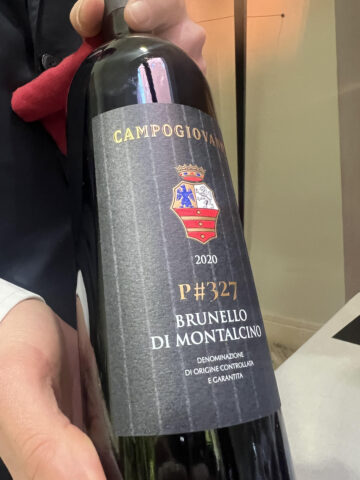


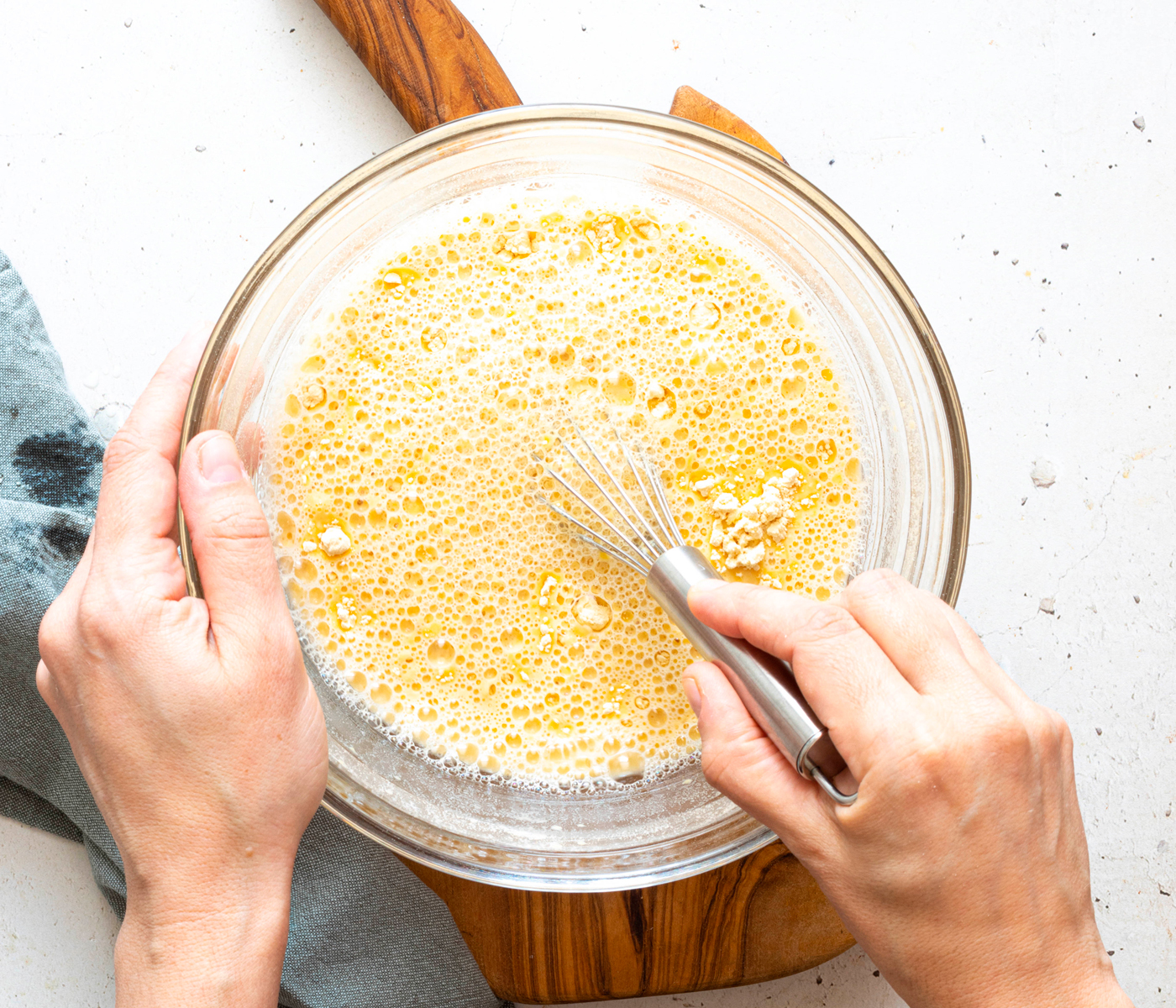

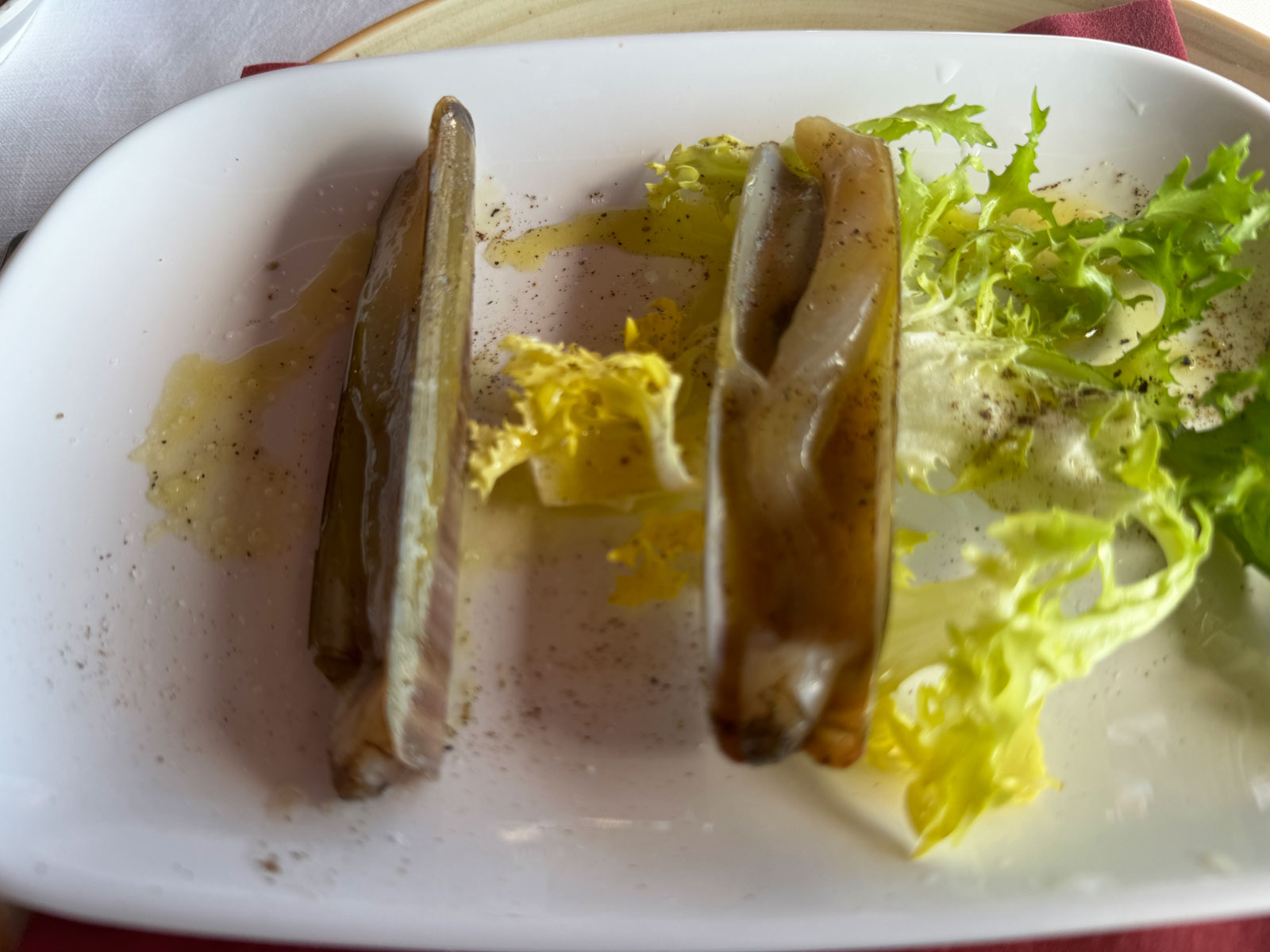

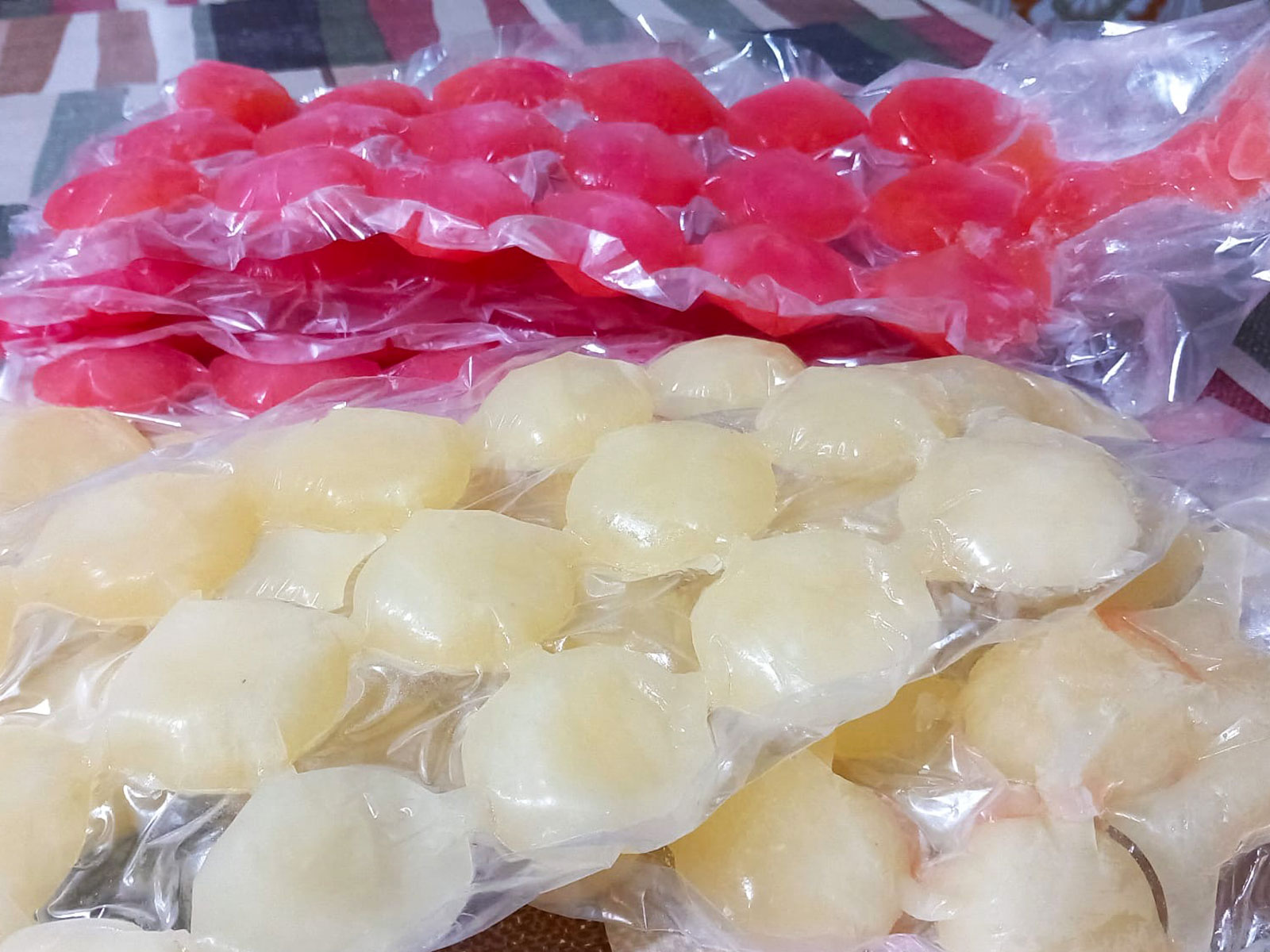

























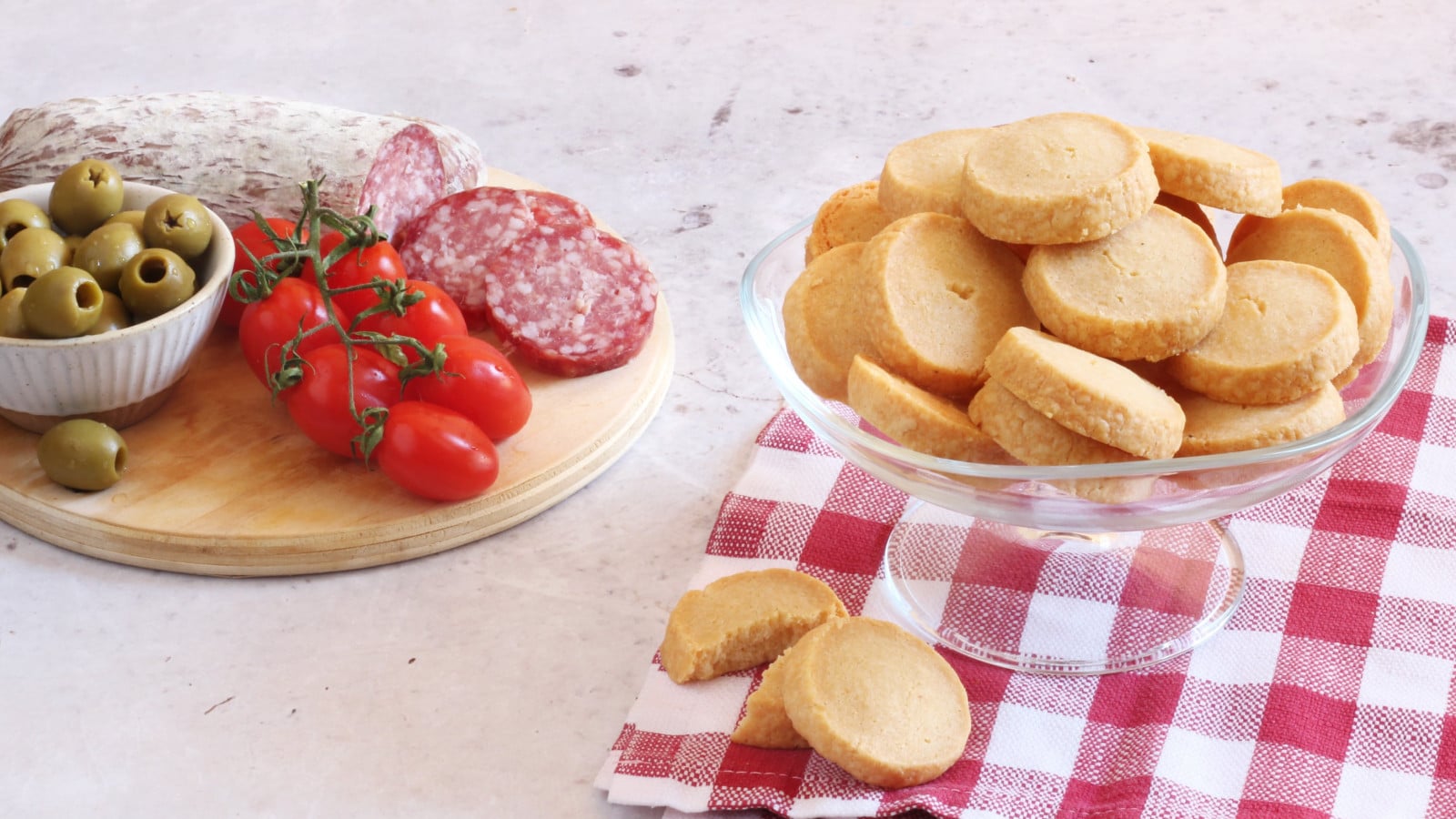

















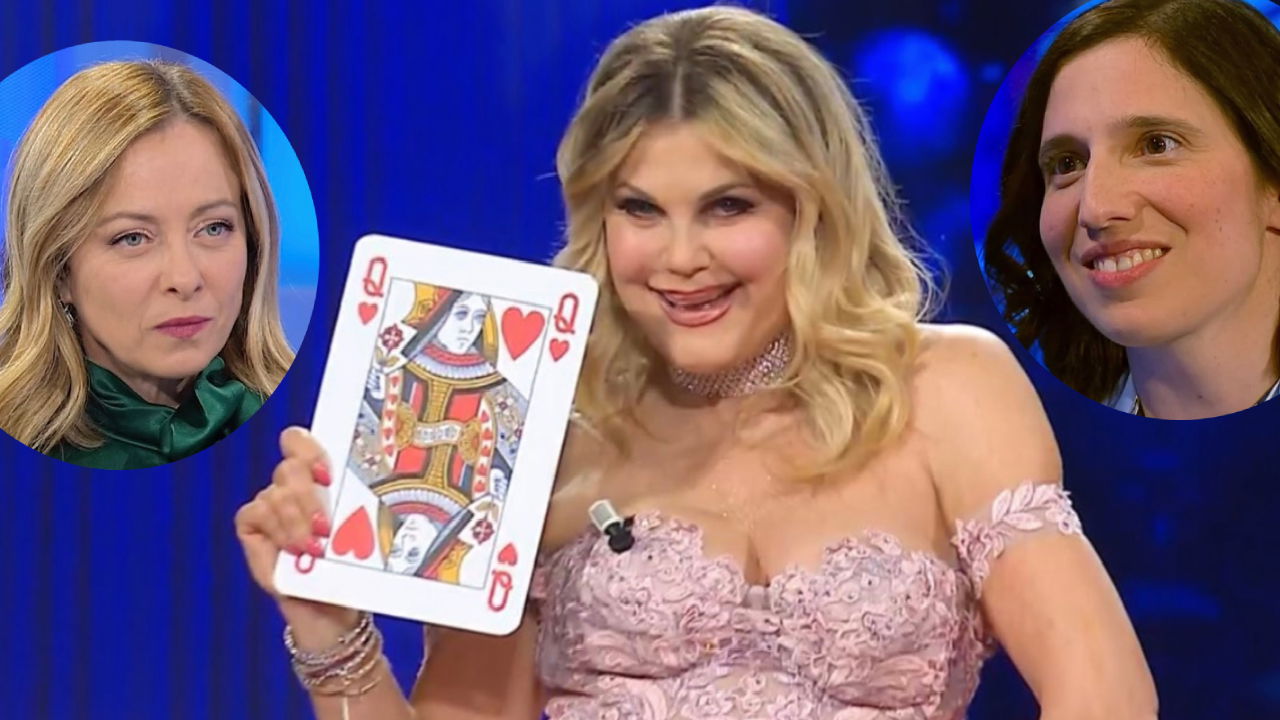
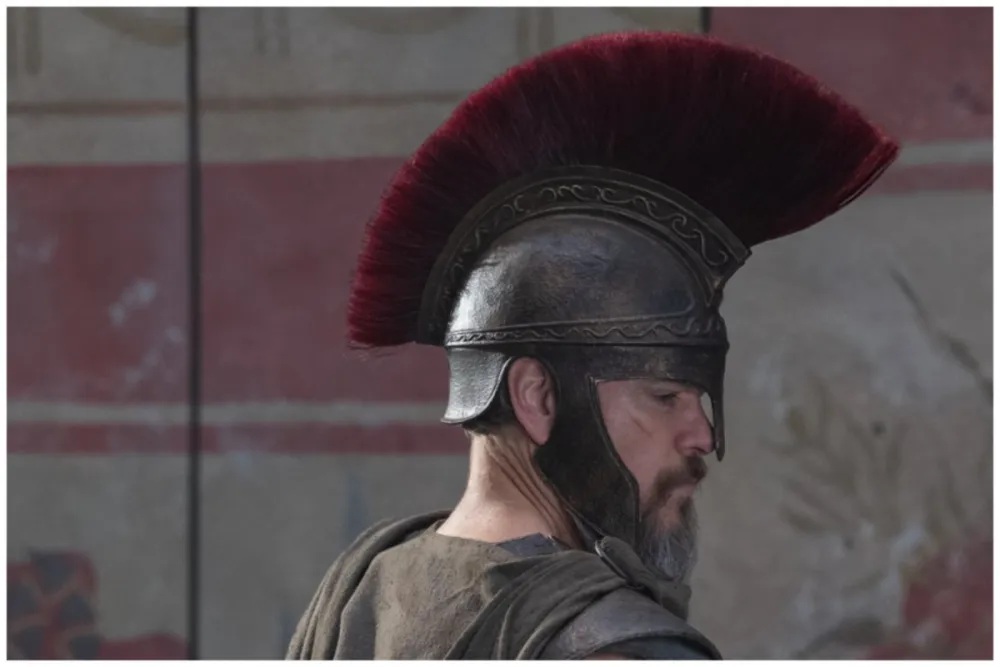
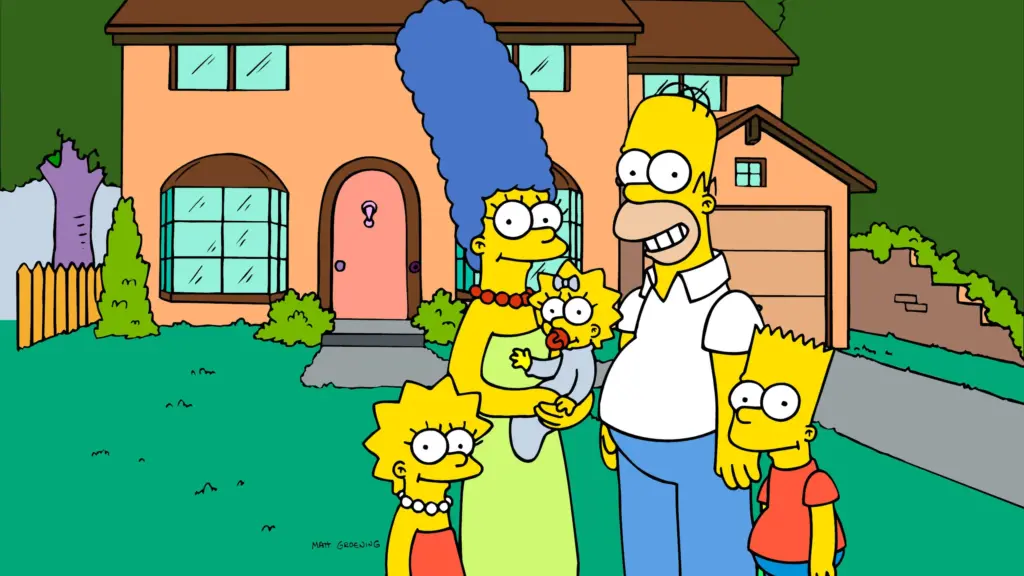
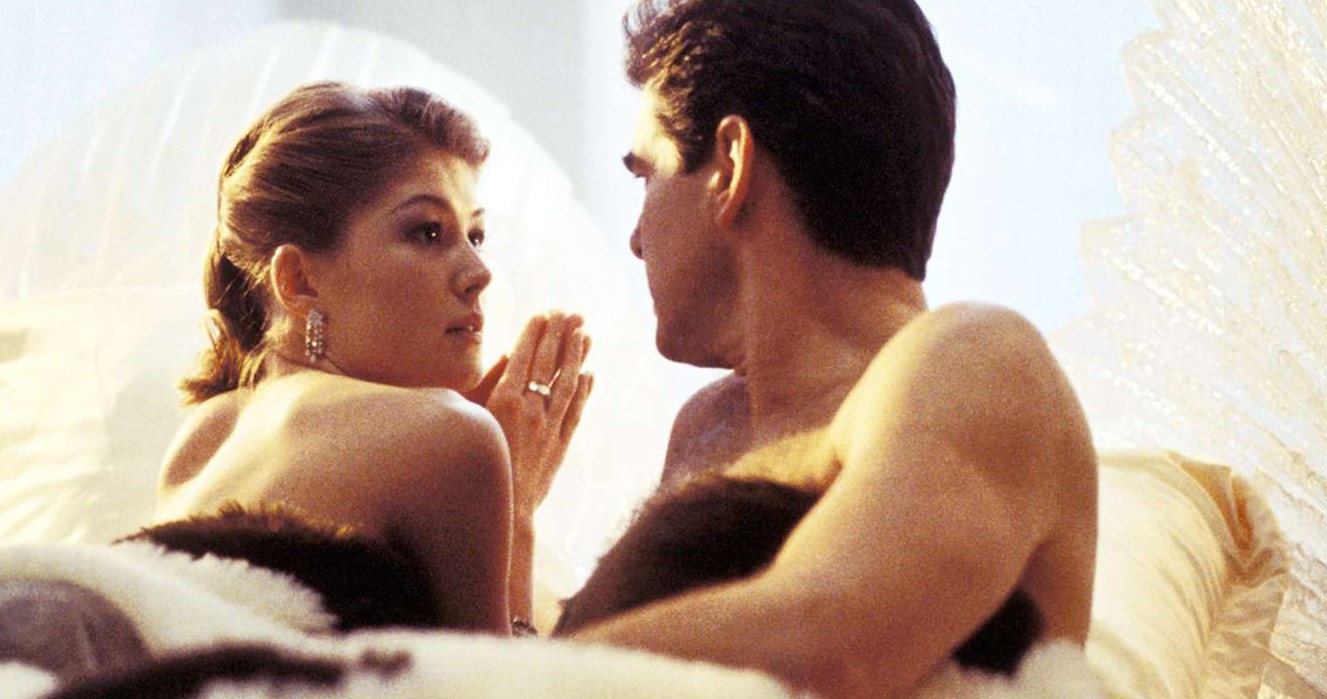




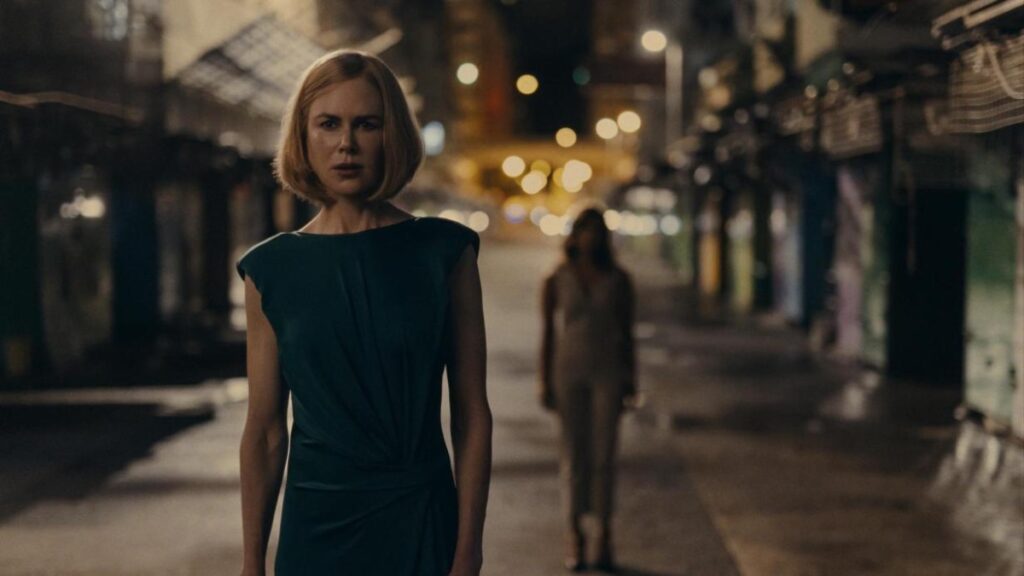
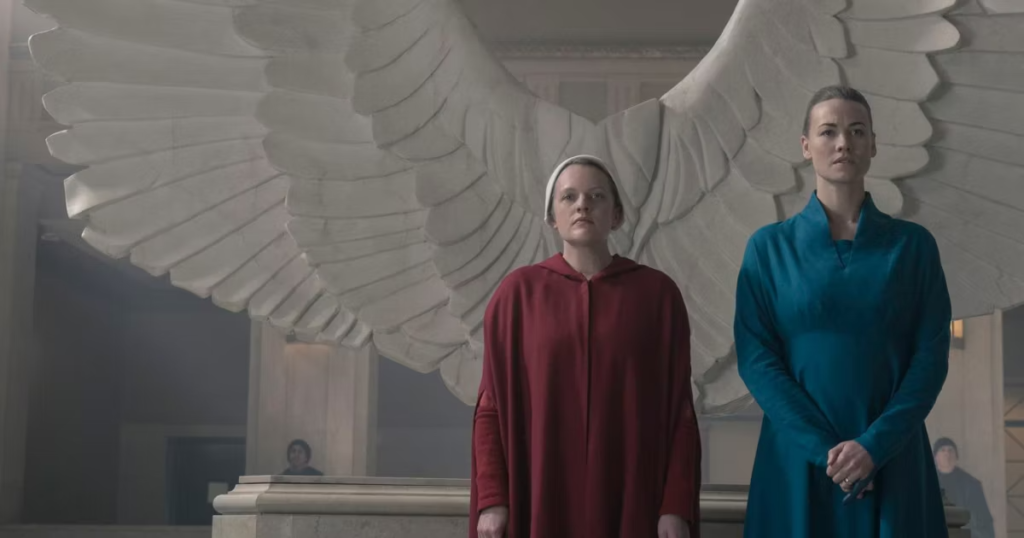
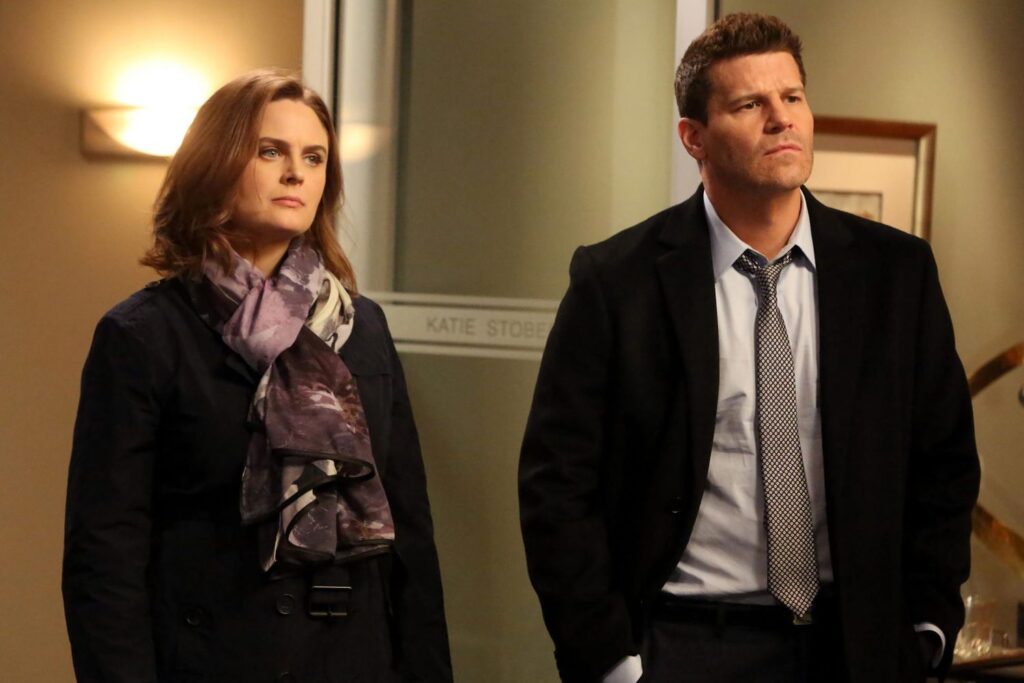





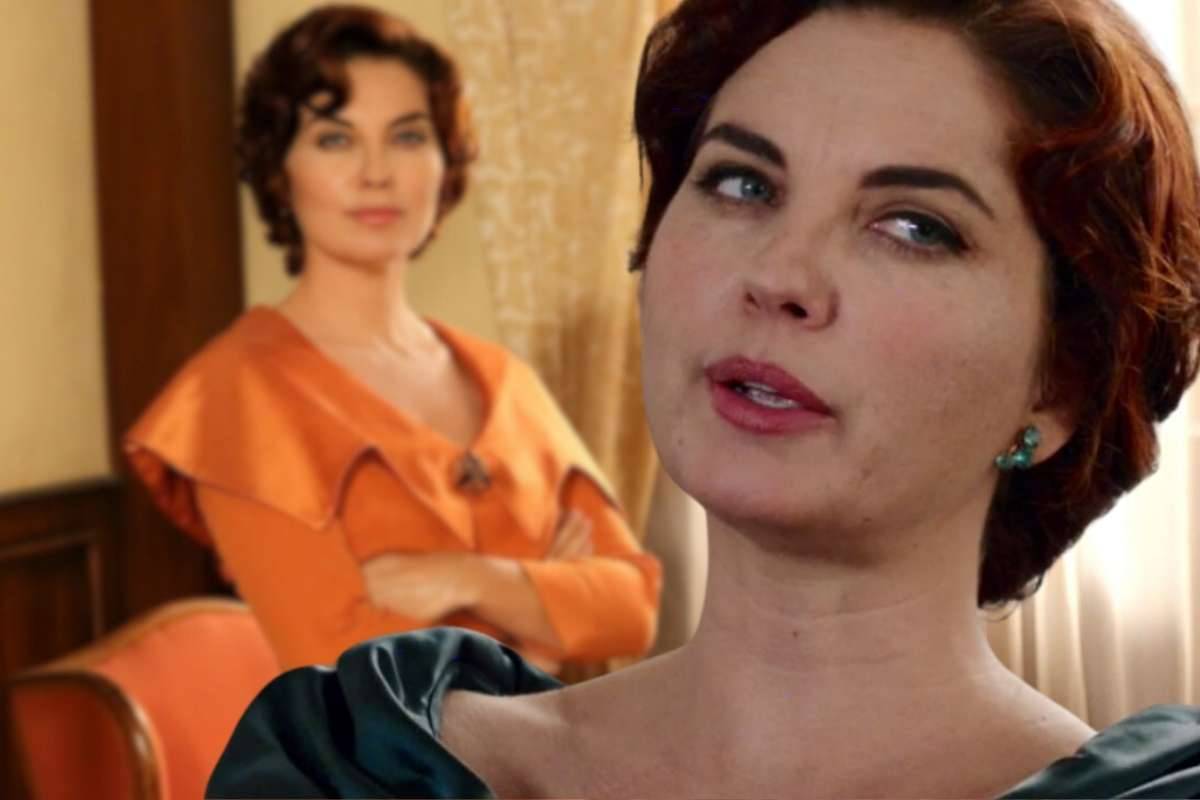
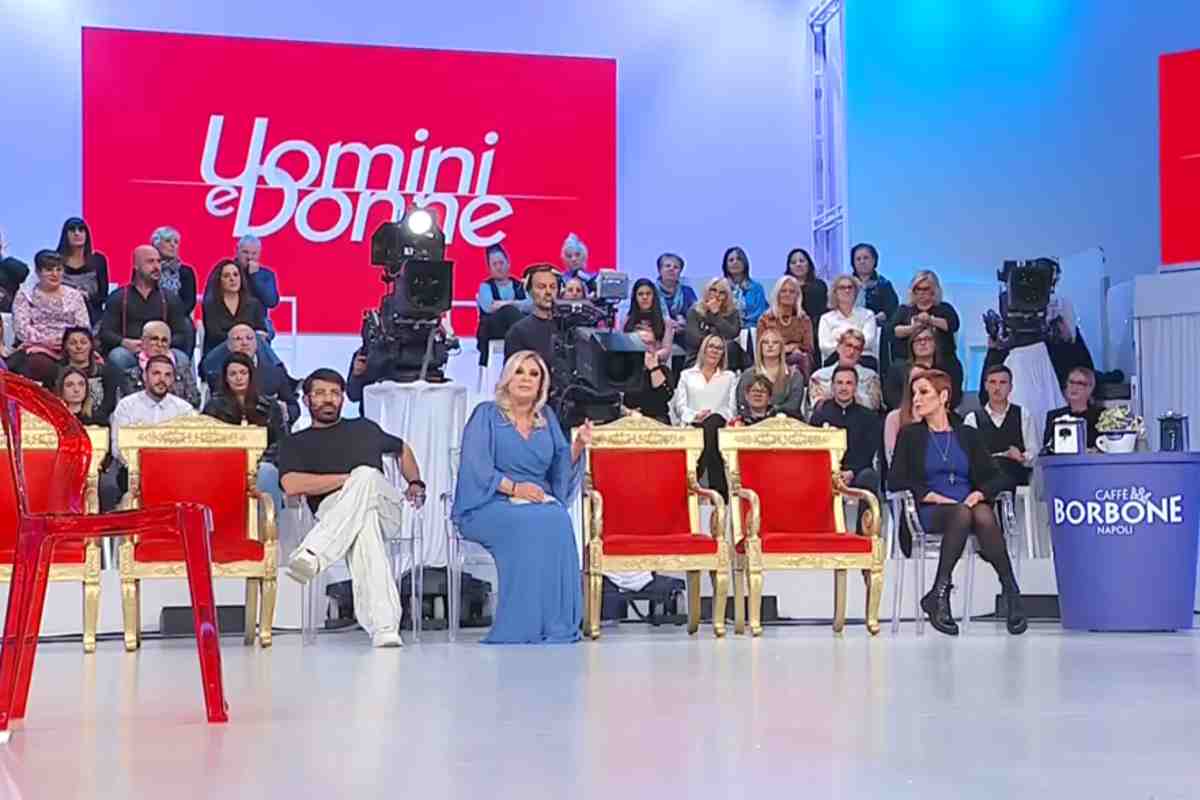
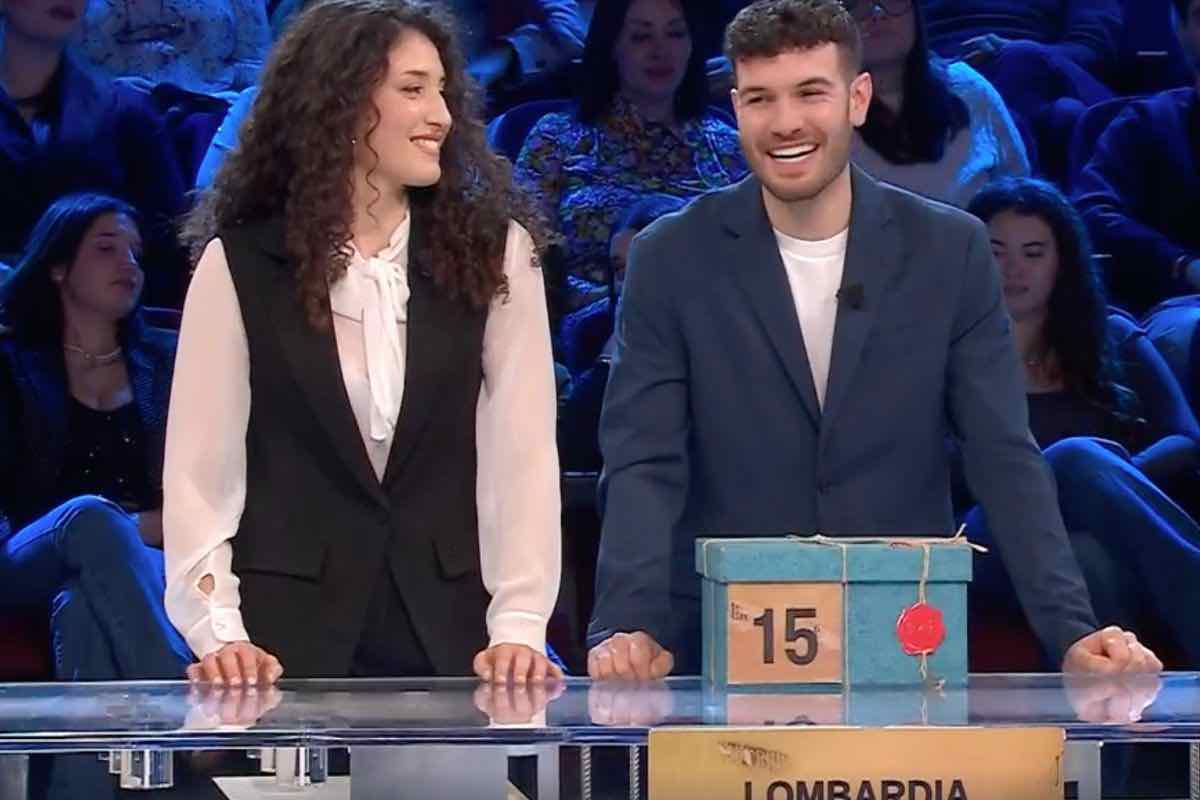

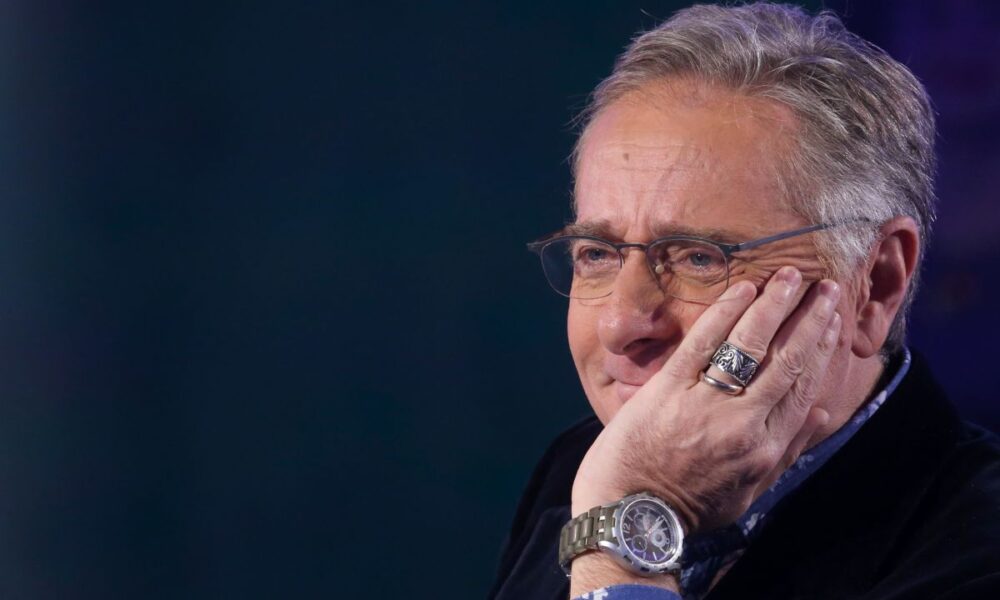
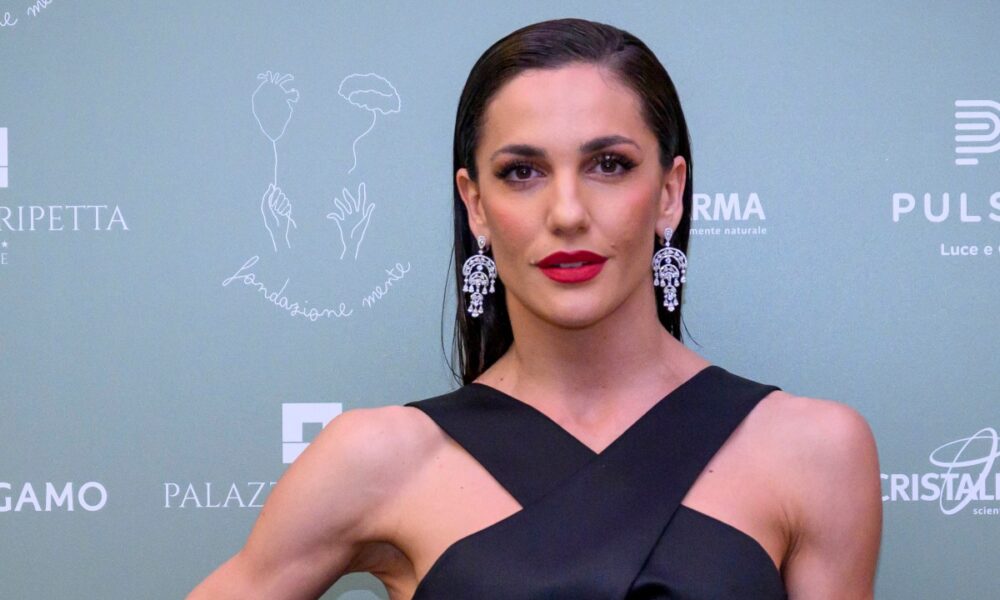

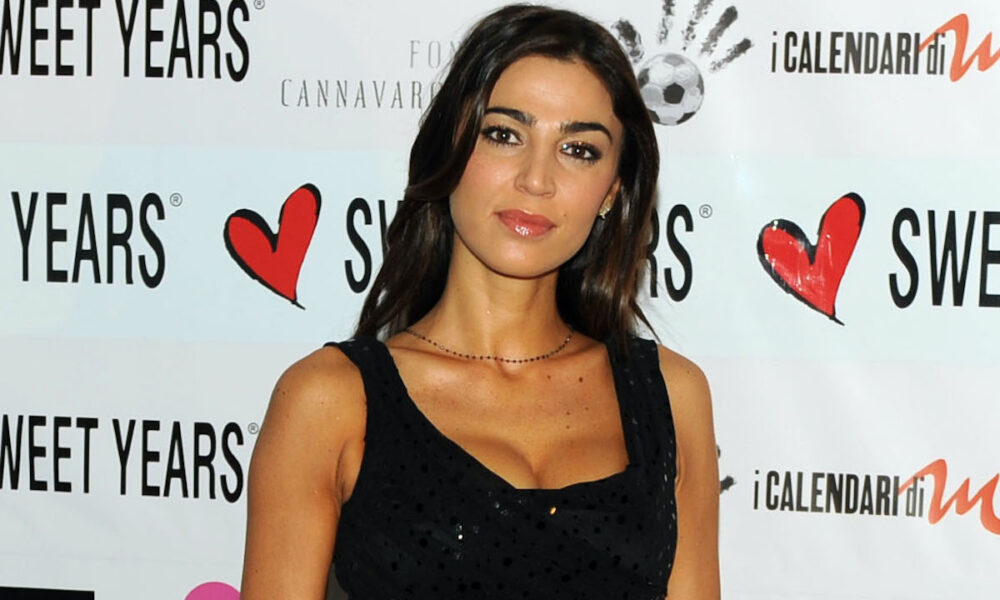









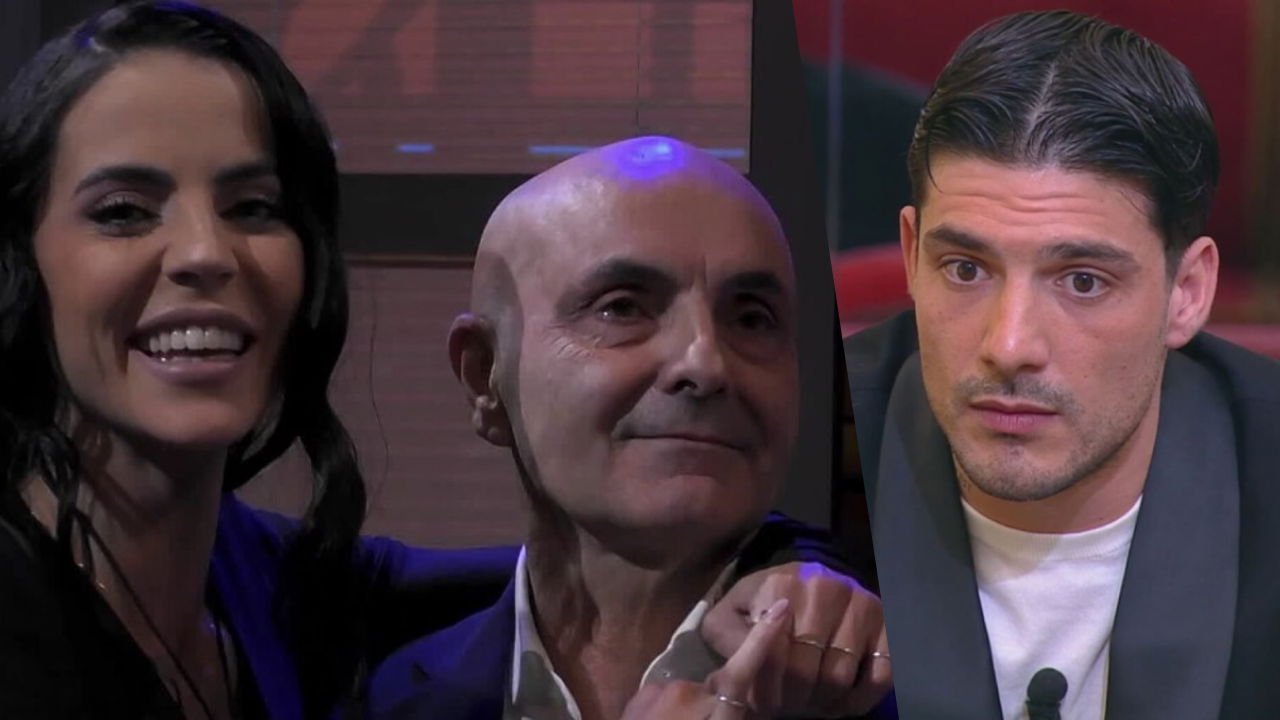
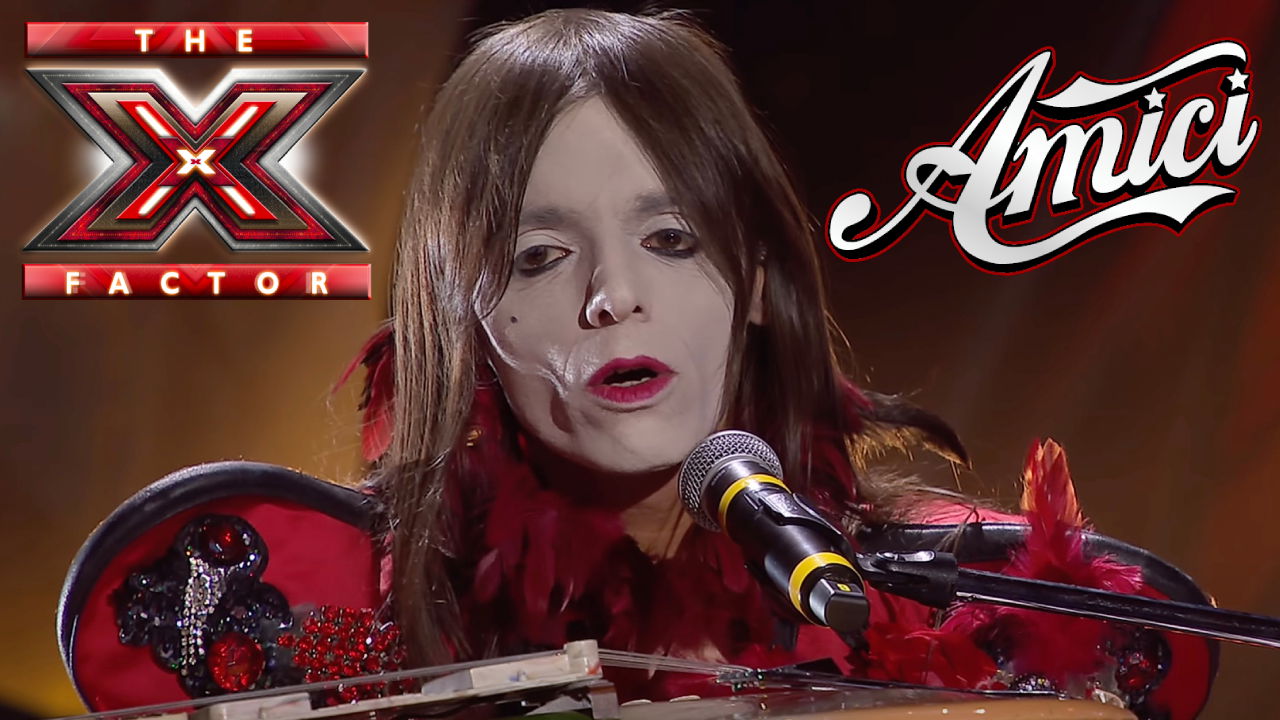
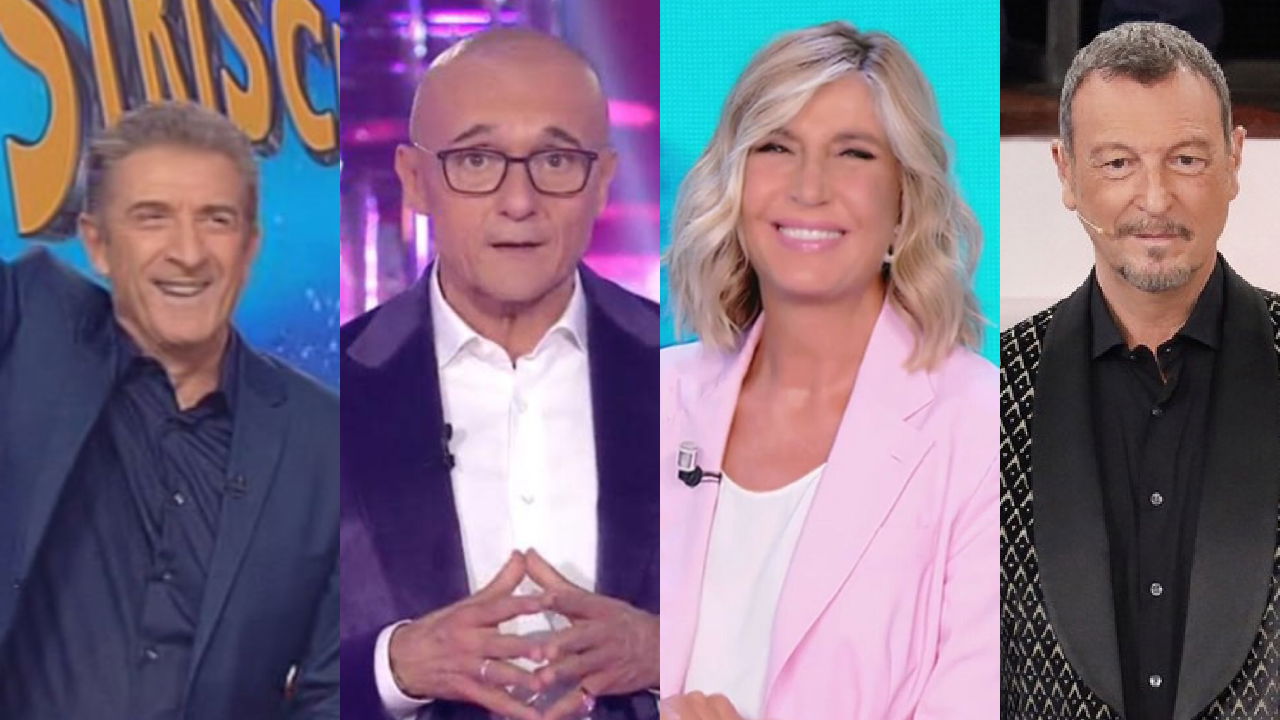
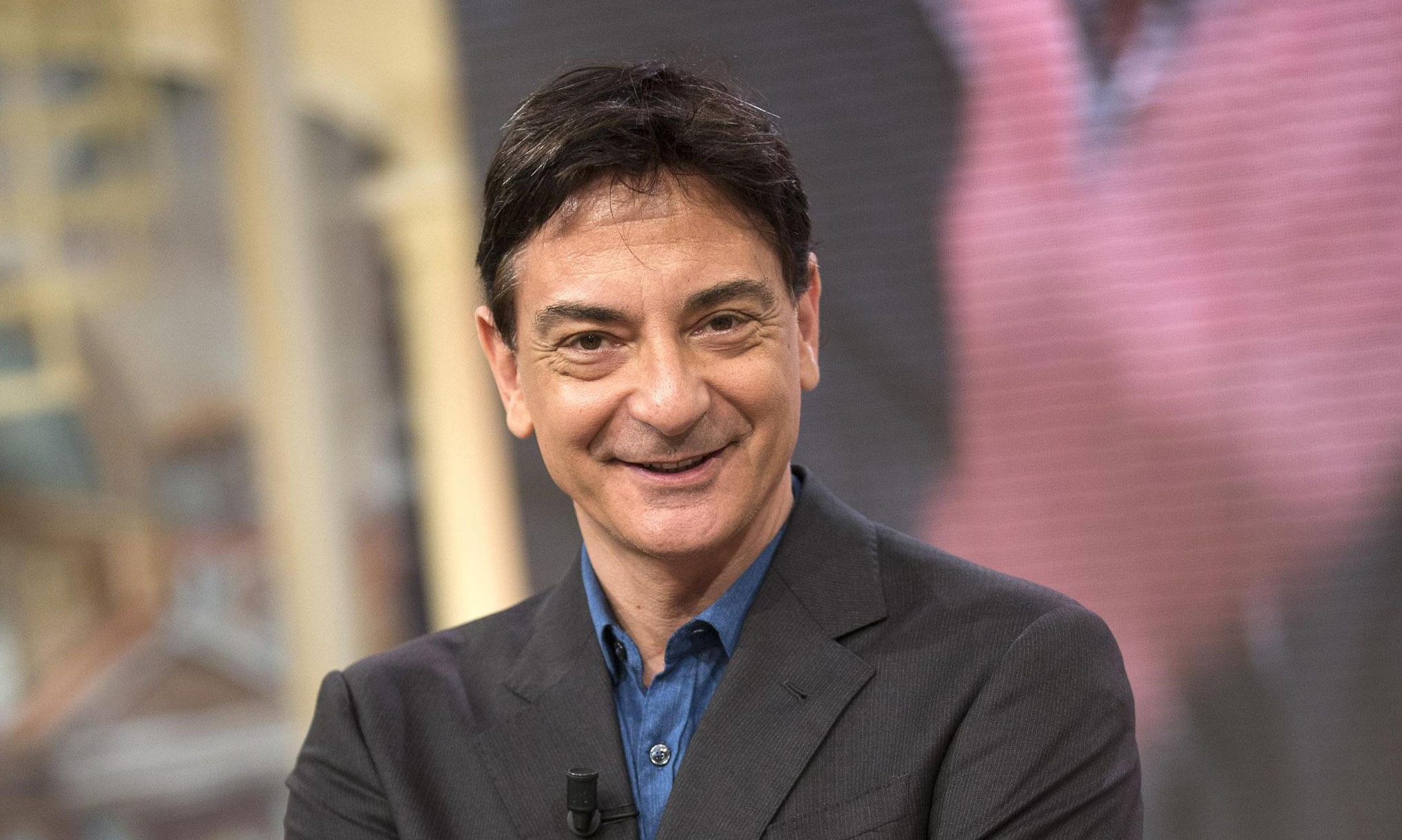
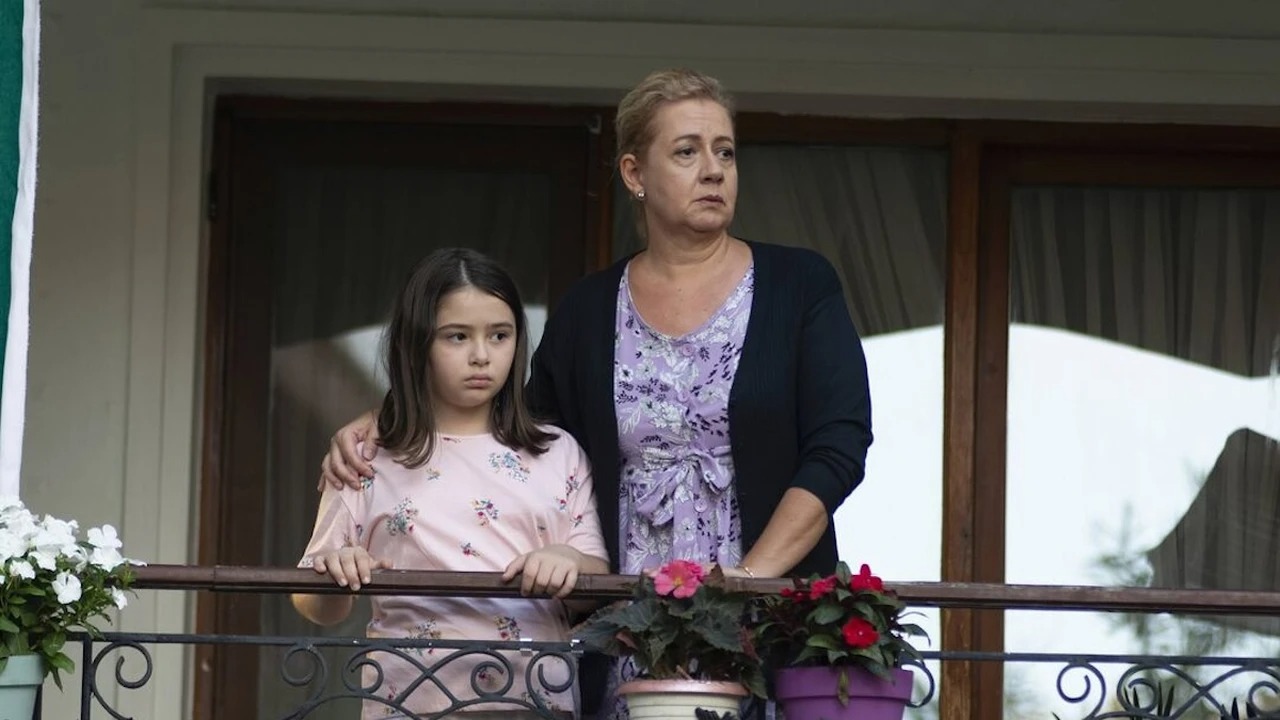

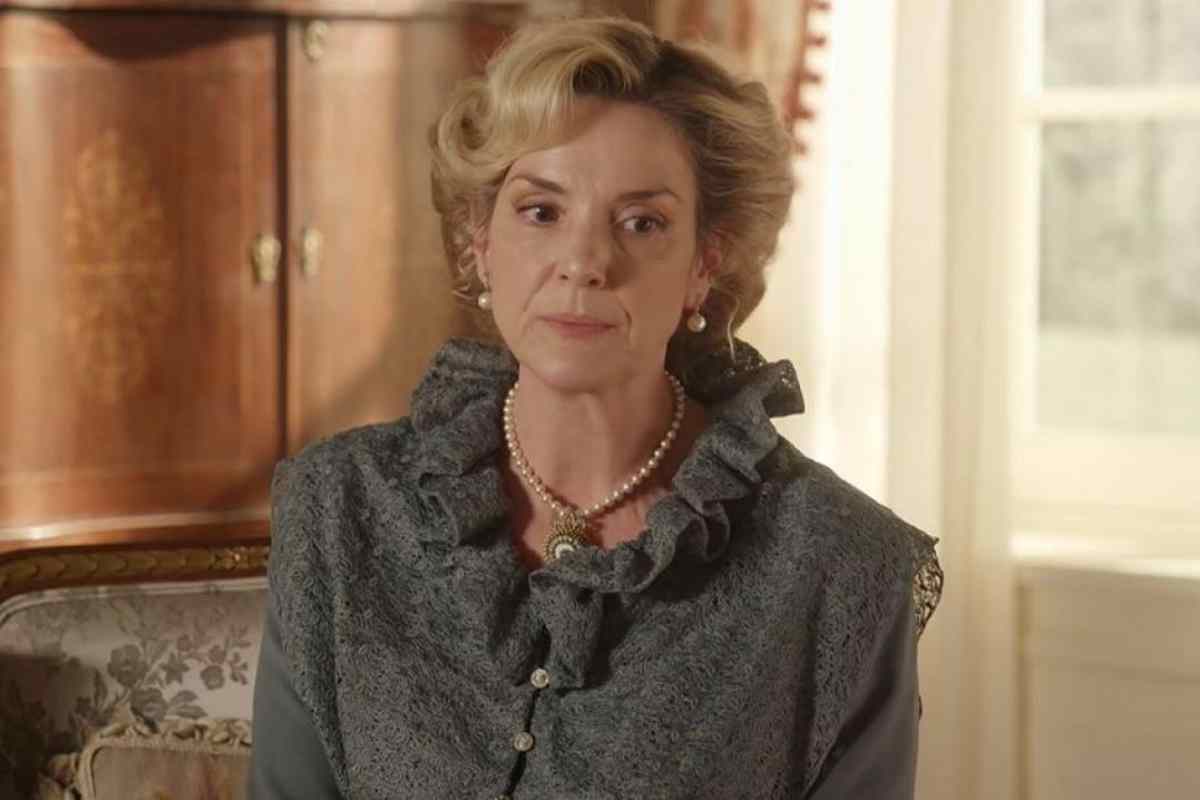




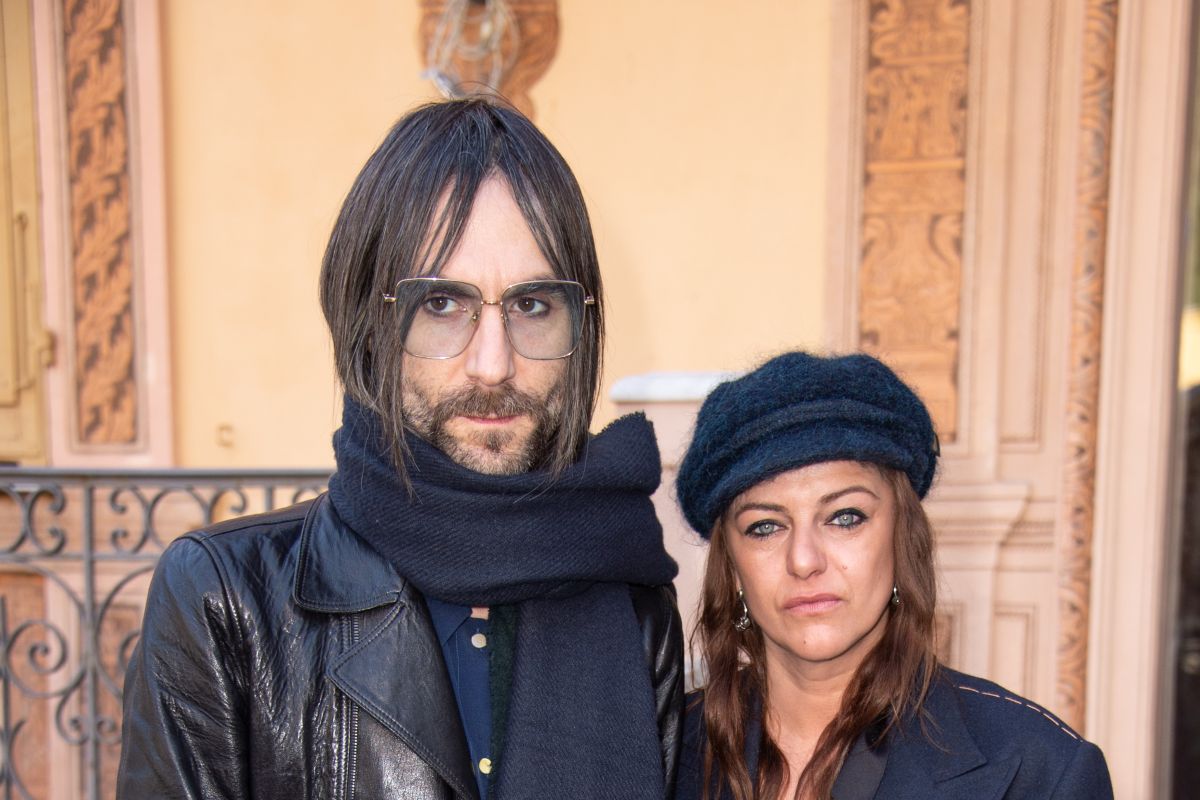
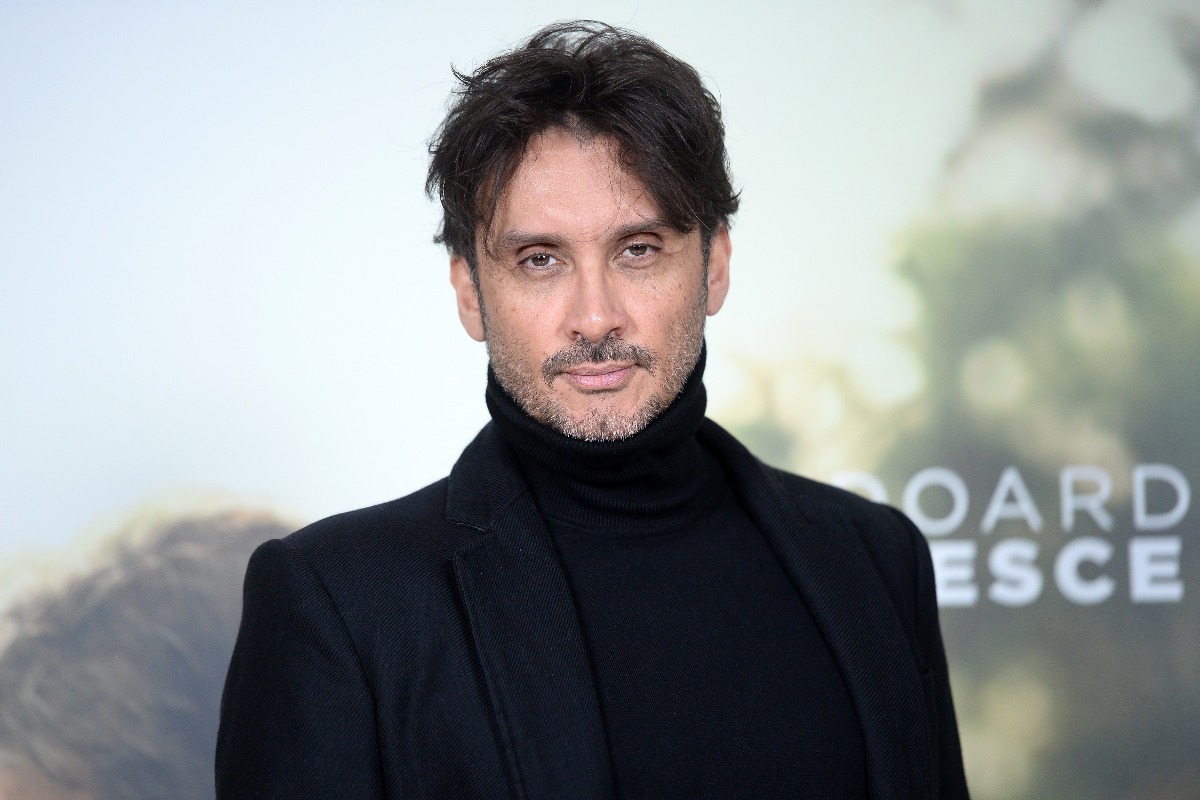
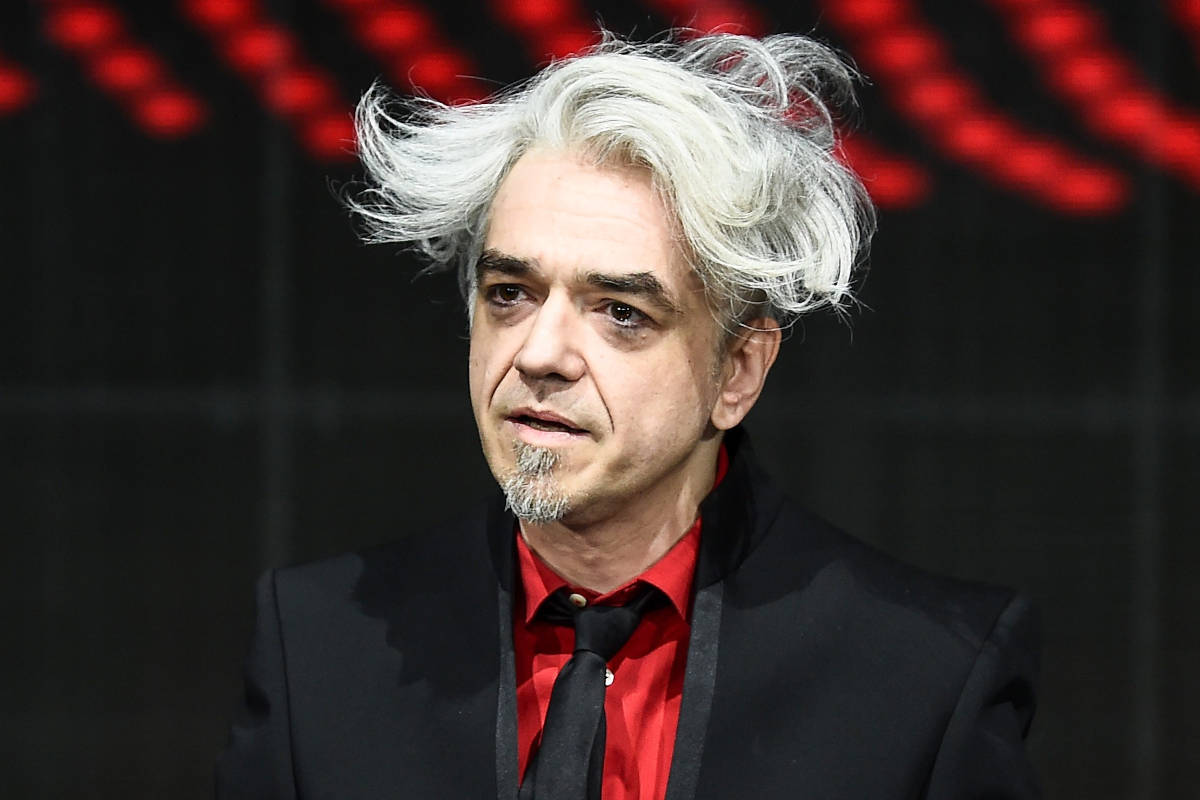
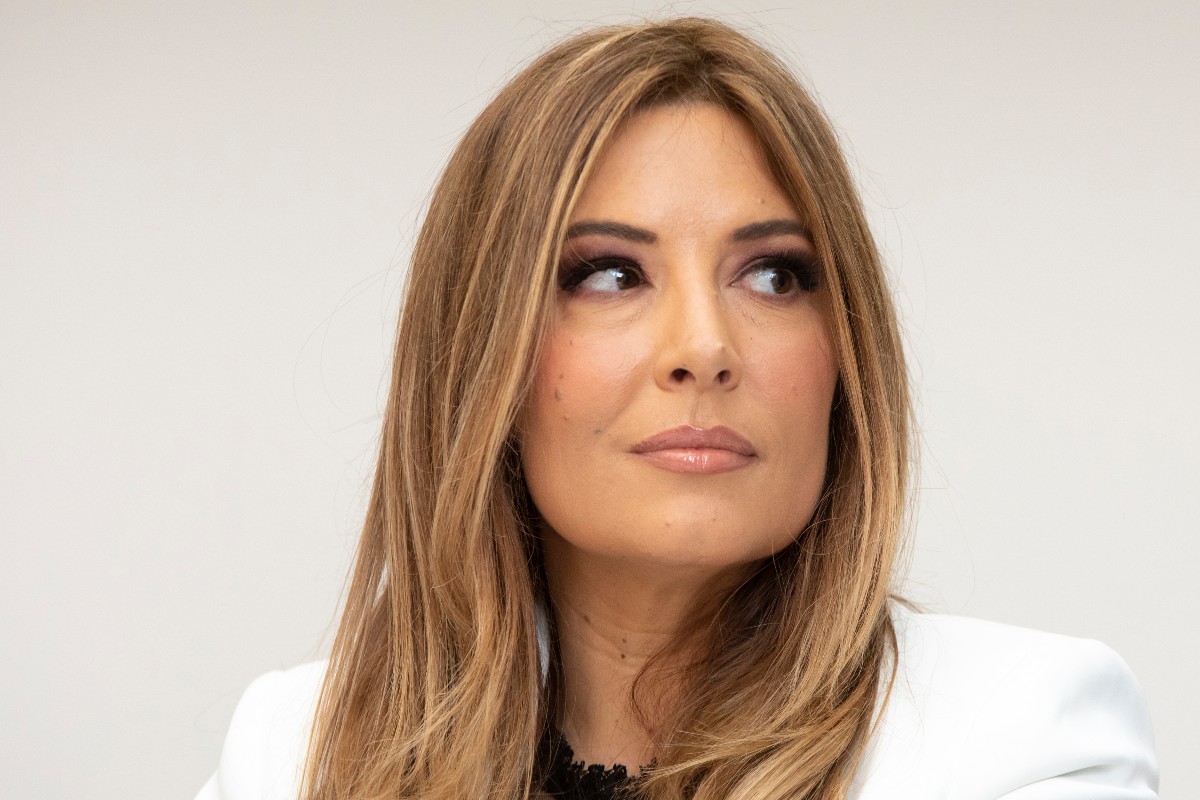
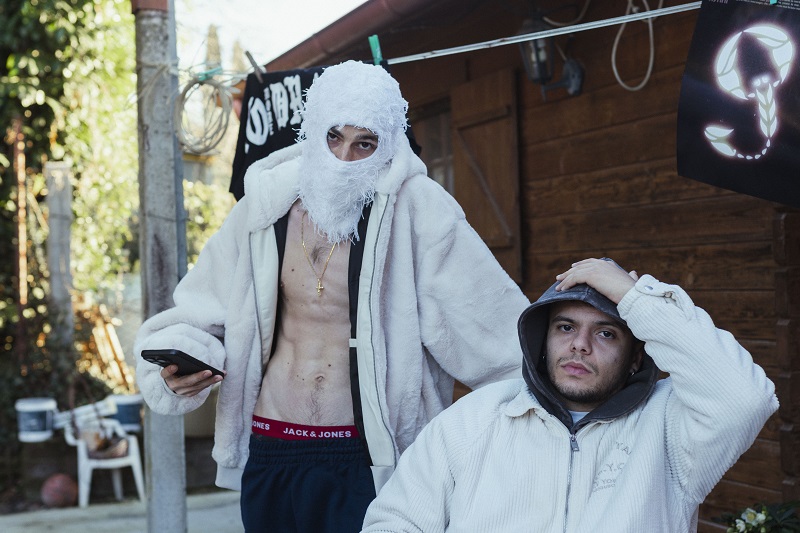

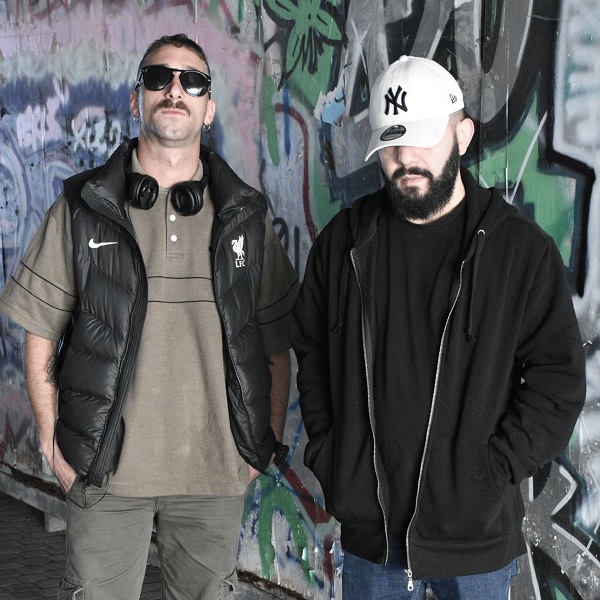









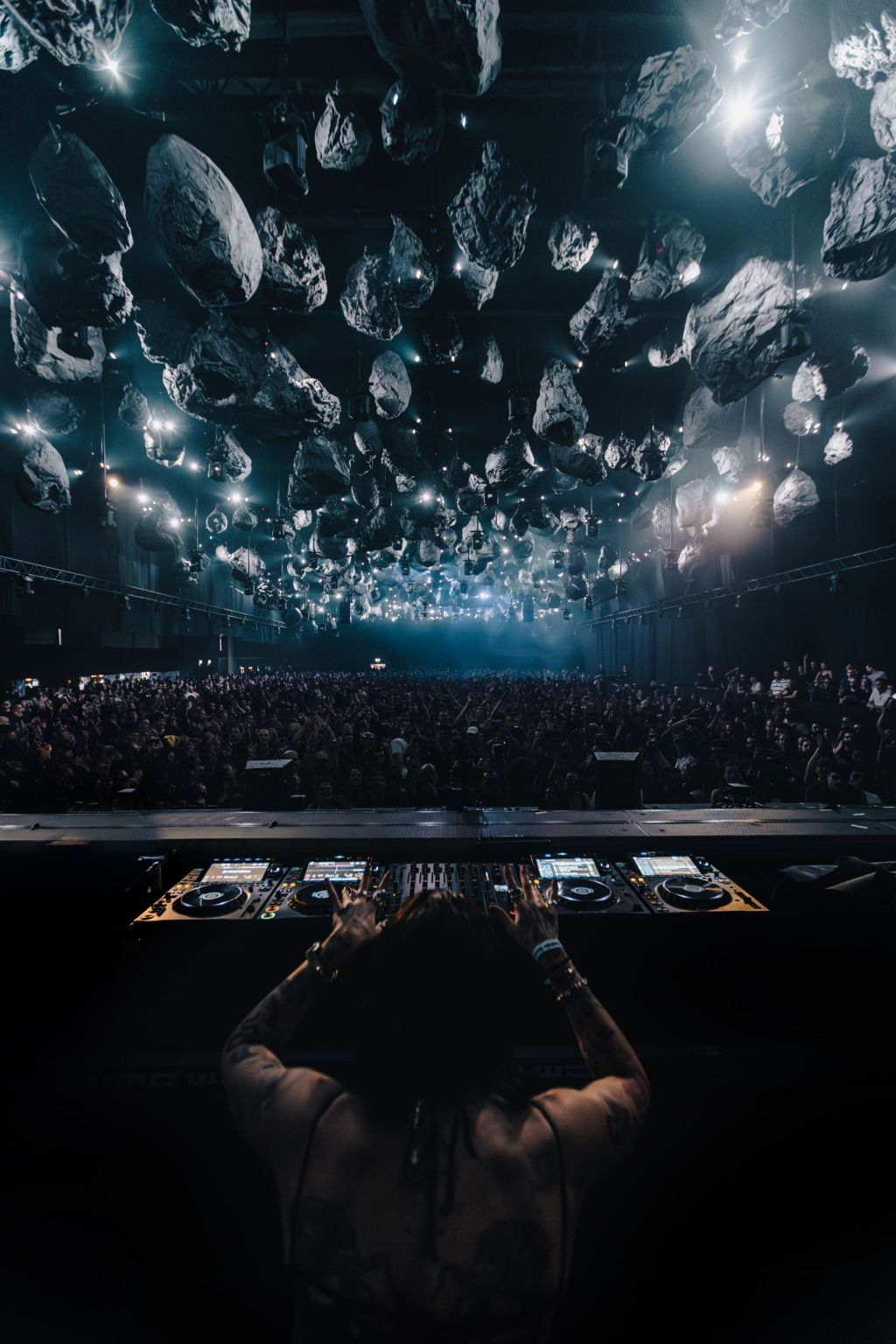







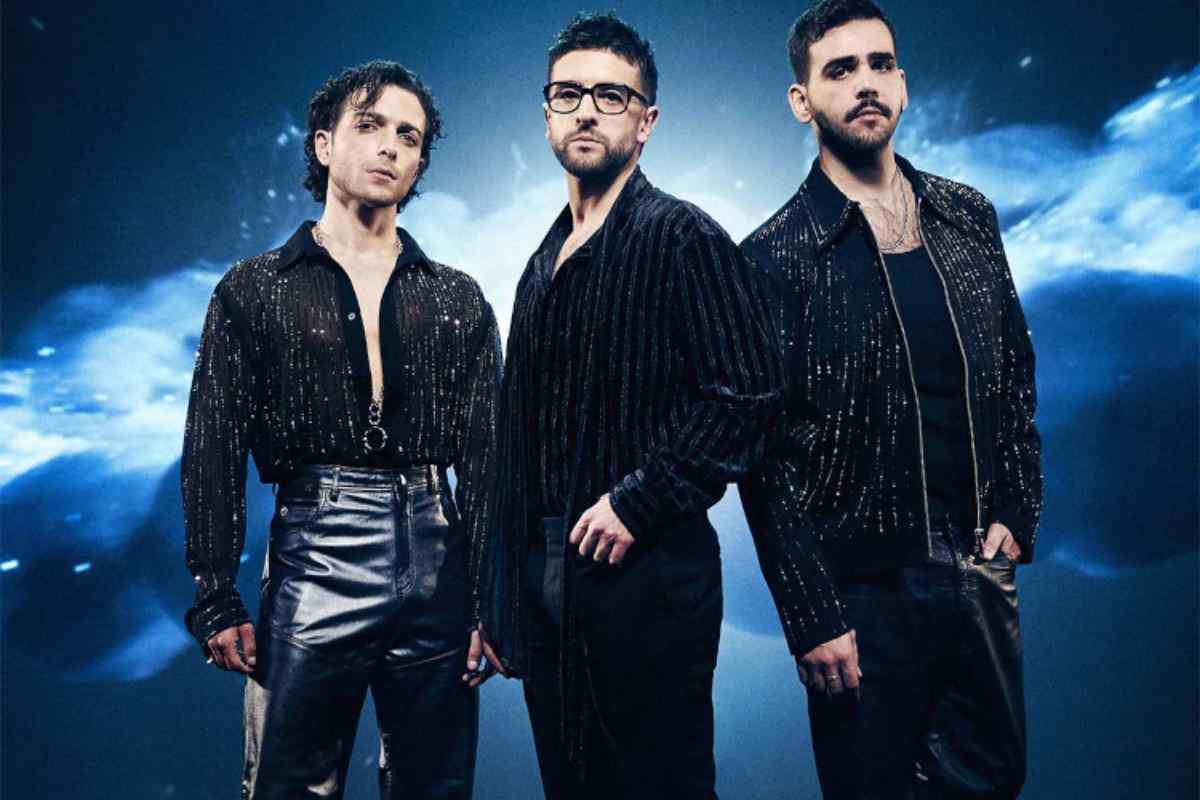
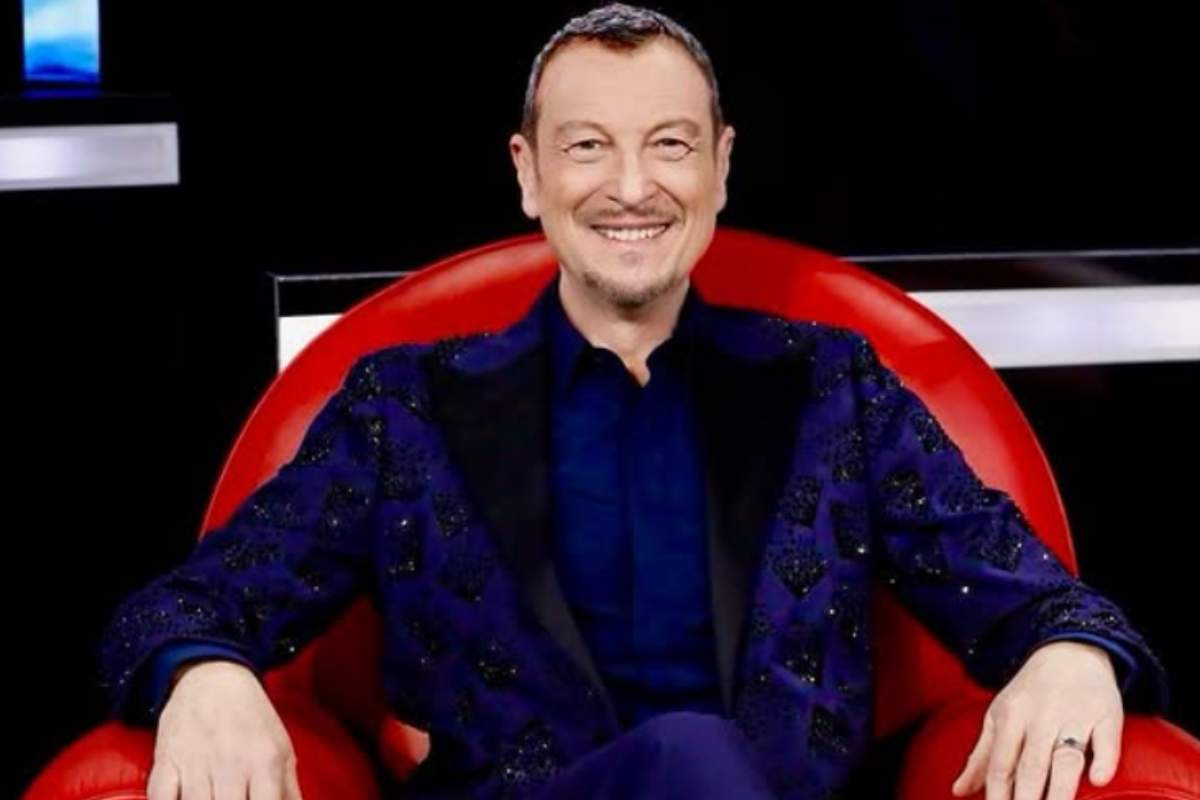
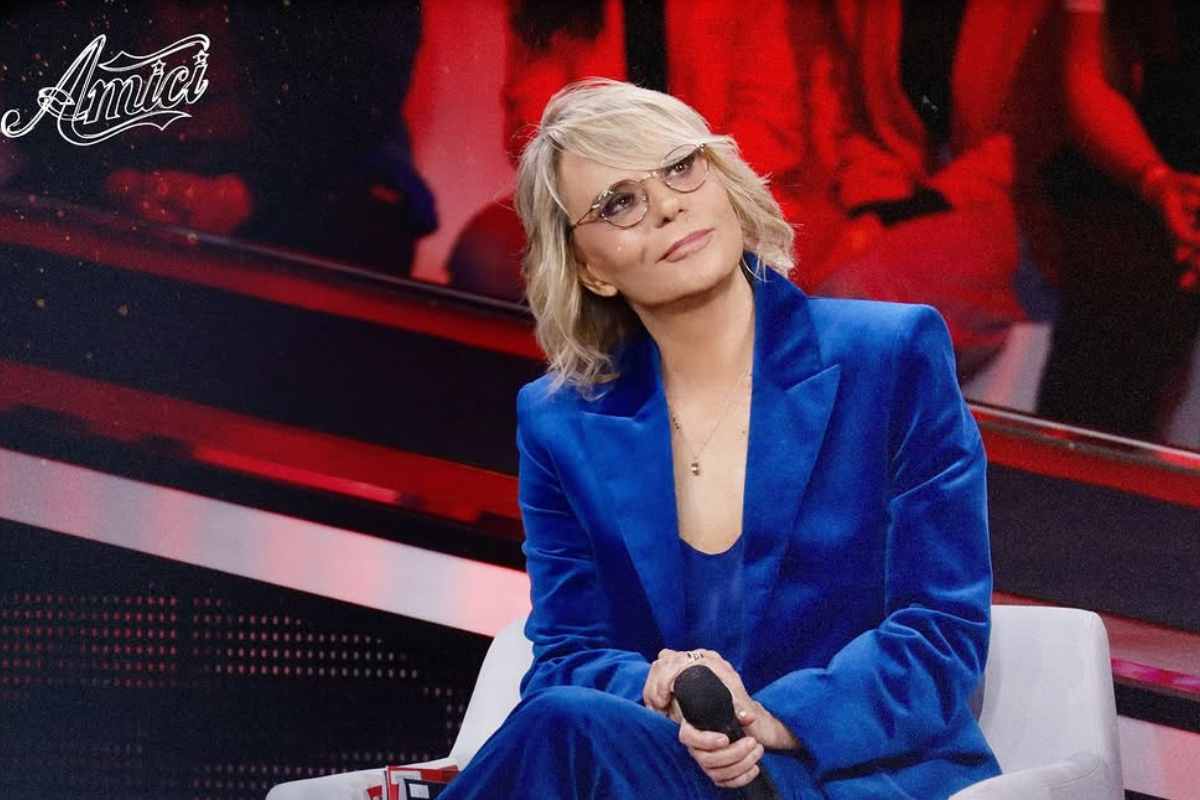




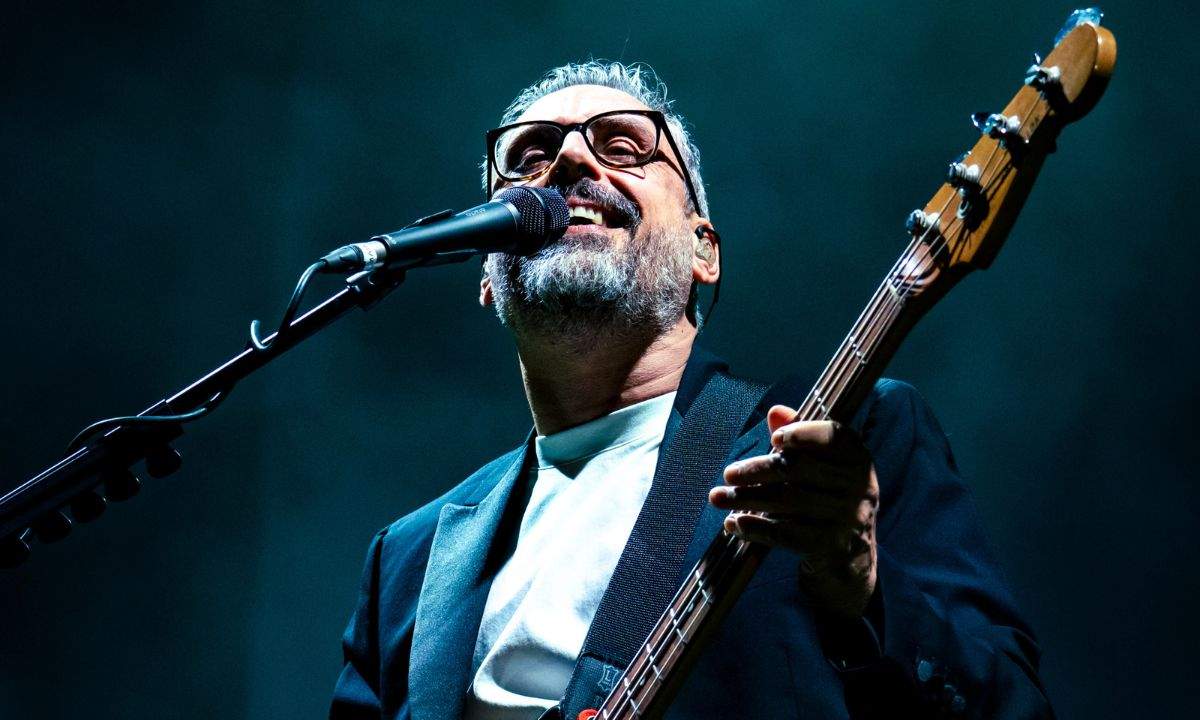
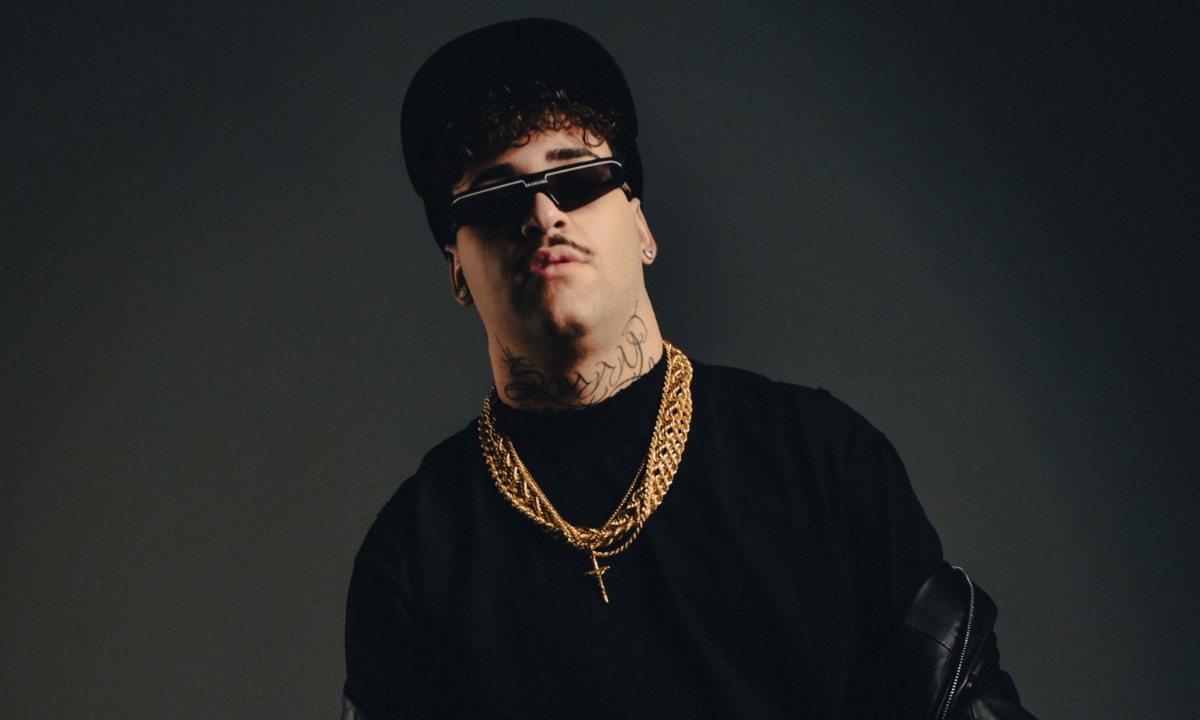
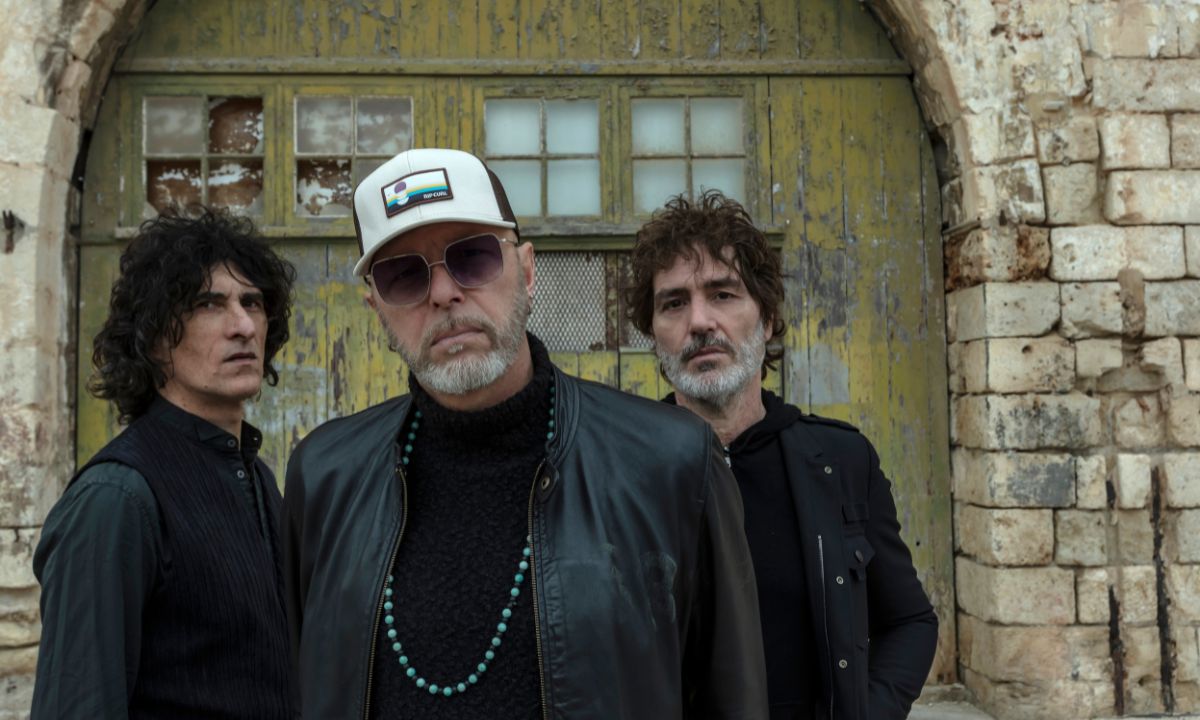
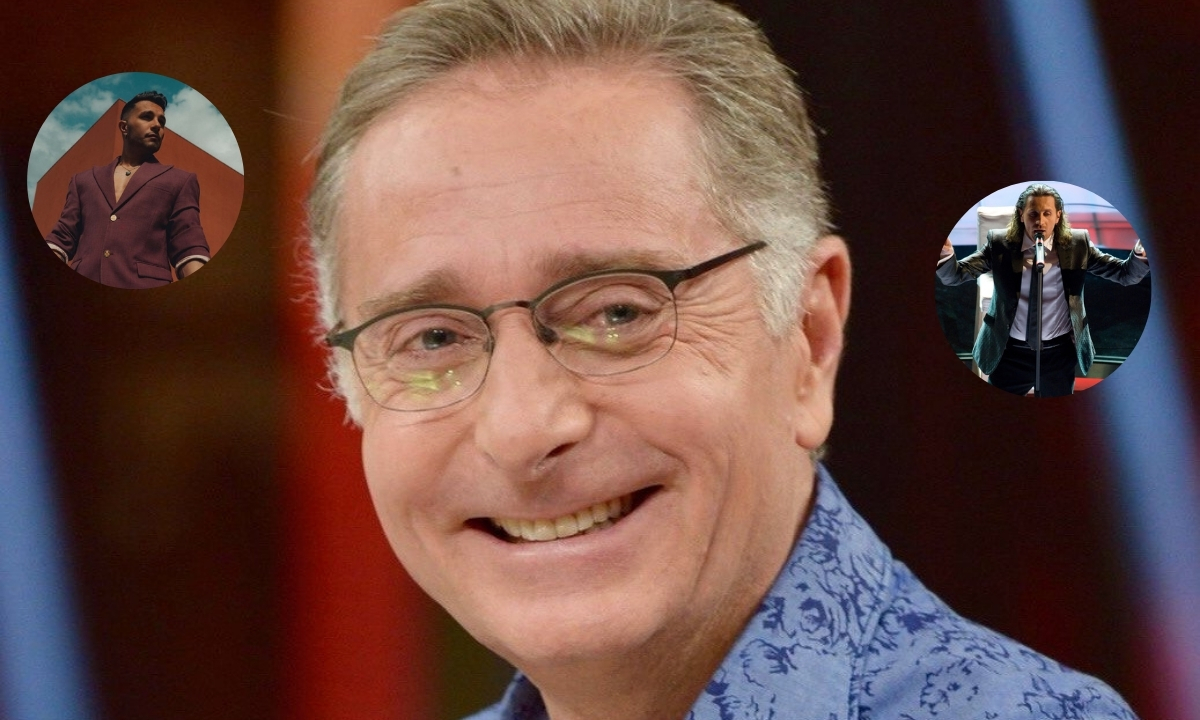
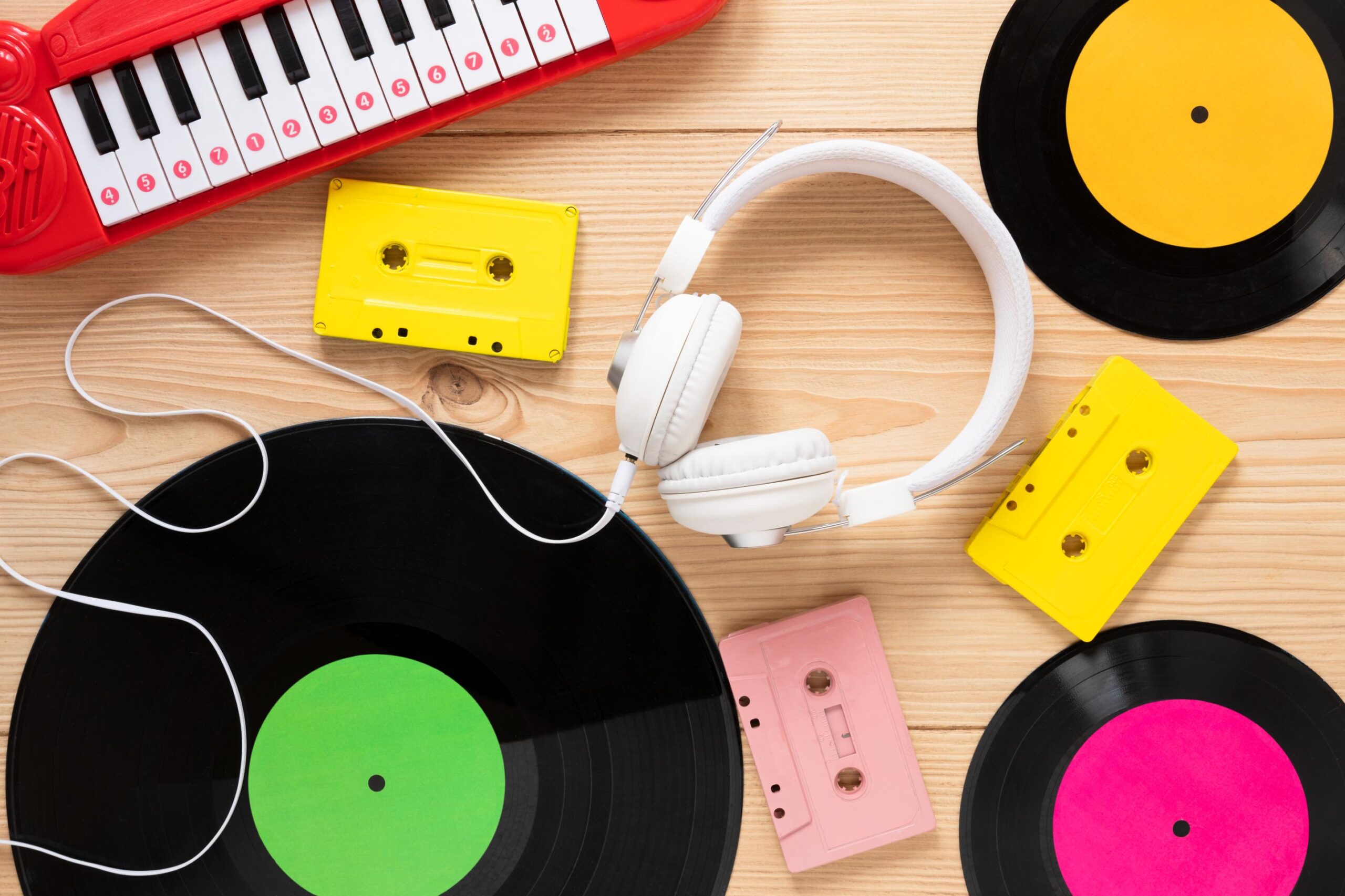
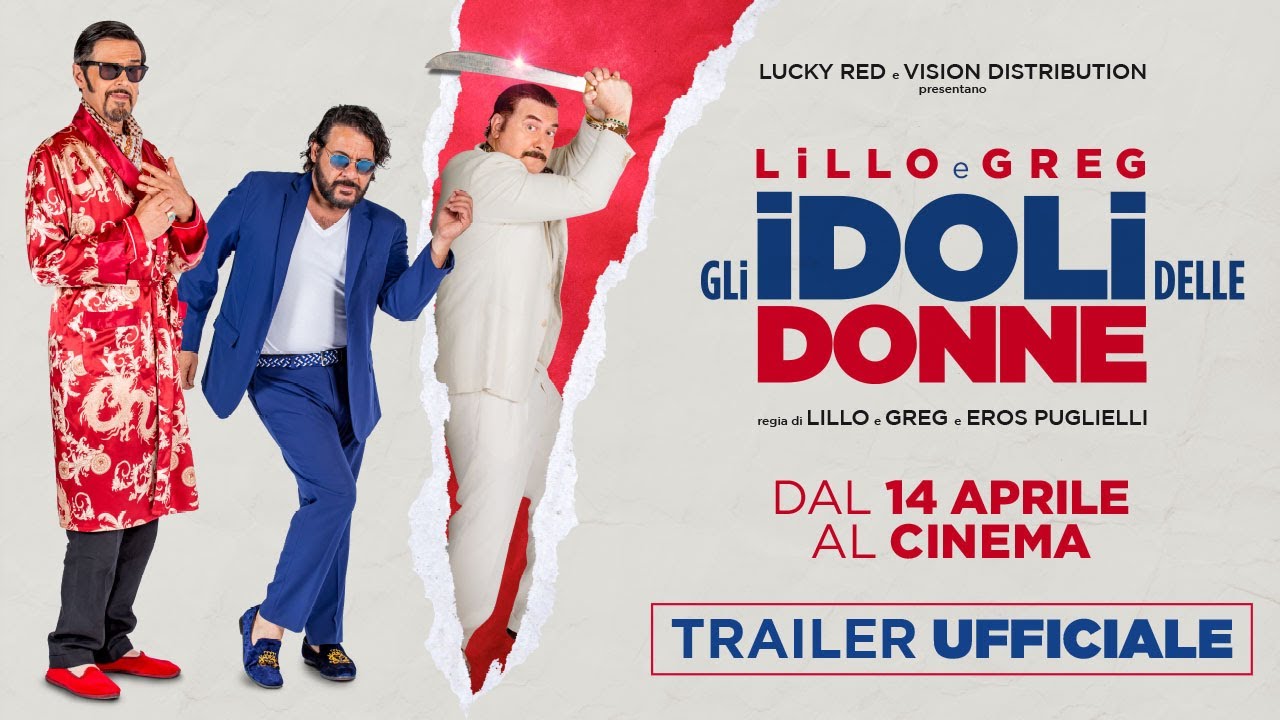
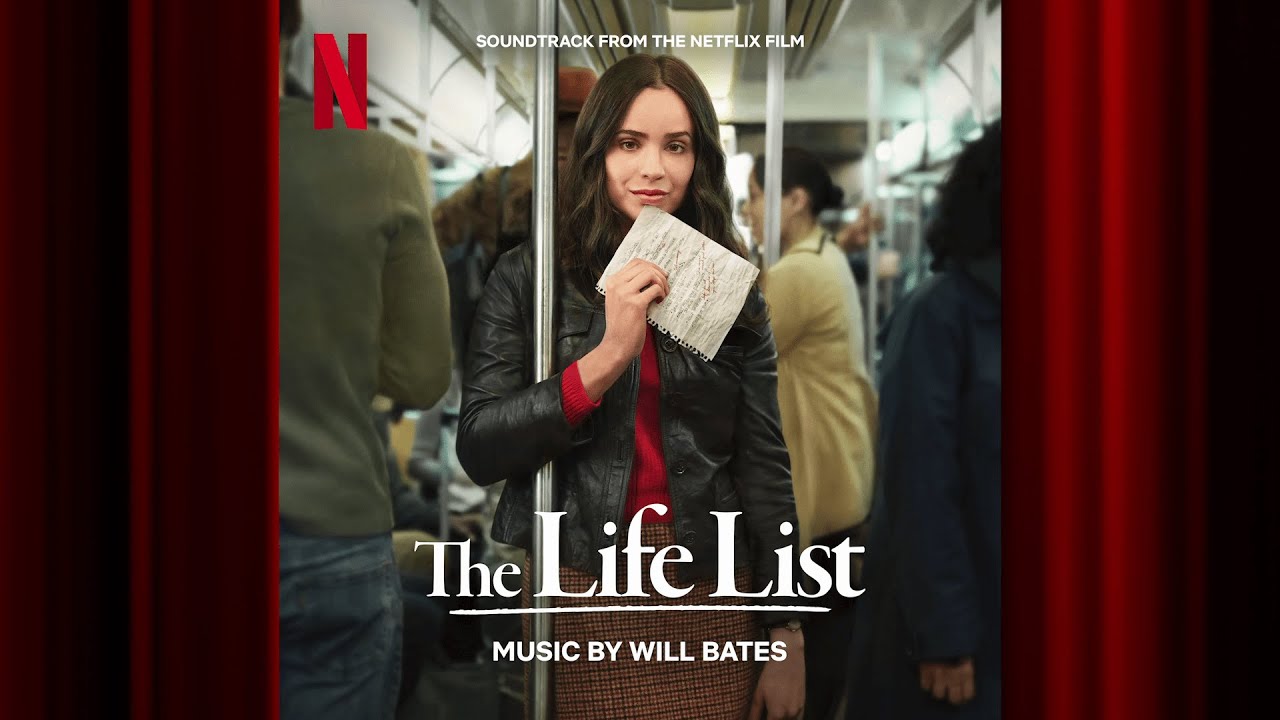
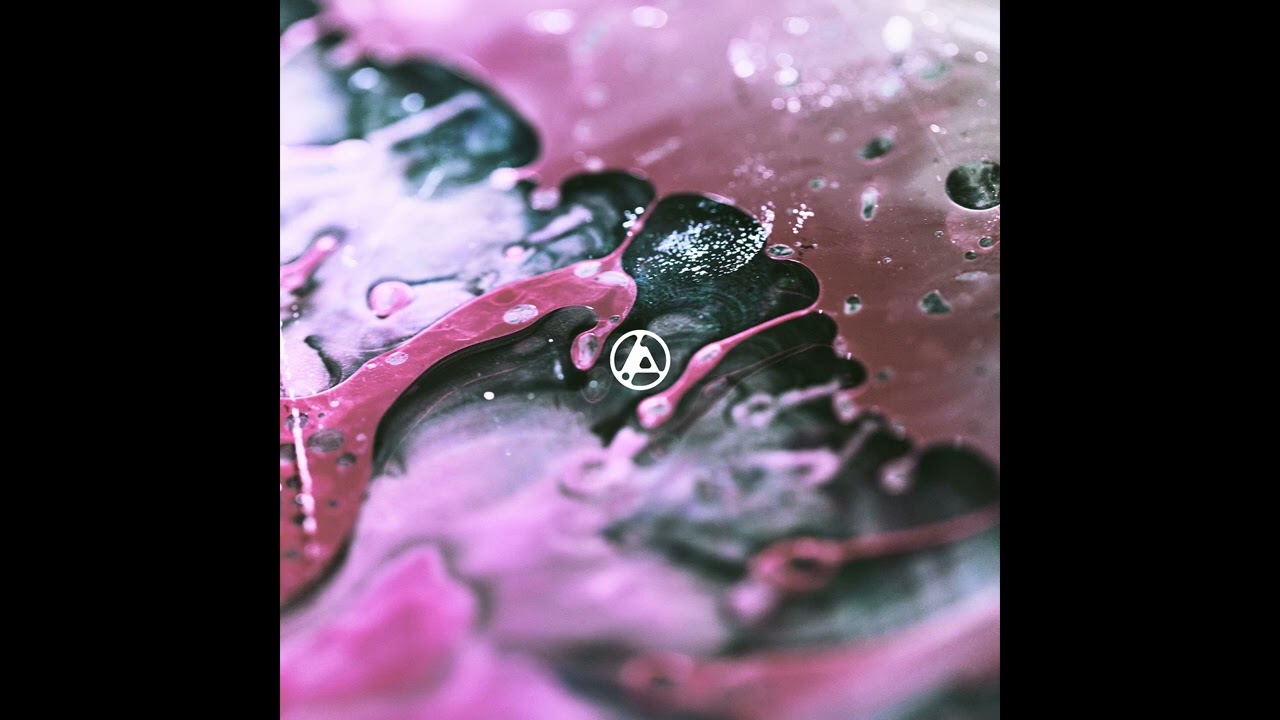













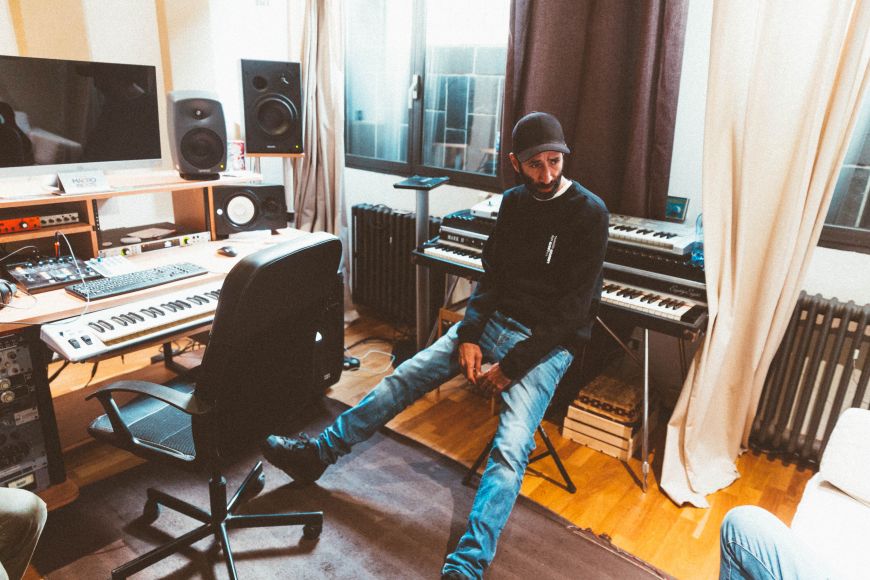
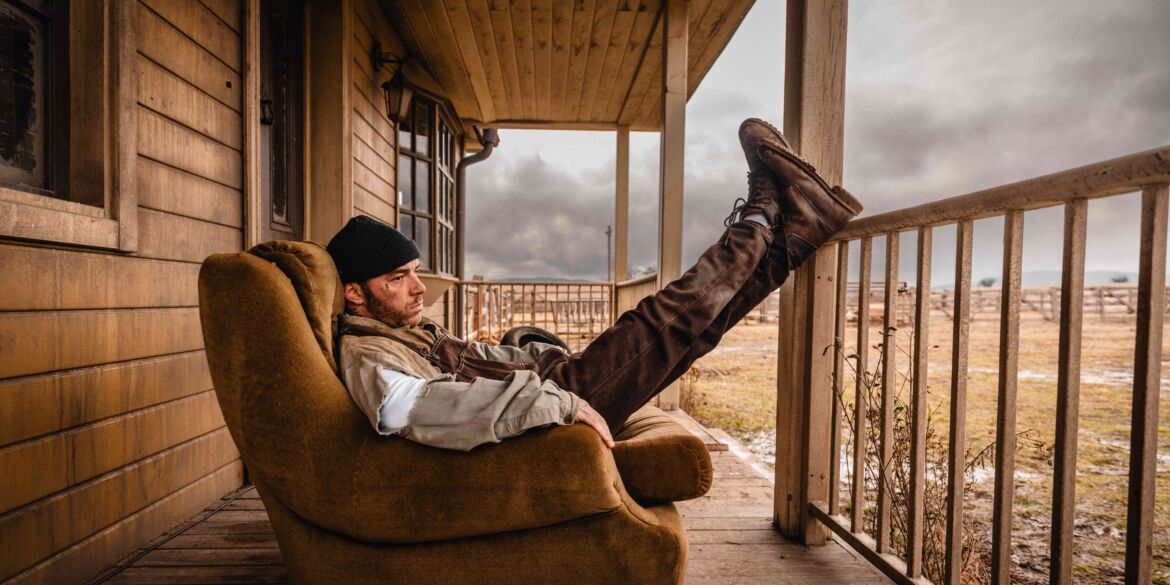

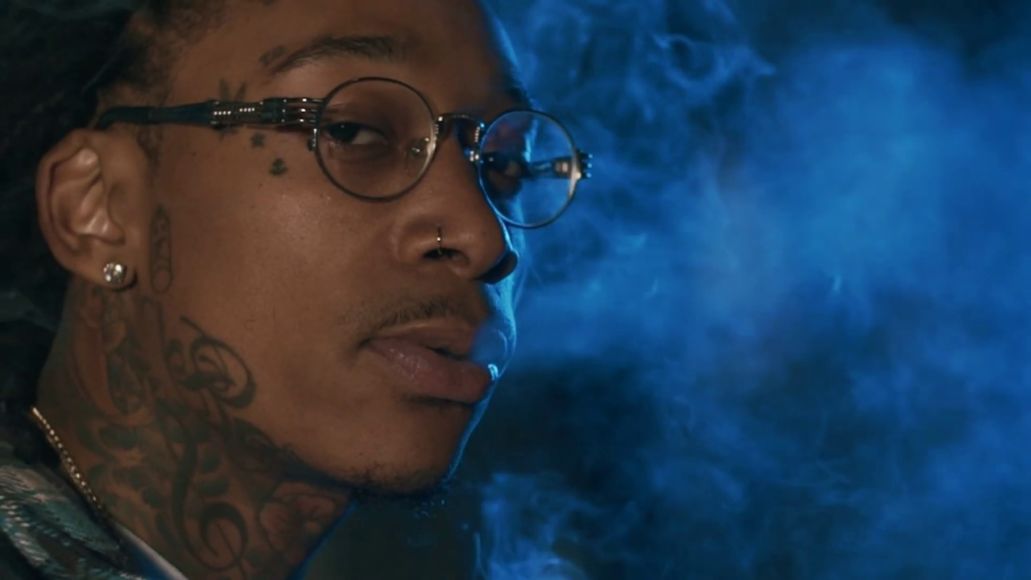




















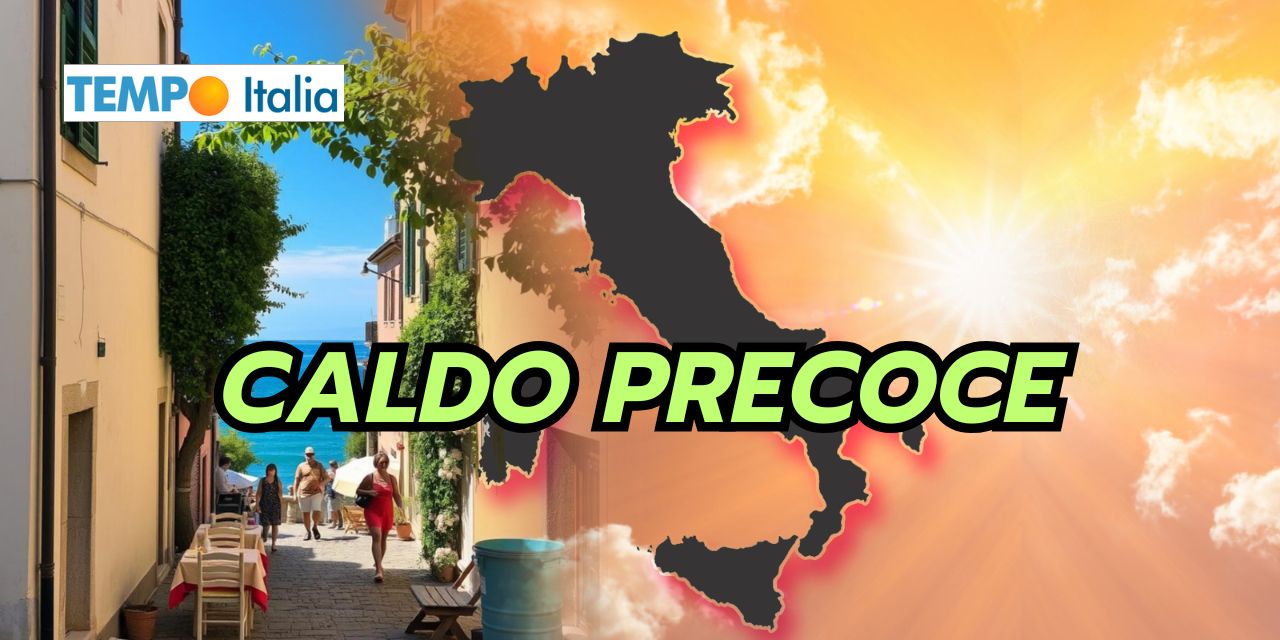
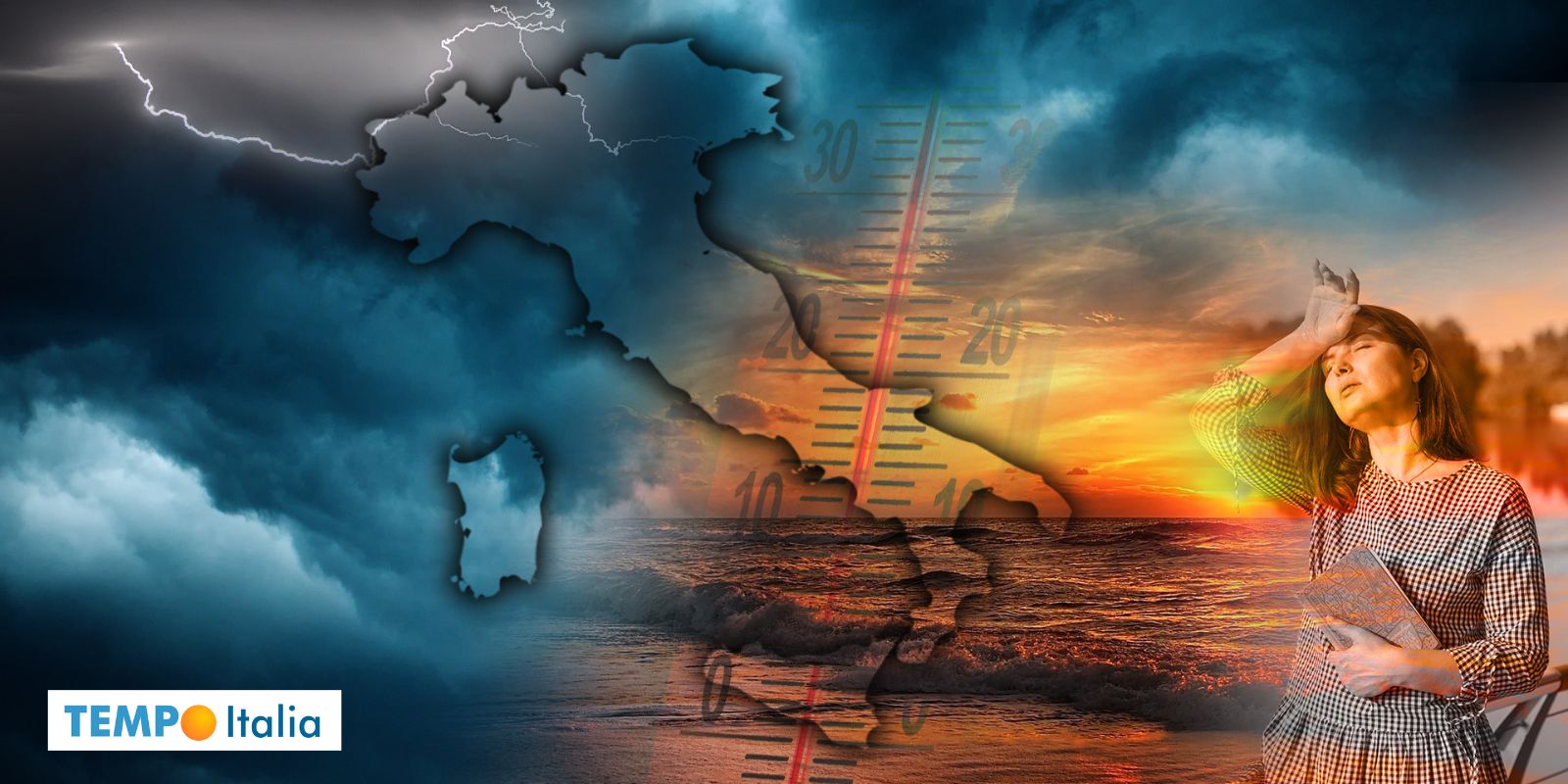
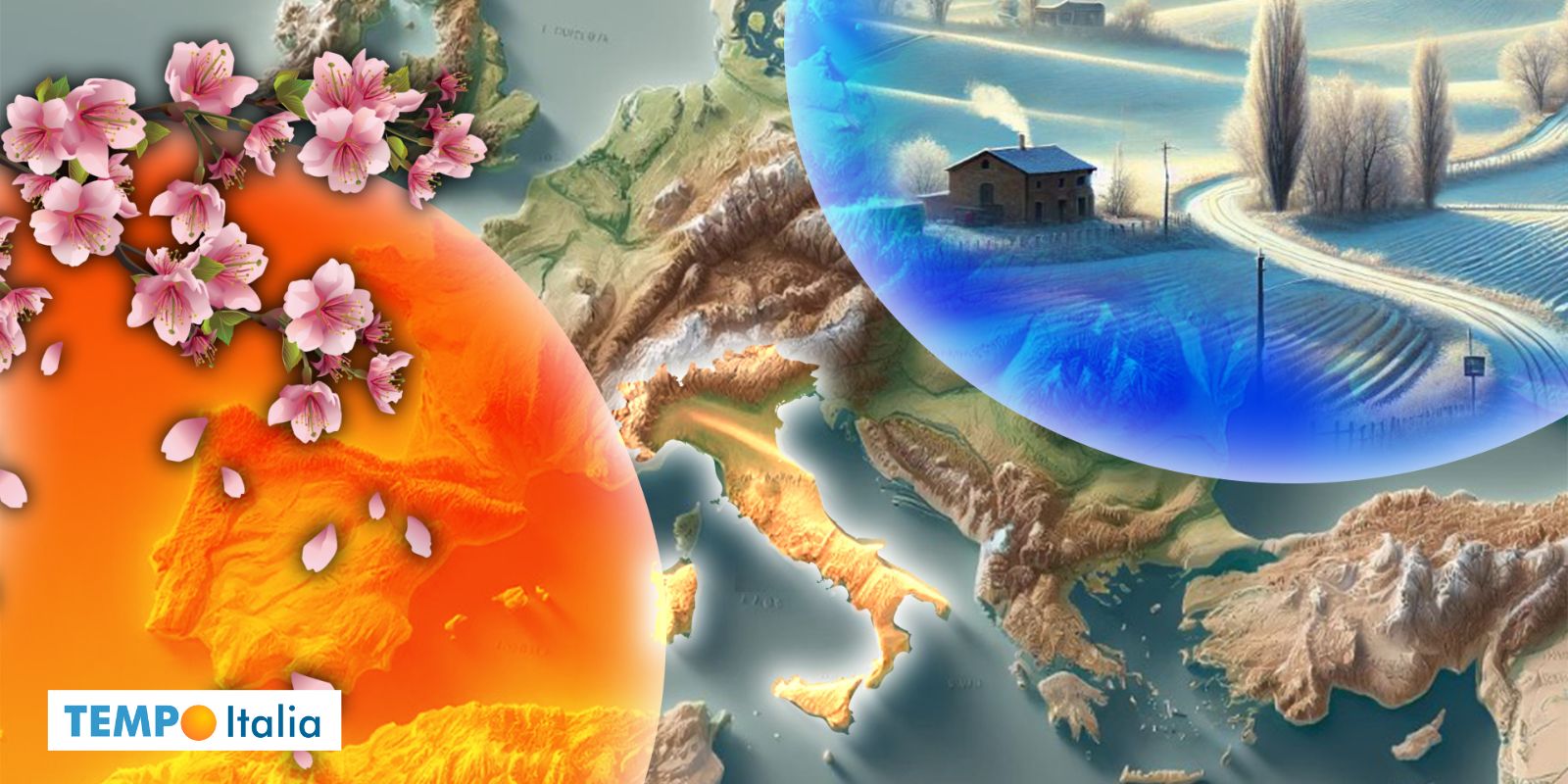





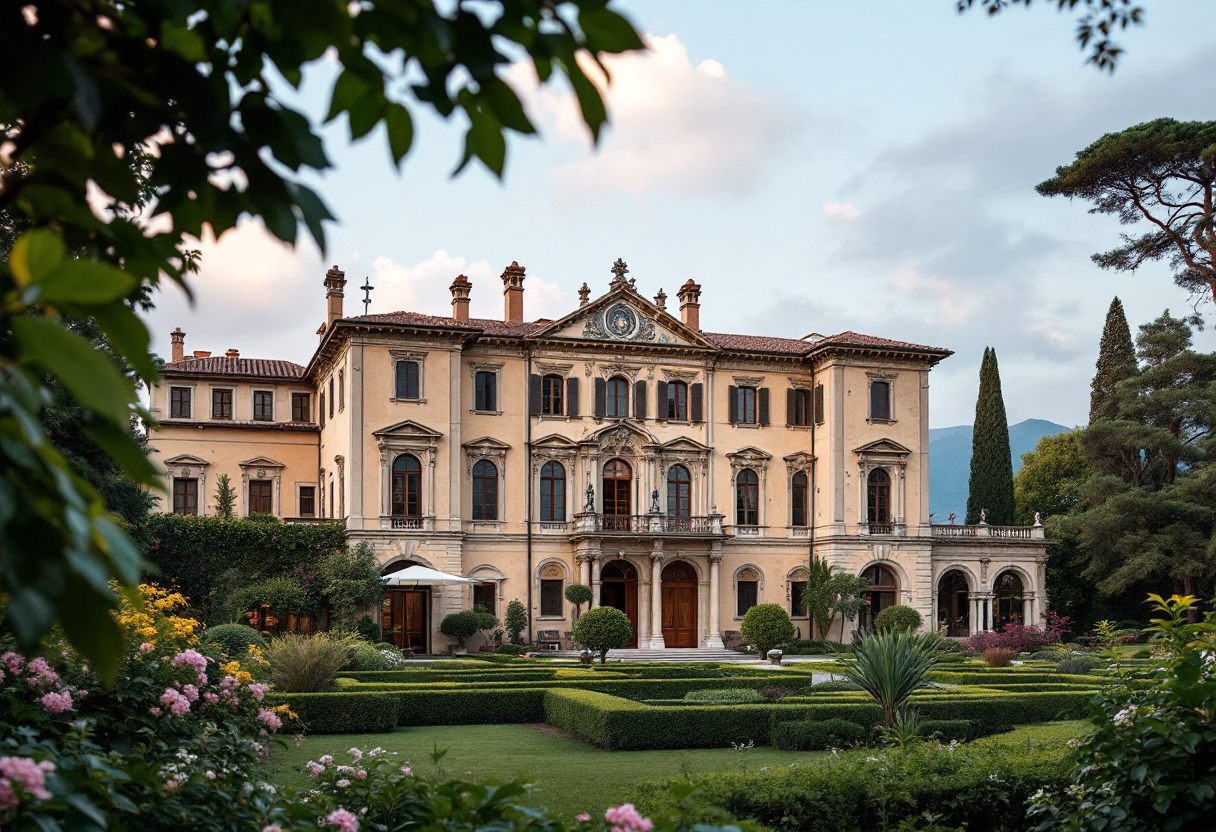
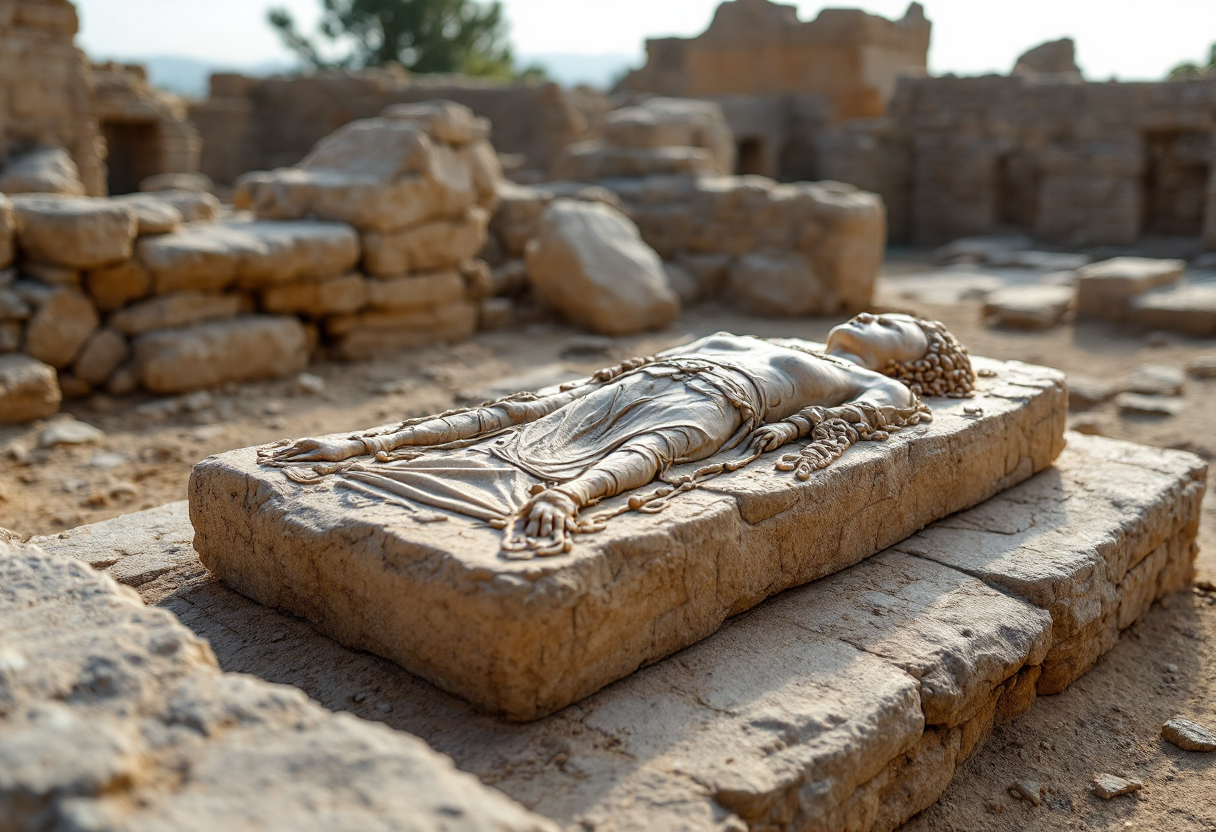

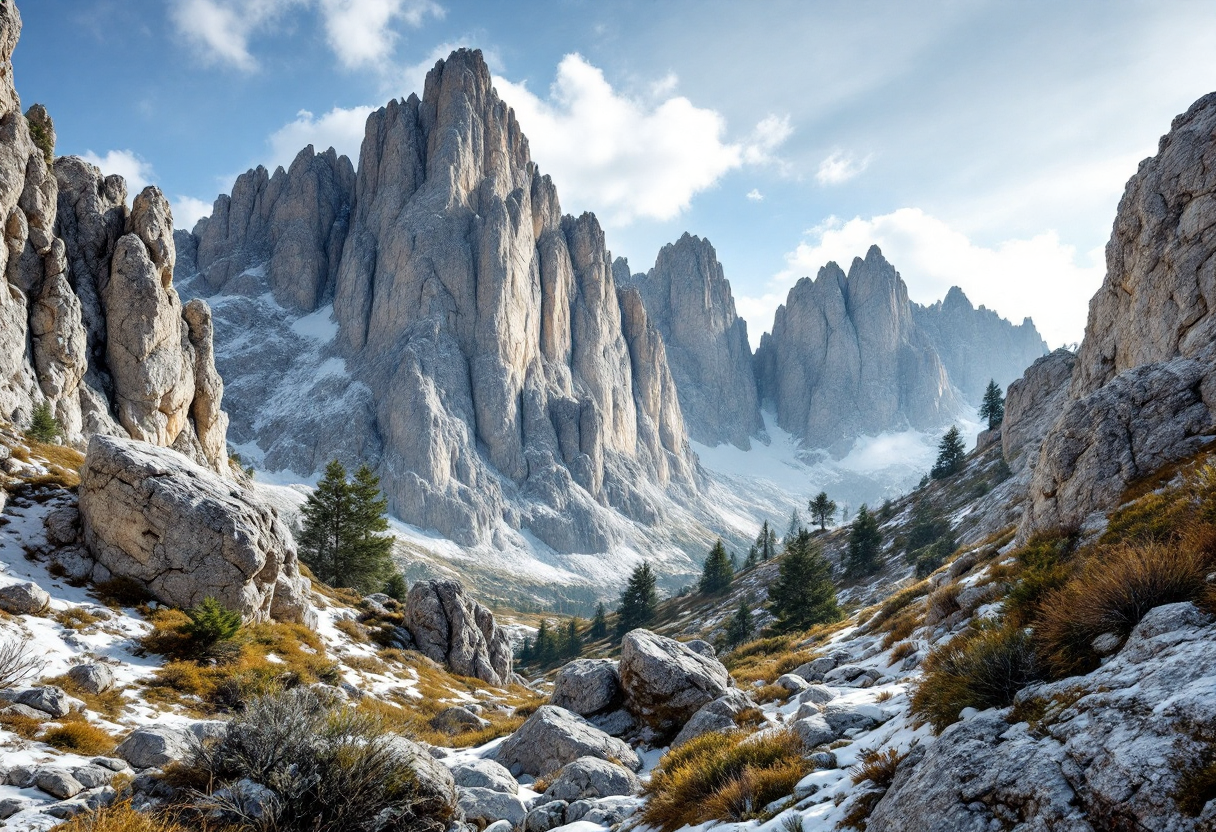




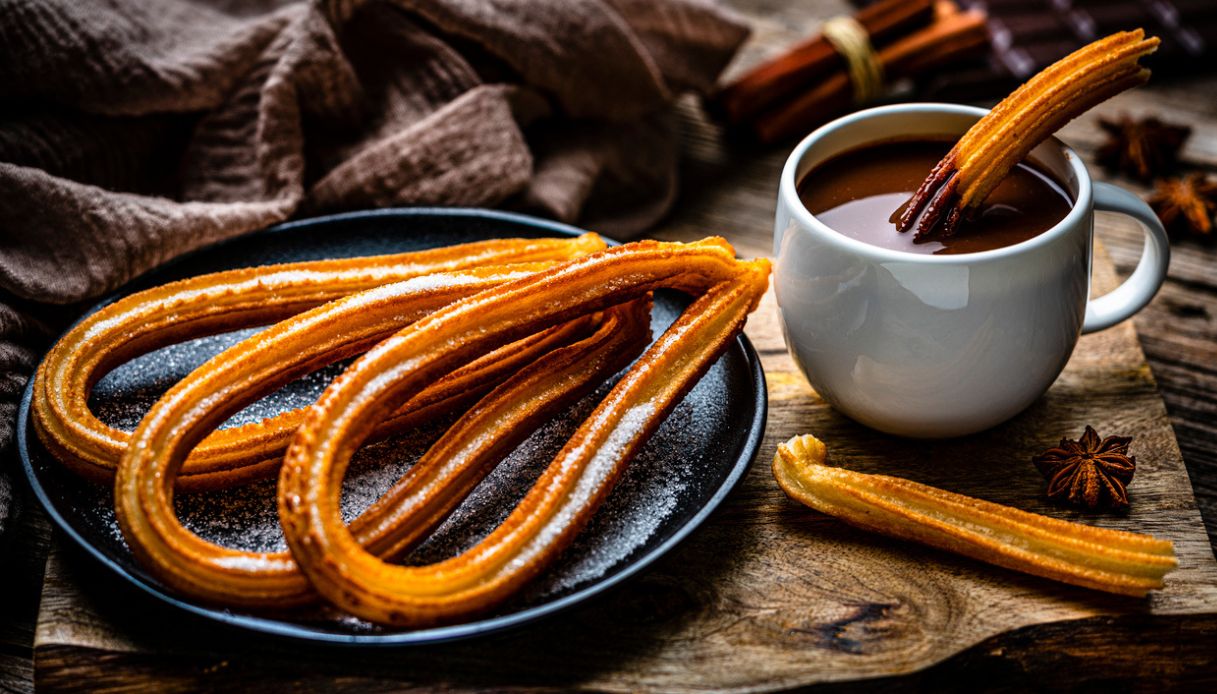
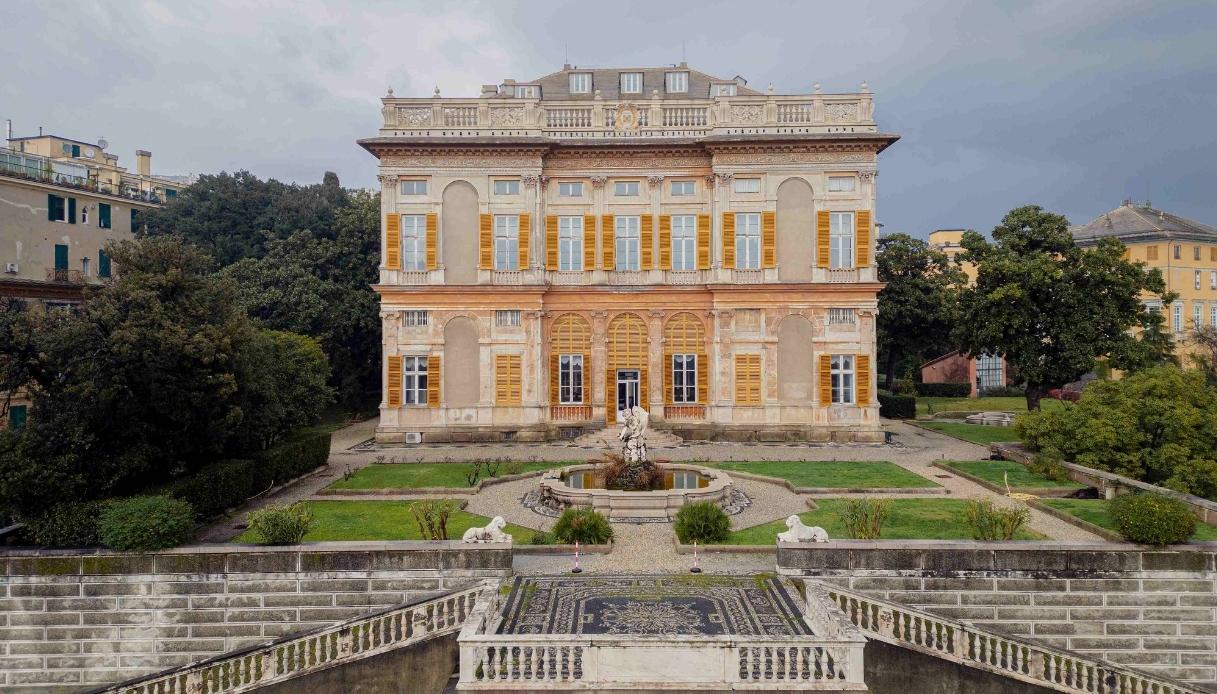

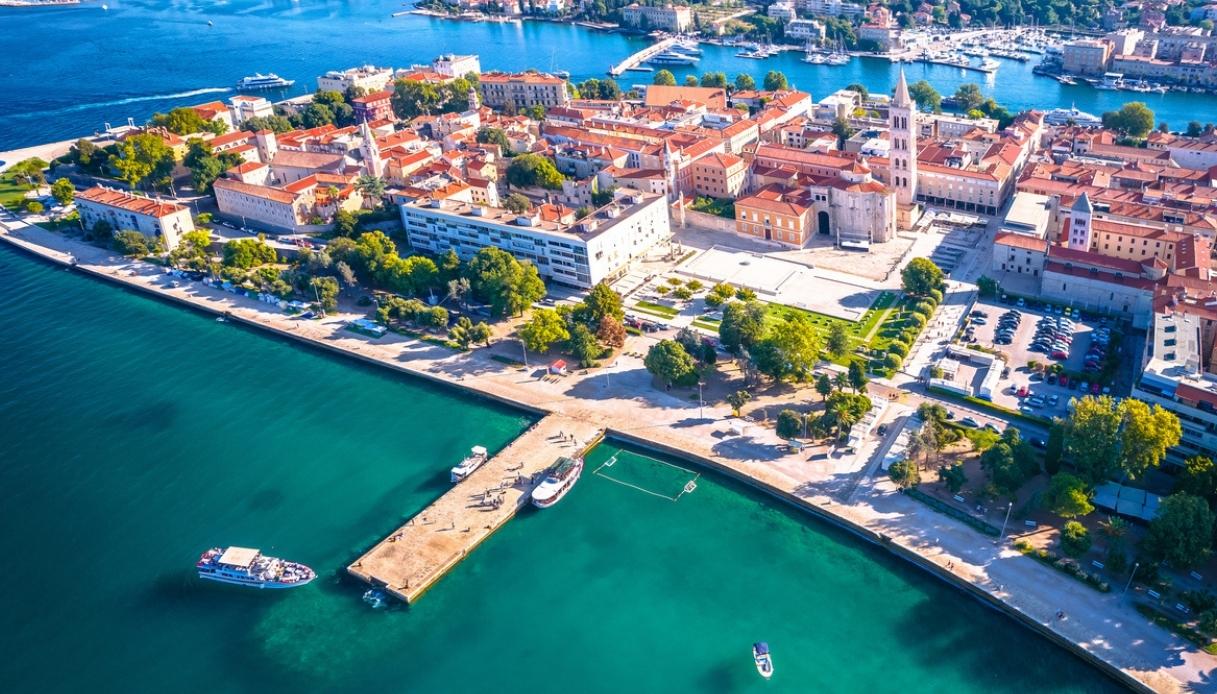
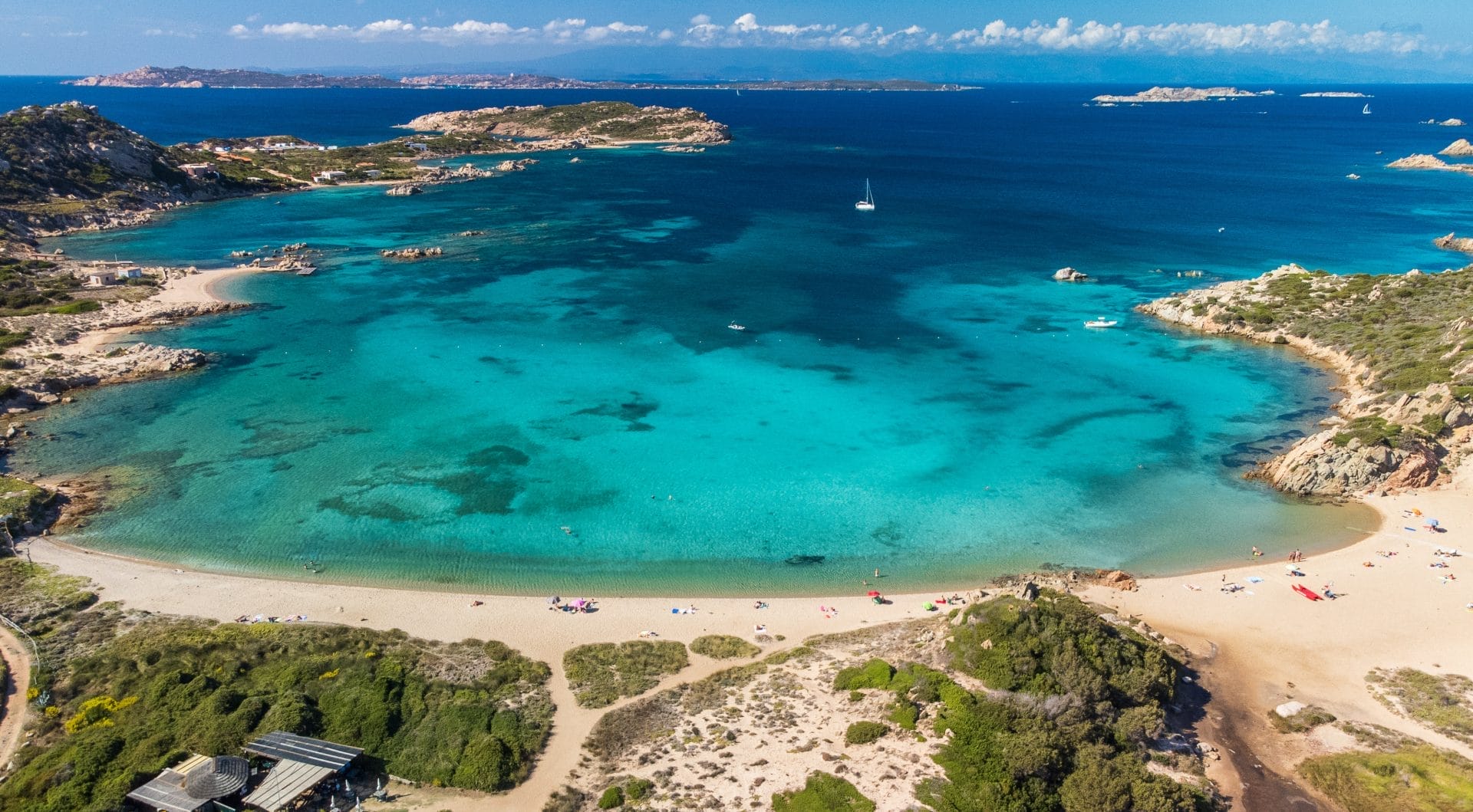
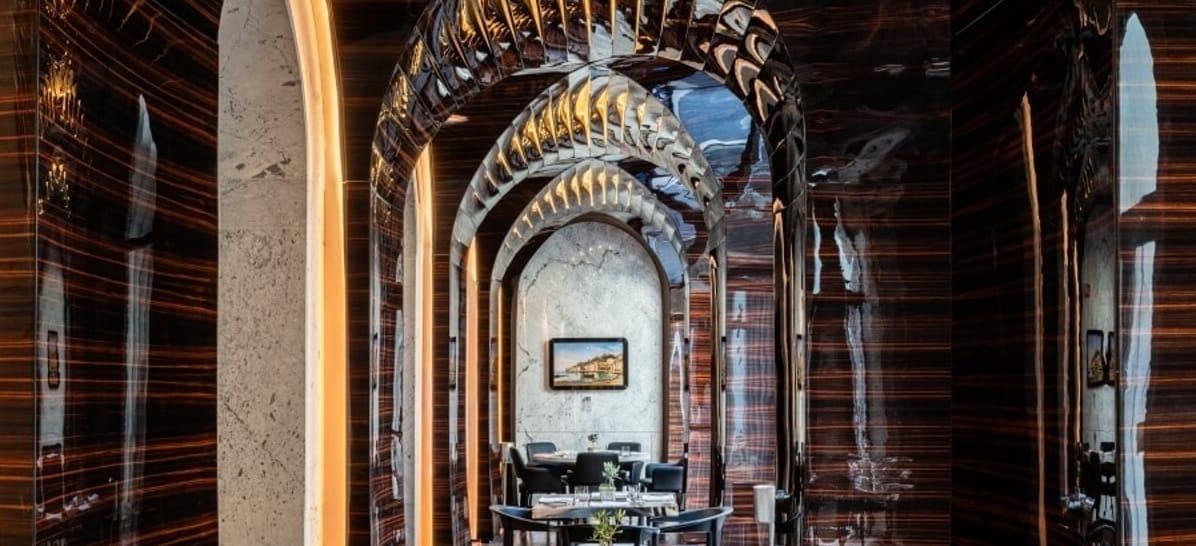
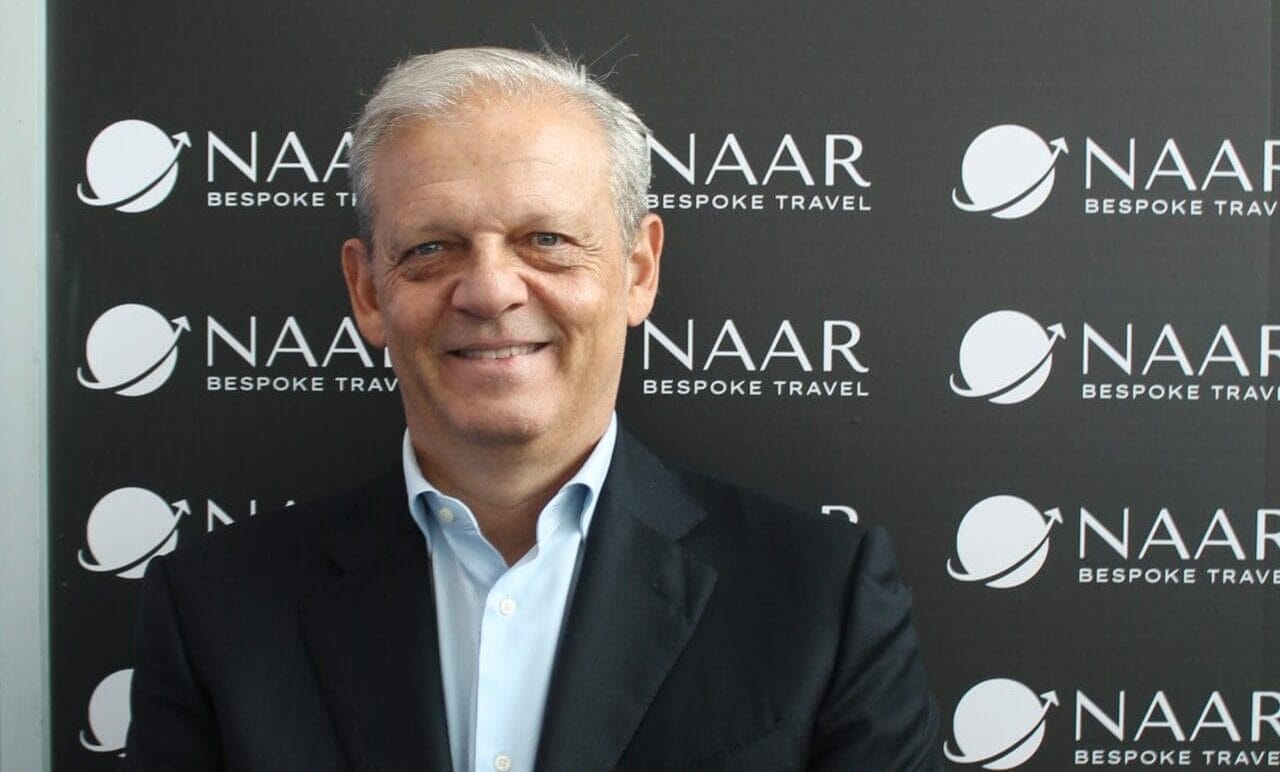













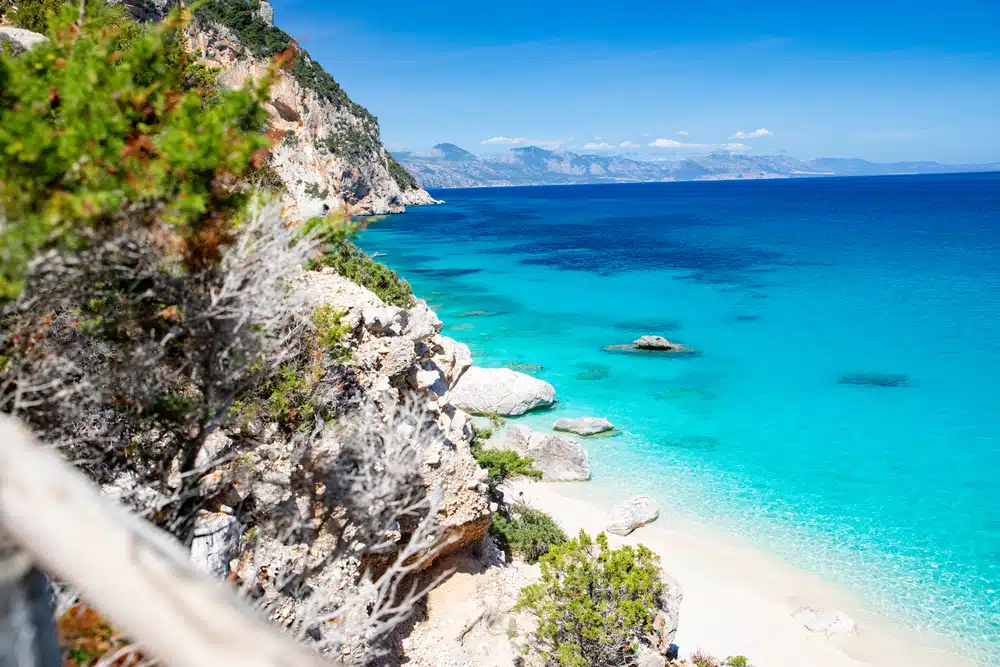
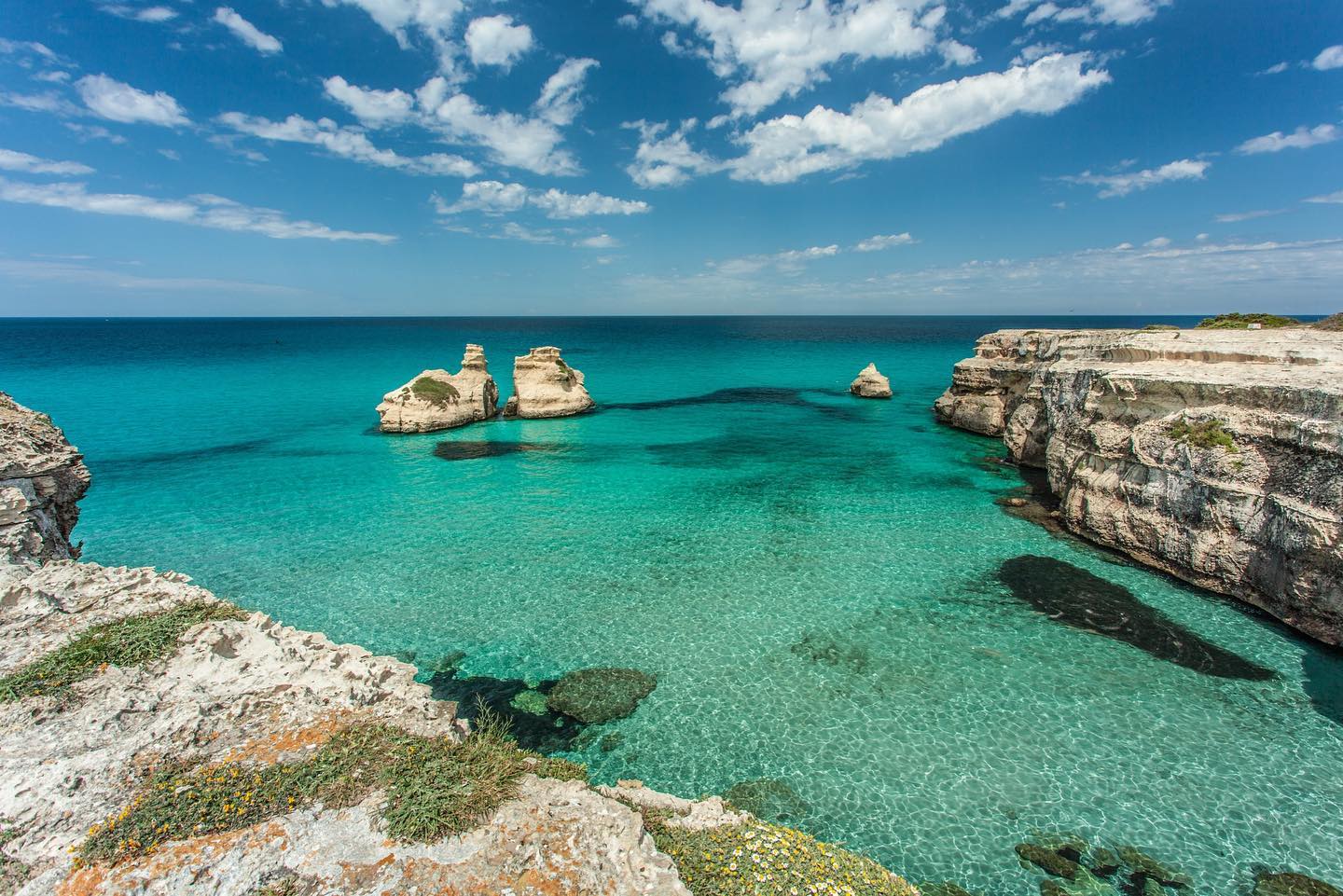






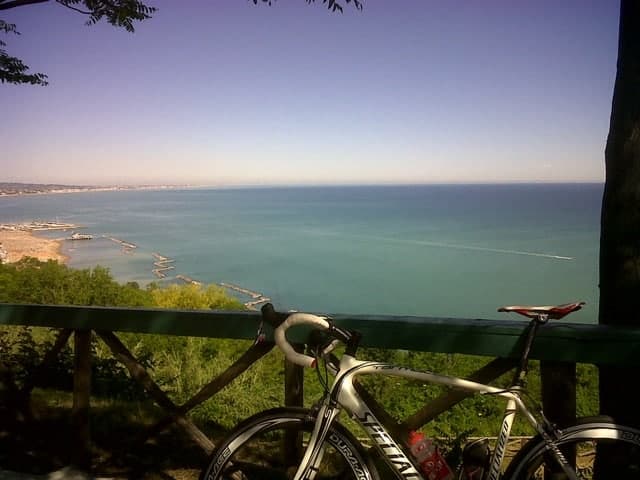
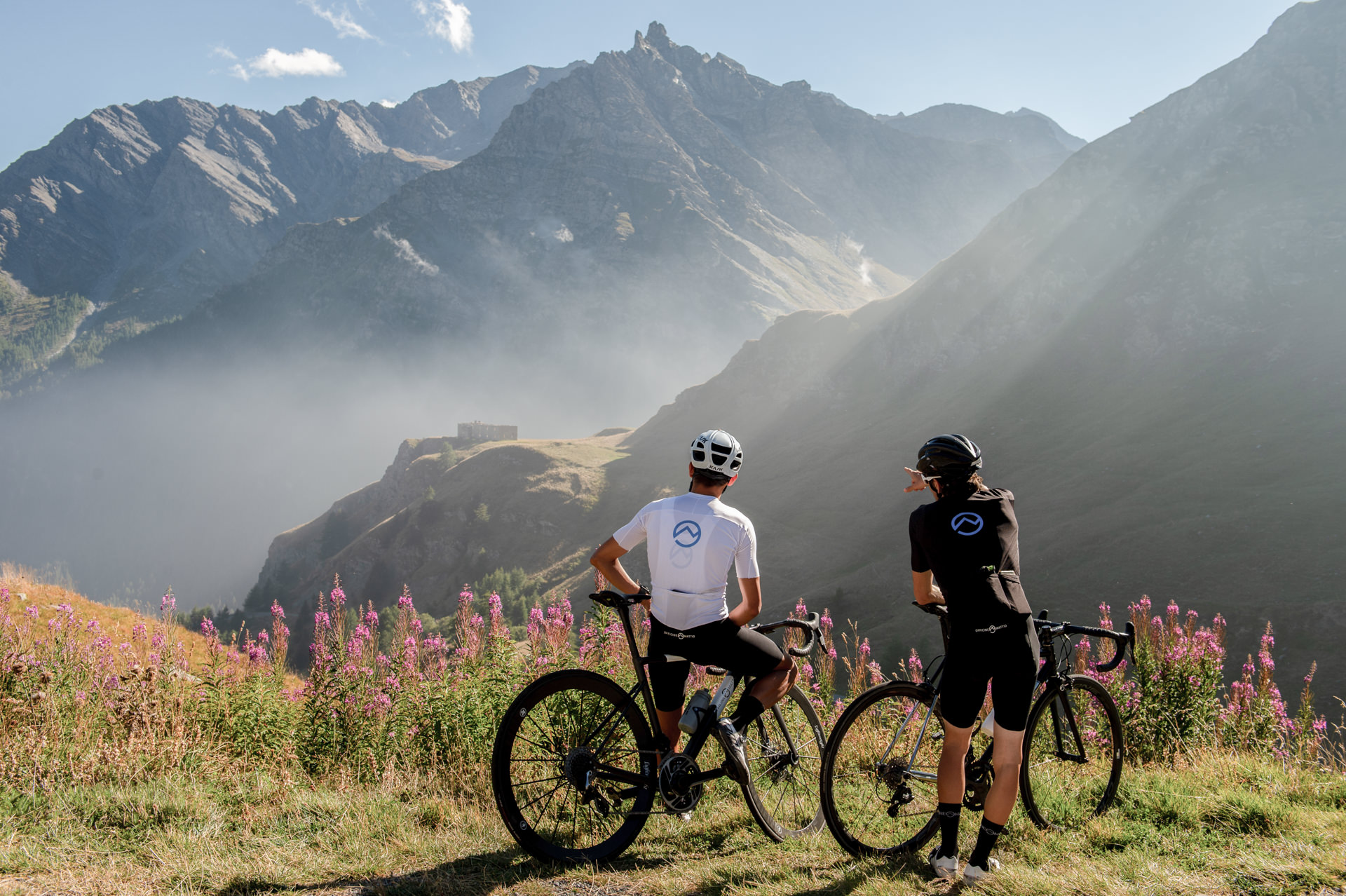






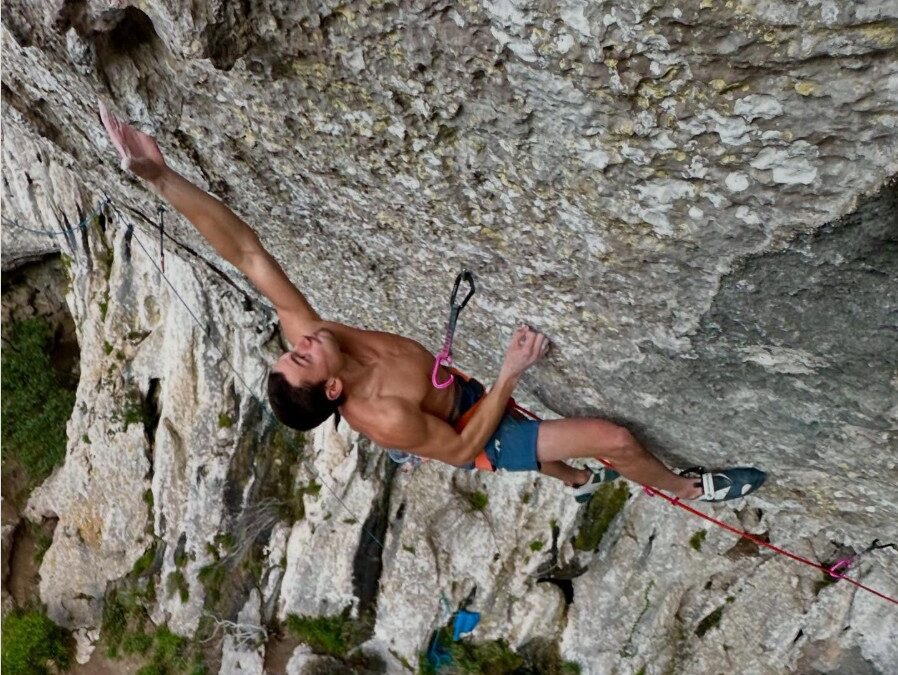
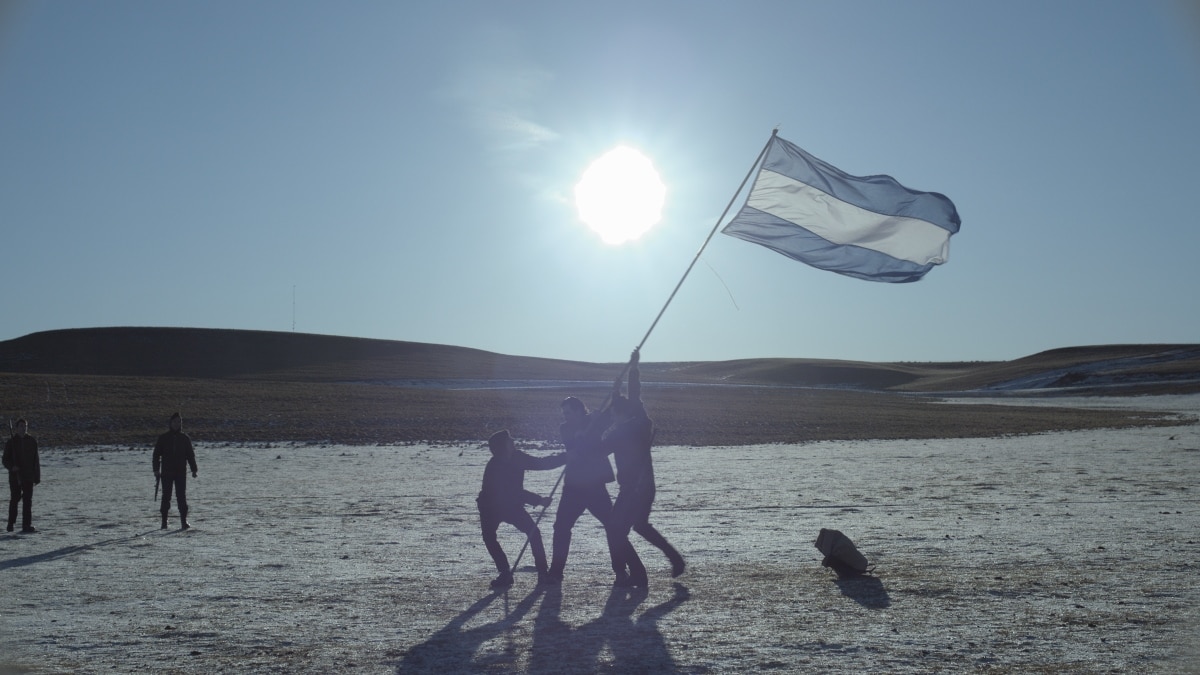
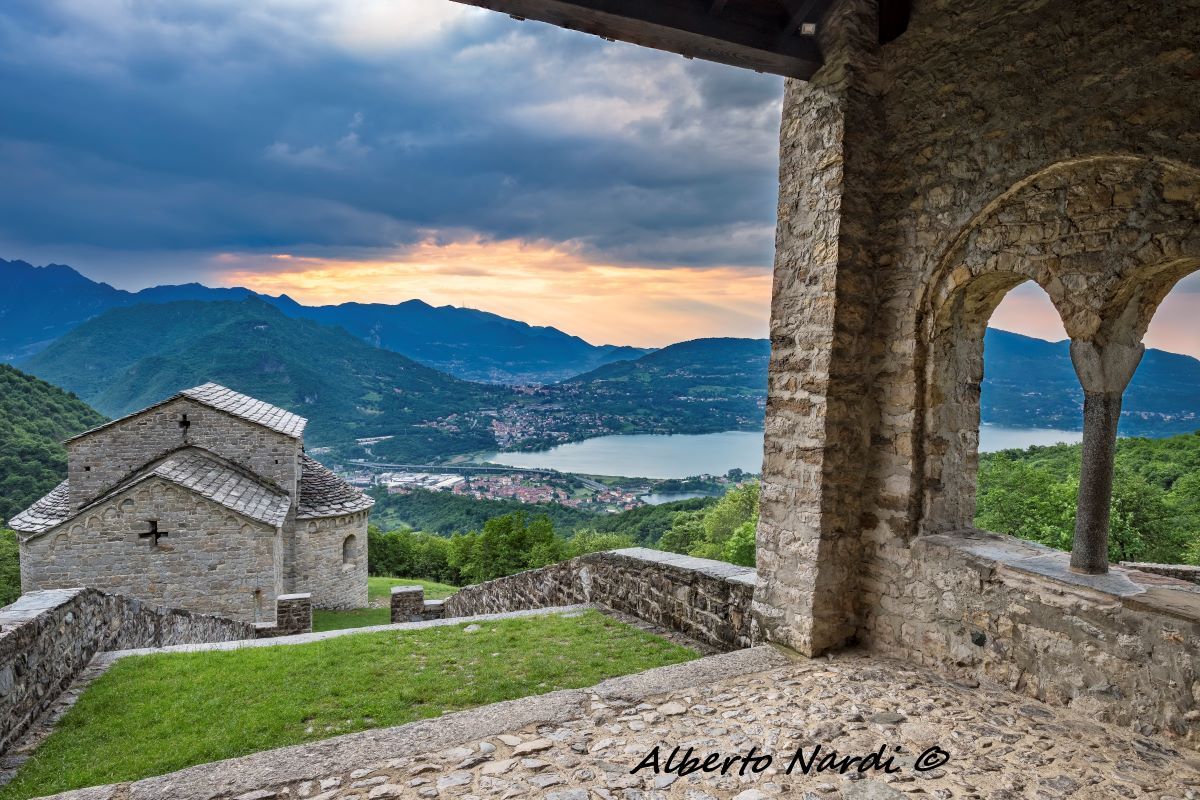
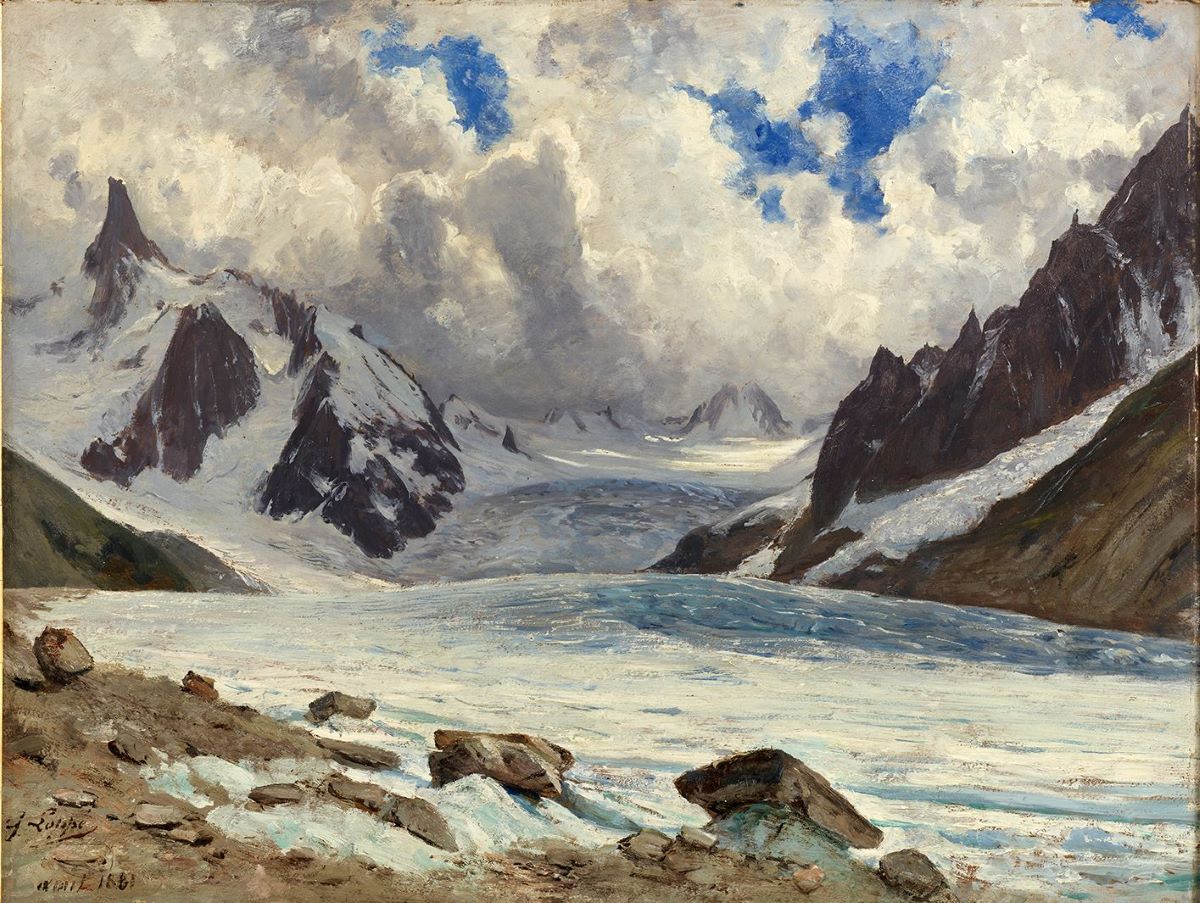

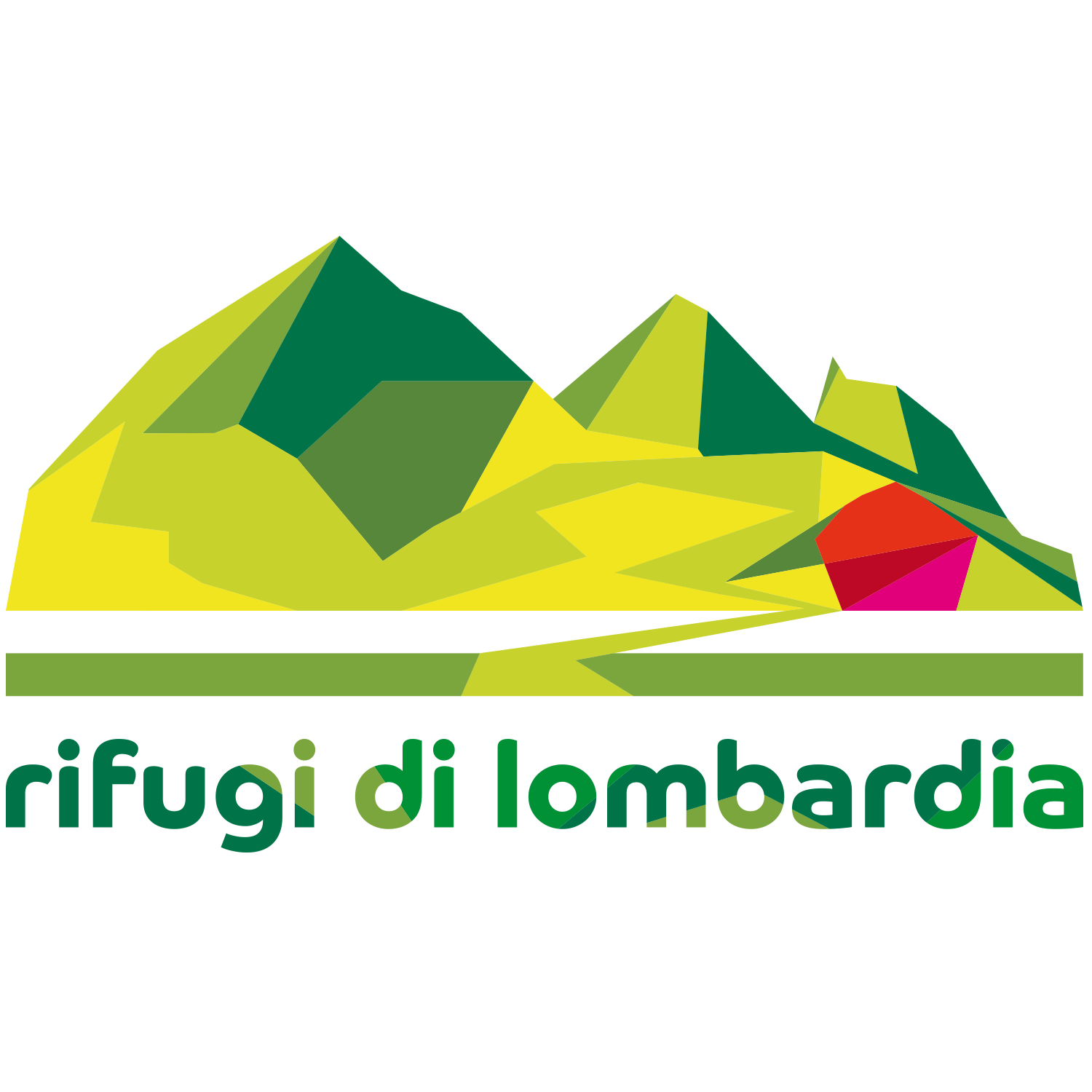
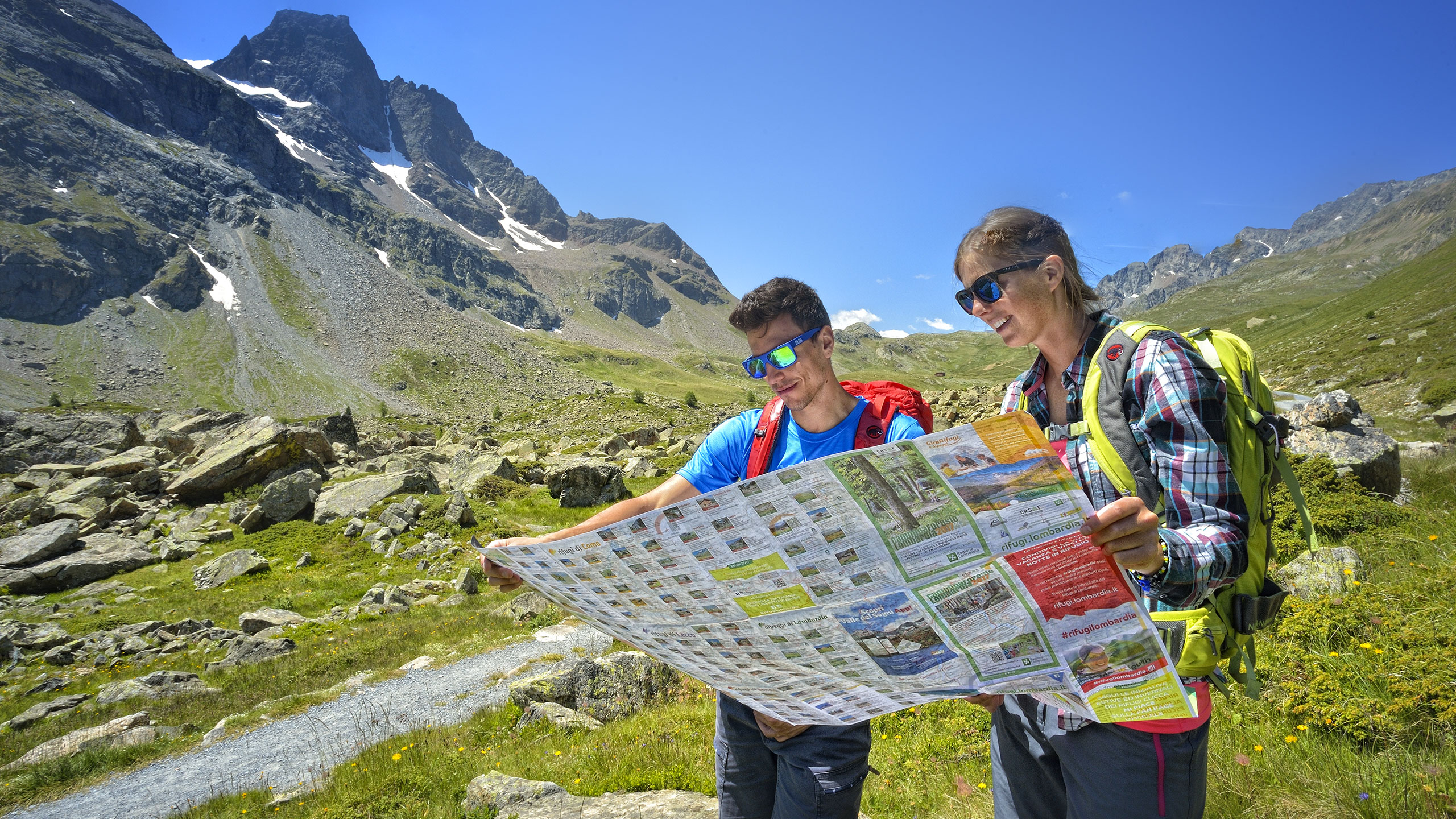



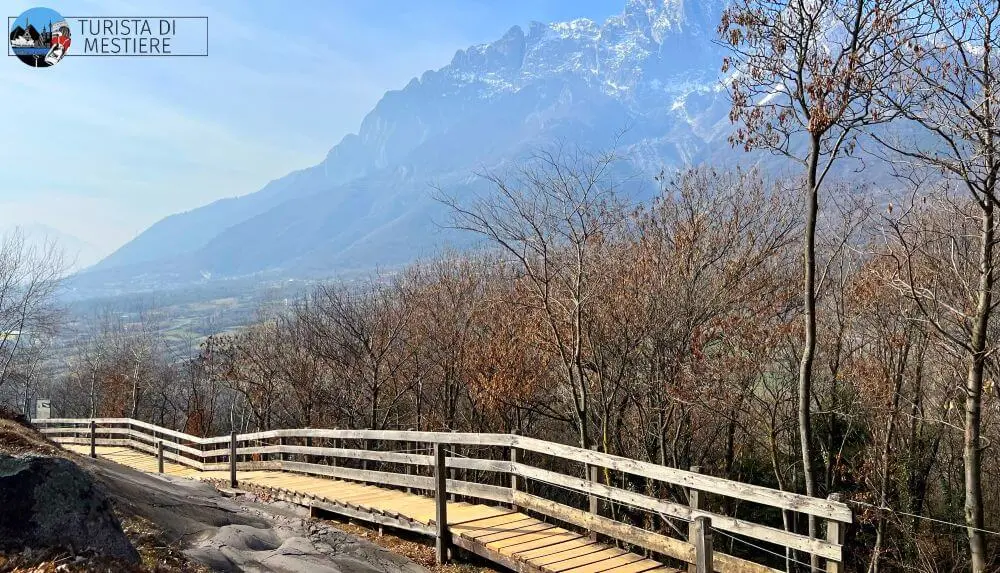
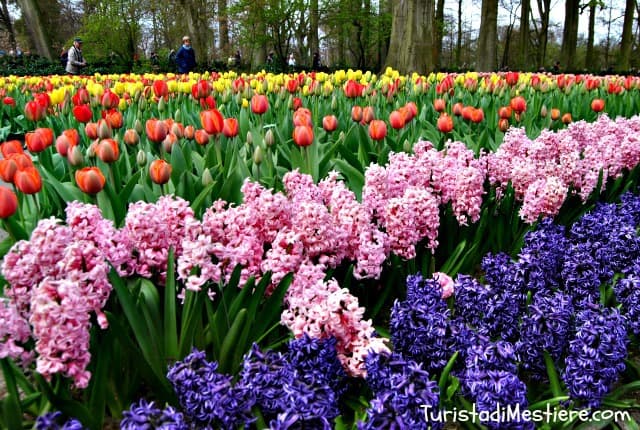
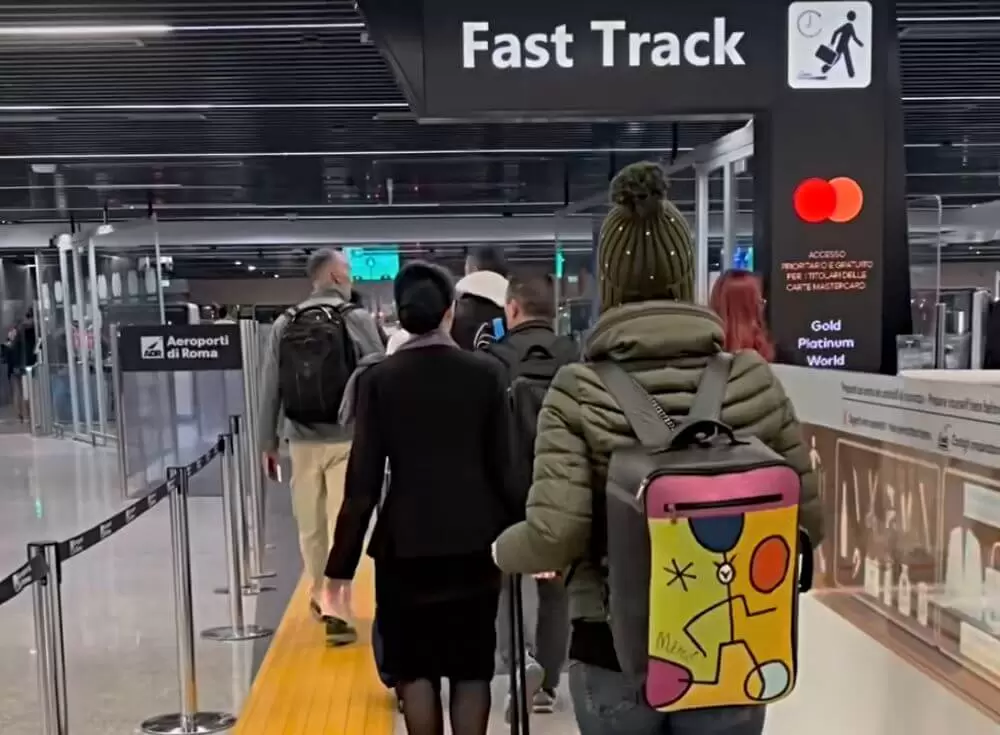
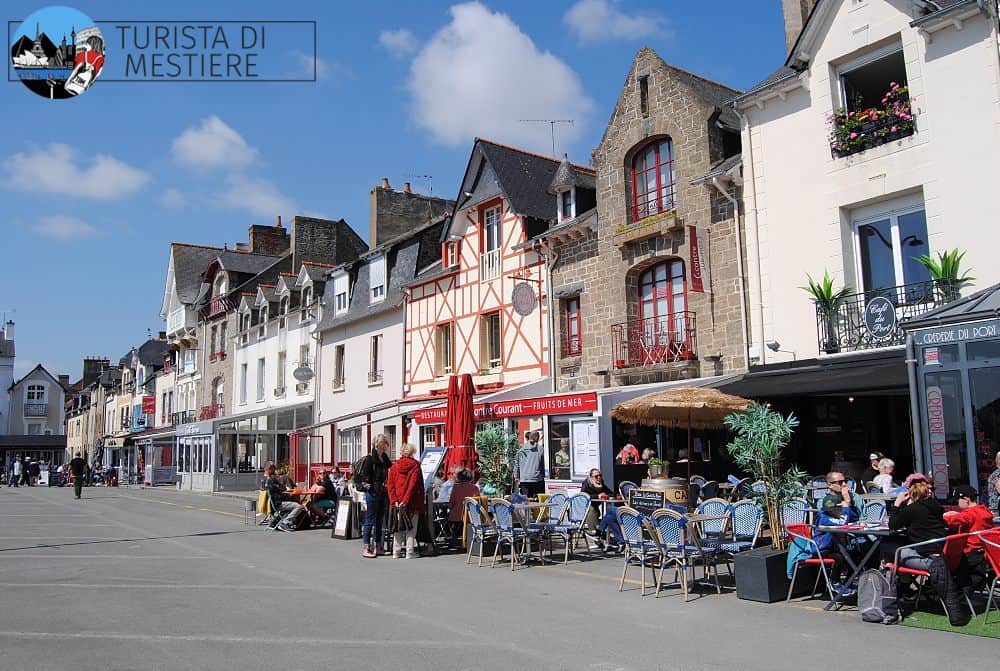
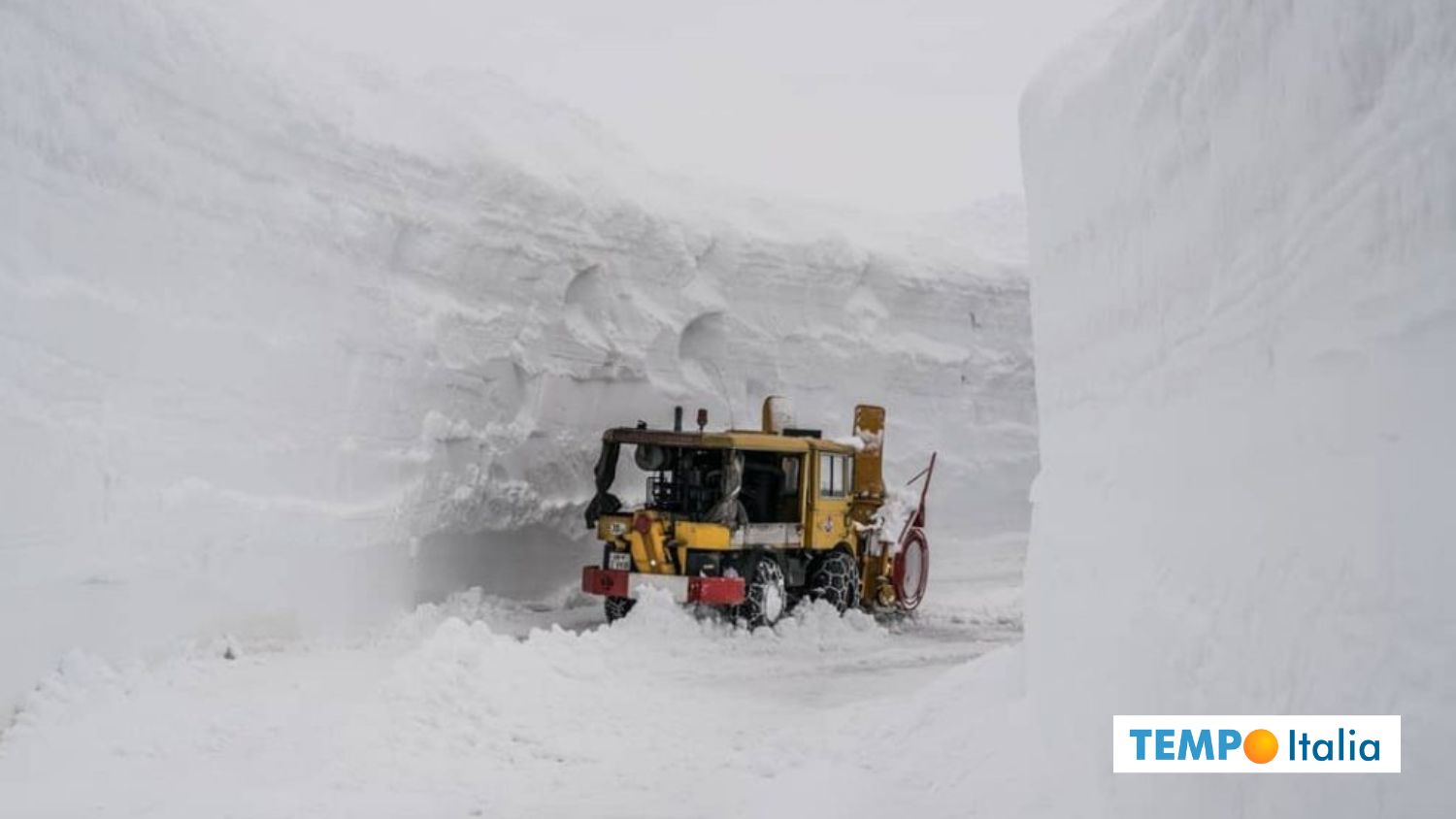

![Jonathan Kidd, TORRE [EYD] – Buscando Una Fiesta (Jonathan Kidd Remix)](https://www.parkettchannel.it/wp-content/uploads/ab67616d0000b2737276a22b6a6576daf090df2f.jpg)
